PLUS-Forum Retail Central Asia. Key trends in eCommerce and retail showed by Tashkent-2024
The International PLUS-Forum Retail Central Asia, one of the largest events in the CIS and Central Asia, was held in Tashkent on November 20-21, 2024. The event was supported by the National Agency for Perspective Projects of the Republic of Uzbekistan.
The large two-day event brought about key market participants in the International Hotel Tashkent to discuss global trends in retail and e-commerce, as well as SME development lines, the pace of digitalization of services, including public services, loyalty programmes, increase and automation of sales, etc.
PLUS-Forum Retail Central Asia is one of the most visited events in the industry in terms of both audience size and composition – business owners, top managers and key employees. This year, over 1,000 delegates applied for participation.
Among the key speakers were representatives of Mastercard, Wildberries, NielsenIQ, b1, Milkhouse, KPMG, Eeeng ЯQН, POIZON, YandexAds, Korzinka, INFOLine, Beeline Uzbekistan, ASBIS Apple VAD, Technodom, Baraka Market, VkusVill, SDEK, Asakabank, Ishonch, Technomart, OrientSwiss, PwC, A GROUP MOTORS, TVS PAYME, Zood Mall and many others.
Title sponsor – Mastercard
There were over 90 speakers at the event, and 49 exhibitors from many countries around the world, including Belarus, Great Britain, Iceland, Spain, Kazakhstan, China, Kyrgyzstan, Latvia, Lithuania, UAE, Russia, Tajikistan, Türkiye, Uzbekistan, France and Sweden, presented their products, technologies and services at the exhibition.
 Mastercard
Mastercard 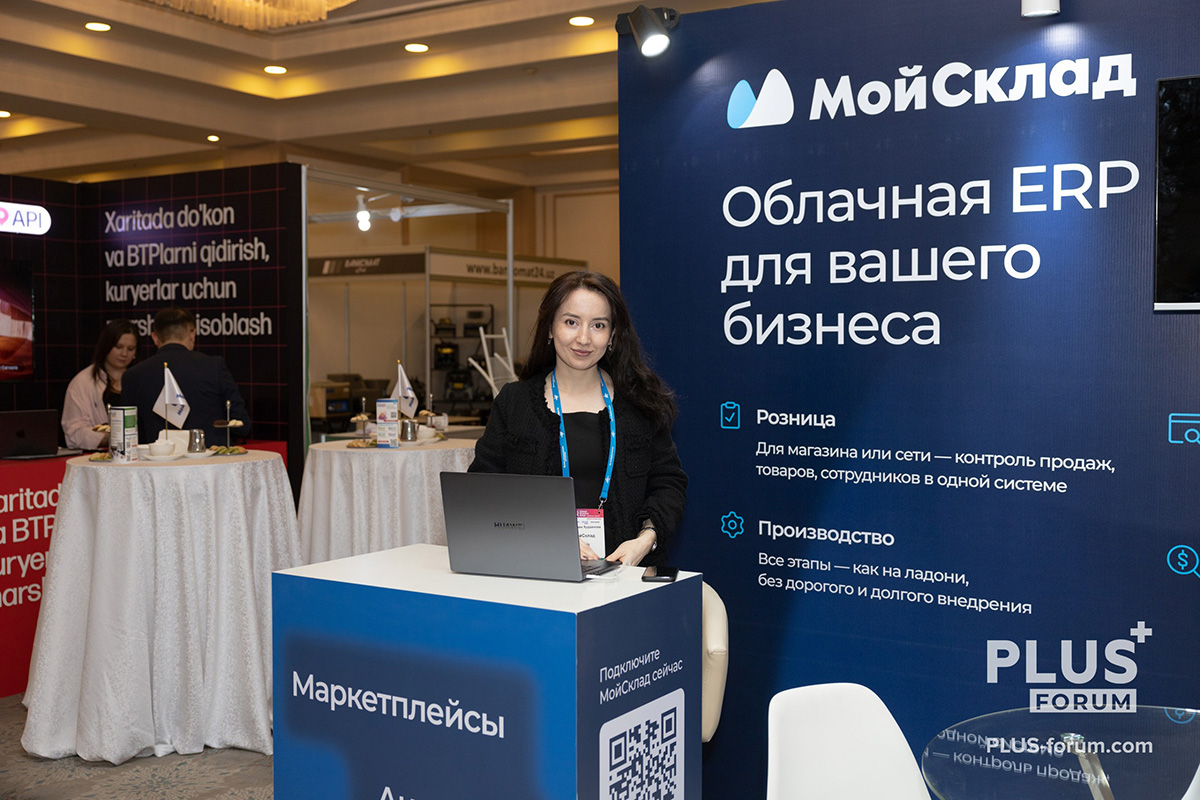 MoySklad
MoySklad 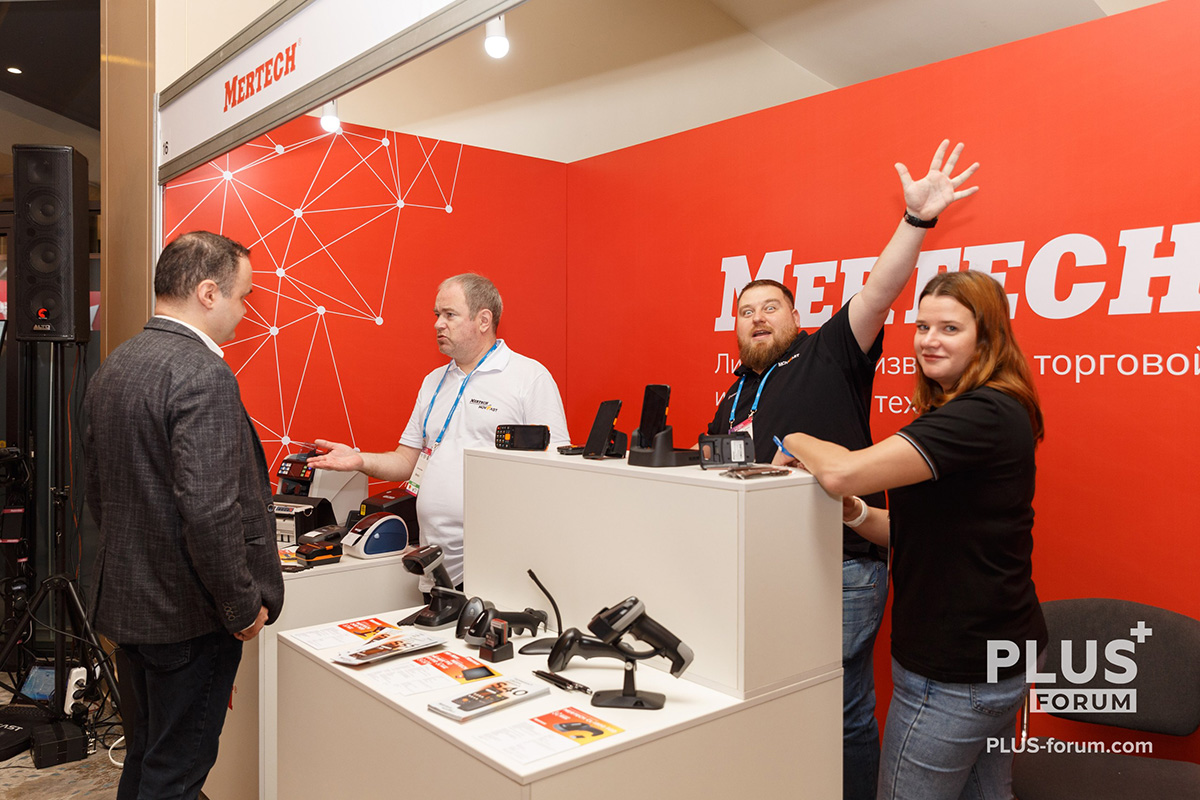 Mertech
Mertech 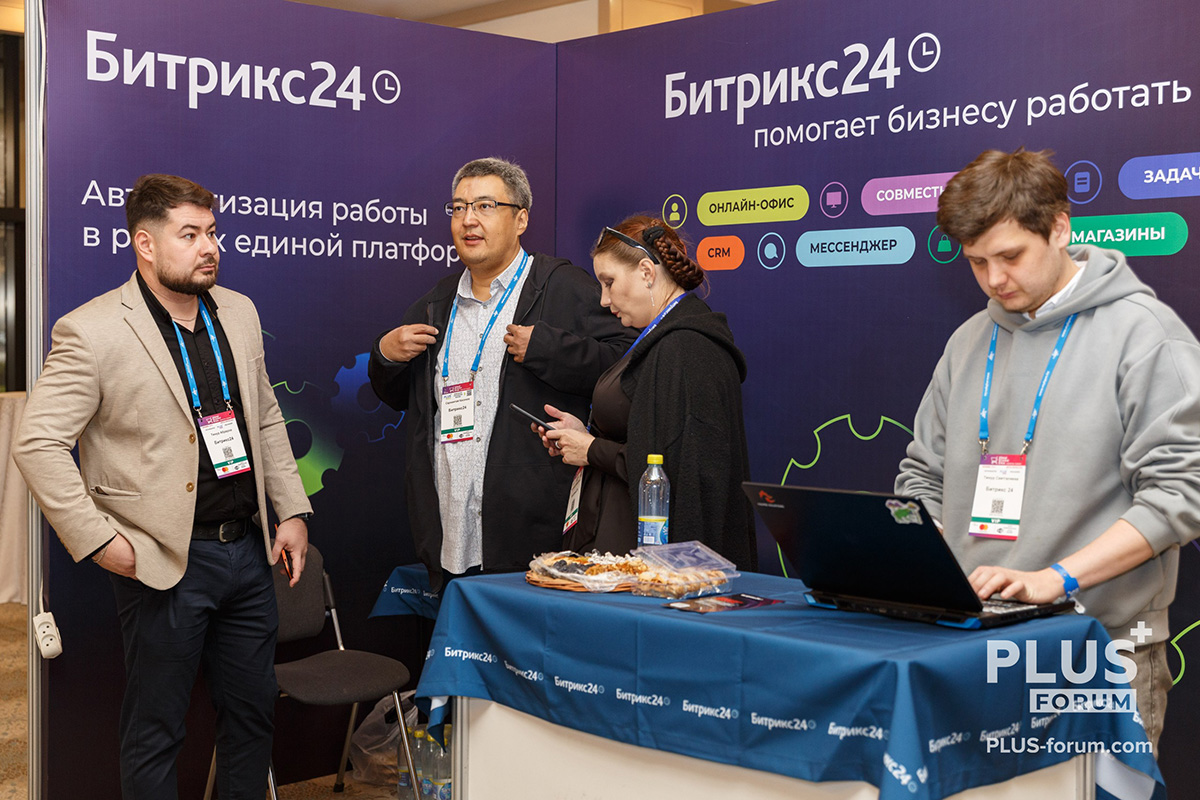 Bitrix24
Bitrix24 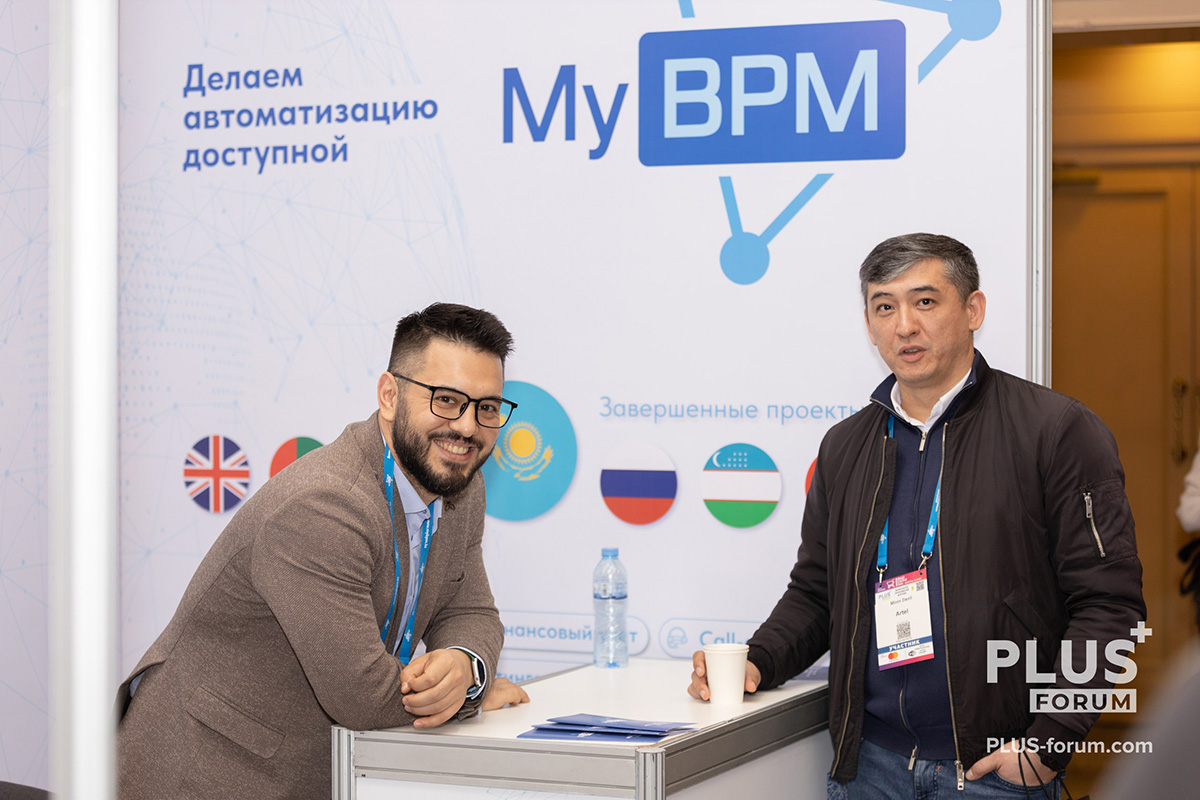 MyBPM
MyBPM
The full list of Partners, Sponsors and Media Partners of the International PLUS-Forum Retail Central Asia is available .here.
Retail Central Asia. Day One
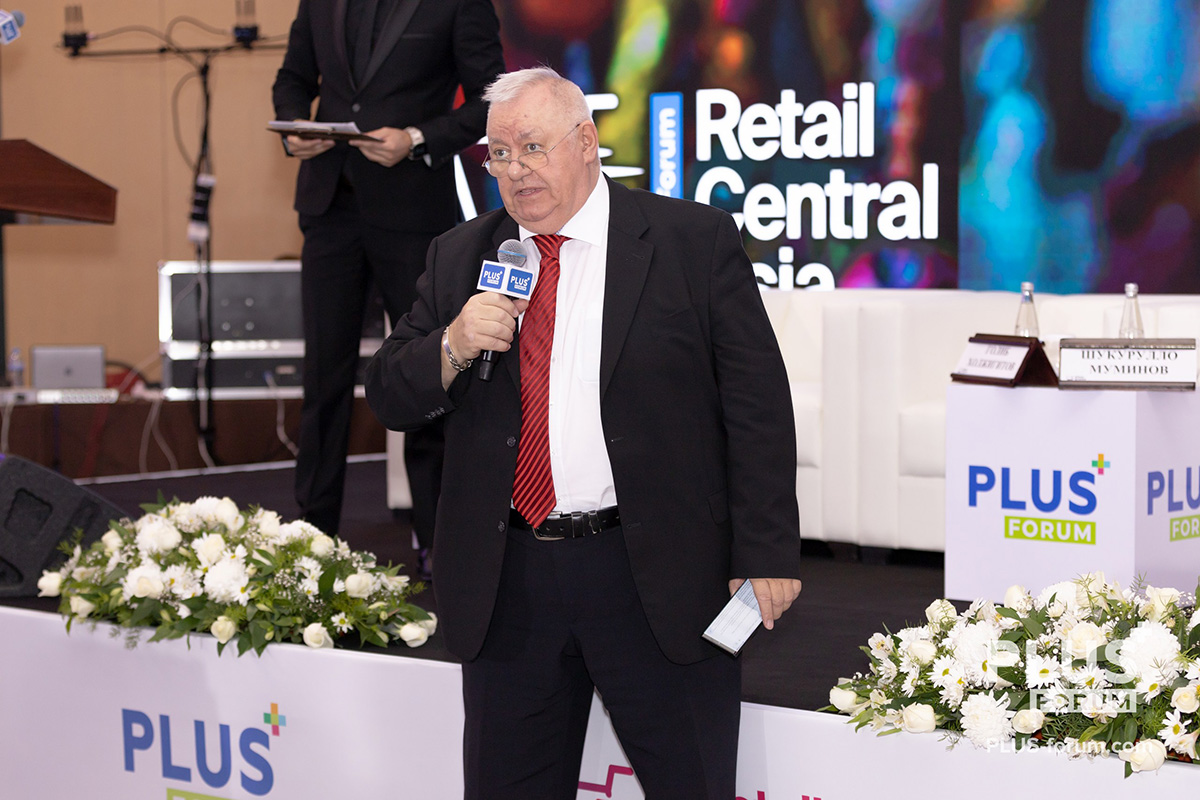 Alexander Grizov - Steering Committee Chairman
Alexander Grizov - Steering Committee Chairman
Historically, when opening the PLUS-Forum Retail Central Asia in Tashkent, Steering Committee Chairman Alexander Grizov greeted the delegates with his welcoming speech: “We have been holding PLUS-Forums for as long as 16 years and during this time we have organized more than 50 events. One of our main tasks is to confirm the status of the PLUS-Forum Retail Central Asia in Tashkent as the most powerful and extremely useful business platform that will allow us to jointly discuss the crucial issues related to the most relevant areas of industry development.”
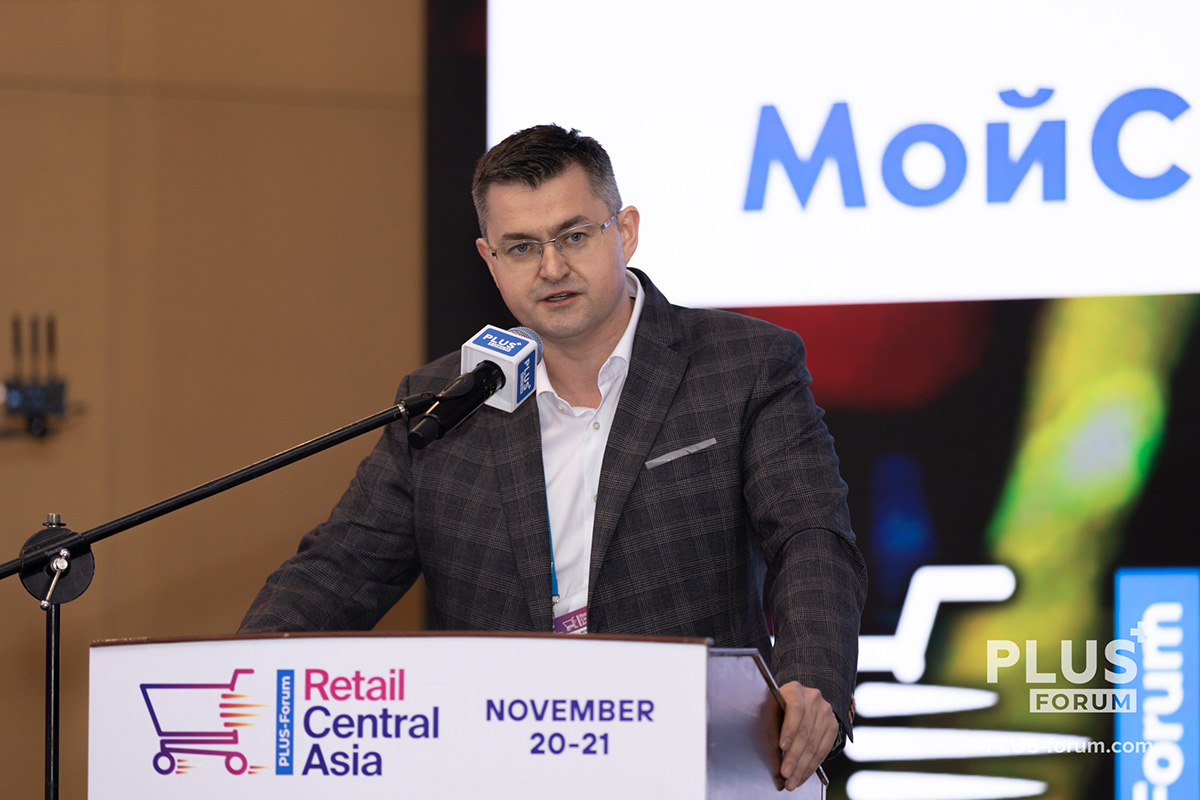 Konstantin Grizov - PLUS Group
Konstantin Grizov - PLUS Group
When opening the working programme of the PLUS-Forum conference, PLUS Group CEO and Steering Committee Deputy Chairman Konstantin Grizov welcomed the delegates and expressed gratitude to all Sponsors and Partners of the PLUS-Forum. “Our contribution to the digitalization of Uzbekistan has not gone unnoticed, and we see it by analysing the changes made during those four years when we have been holding PLUS-Forums in the countries of Central Asia,” he noted. Konstantin Grizov emphasized the importance of the event for the region and informed that, on the eve of the Forum, he took part in a television programme with representatives of the Central Asia Fintech Association and the E-Commerce Association of Uzbekistan, where the development of retail, logistics and fintech was discussed. He expressed gratitude to Mastercard for their support as the Title Sponsor of Retail Central Asia, and also acknowledged the contribution of all participants to the development of digitalization in Central Asia.
New industry trends were discussed by participants of the plenary session “Retail 2024 in Central Asian Countries”.
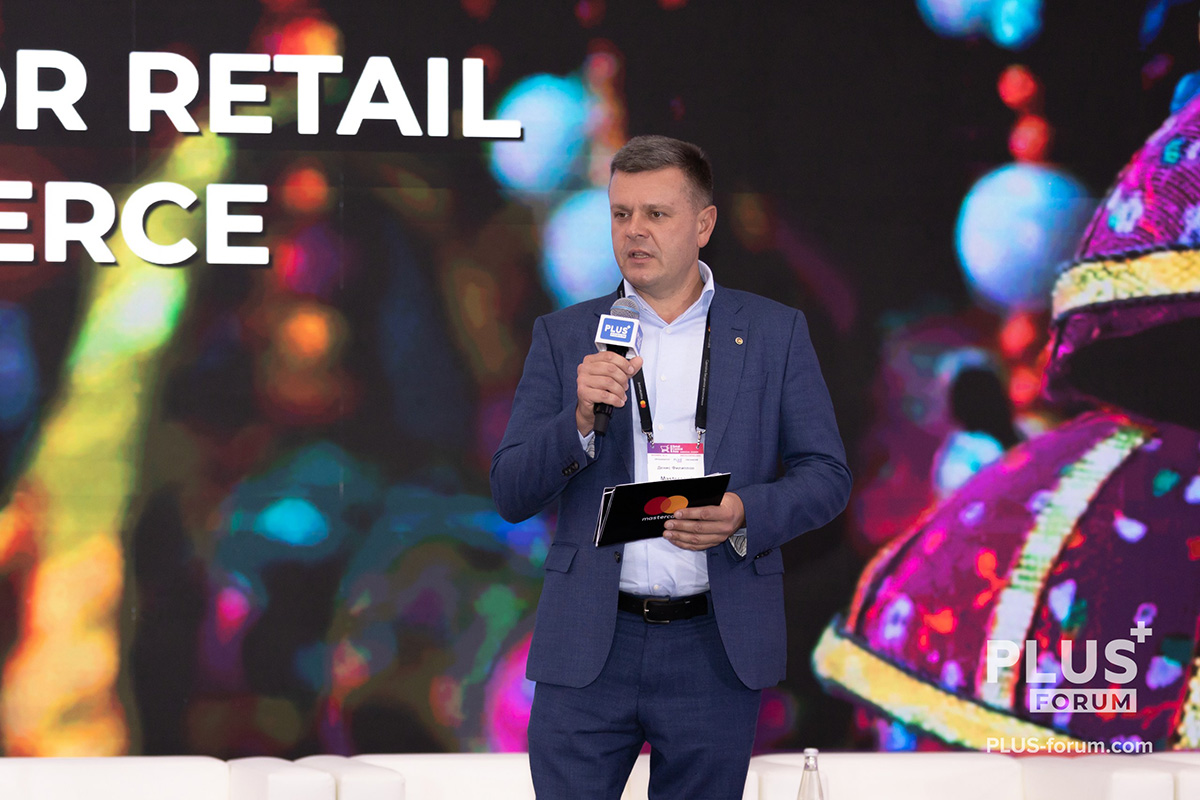 Denis Filippov - Mastercard
Denis Filippov - Mastercard
Denis Filippov, CEO of Mastercard in Uzbekistan, expressed gratitude to the event organizers for the opportunity to act as the Title Sponsor of the Forum: “PLUS-Forum Retail Central Asia is not just a platform for exchanging experience, but an opportunity for businesses to find effective solutions that help scale in a rapidly changing market.”
The expert noted that Mastercard opened an office in Uzbekistan a year ago, and has been actively involved in the development of the country's financial ecosystem since then. Mastercard is establishing cooperation with key market participants and implementing projects aimed at developing technologies and digitalization. One of the significant achievements was Digital Country Partnership, a digital partnership agreement with the Central Bank of Uzbekistan, aimed at developing payment security and e-commerce.
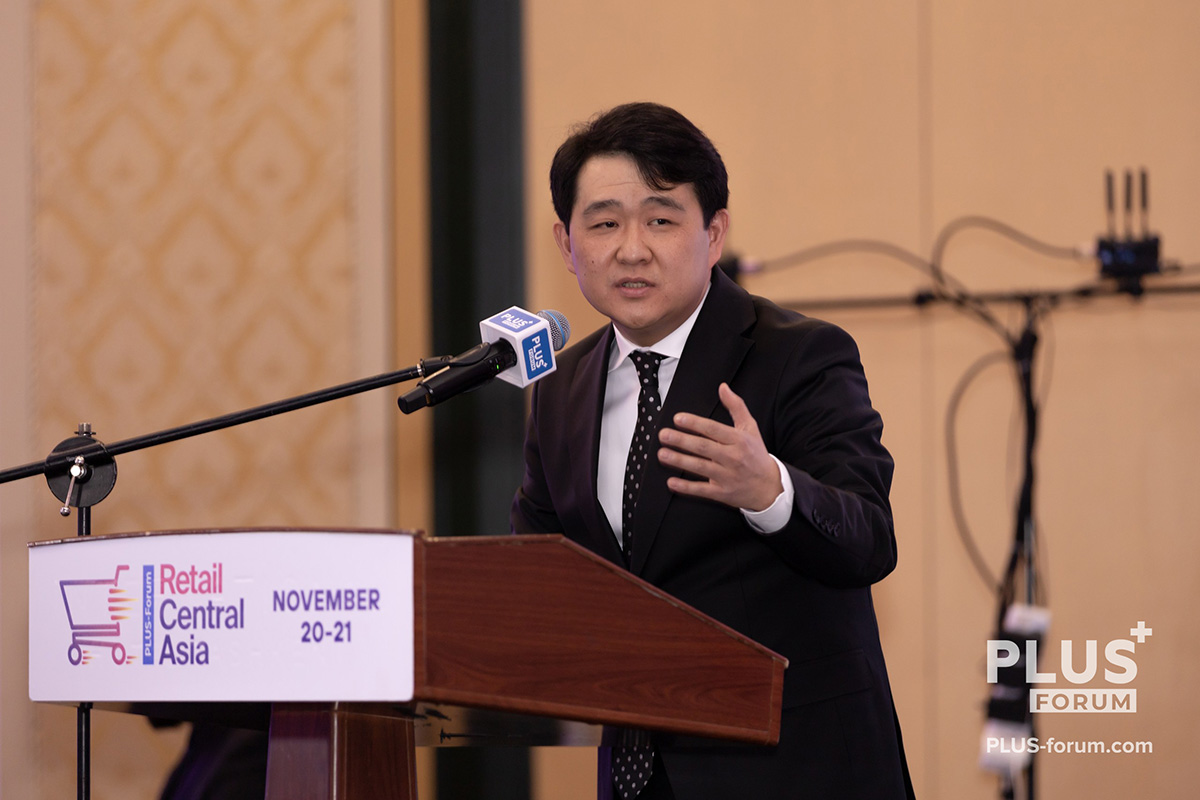 Vyacheslav Pak - NAPP
Vyacheslav Pak - NAPP
Vyacheslav Pak, First Deputy Director, National Agency of Perspective Projects of the Republic of Uzbekistan (NAPP), recalled that this agency is the regulator of e-commerce in the country. According to him, the industry is demonstrating rapid growth and a significant impact on economic development. Today, both domestic and foreign players are present in the e-commerce market of Uzbekistan.
NAPP is working energetically to improve the regulatory framework for e-commerce.
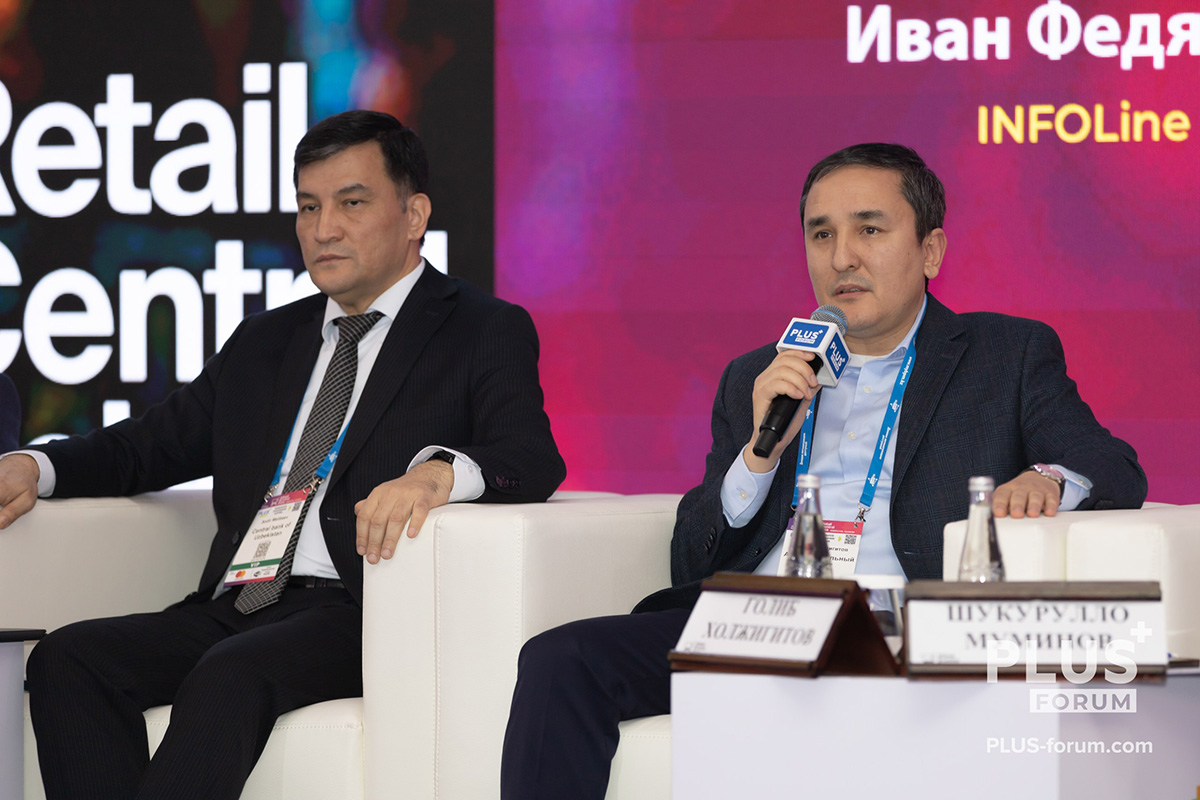 Golib Kholjigitov - Advisor to the Chairman of the Competition Promotion and Consumer Protection Committee
Golib Kholjigitov - Advisor to the Chairman of the Competition Promotion and Consumer Protection Committee
Golib Kholjigitov, Advisor to the Chairman of the Competition Promotion and Consumer Protection Committee of the Republic of Uzbekistan, noted that the country is actively developing digital economy legislation. In particular, a resolution regulating the digital platforms operation was adopted in 2023. The speaker emphasized that legislative initiatives are primarily aimed at creating conditions for transparent competition, preventing price manipulation and providing consumers with choice.
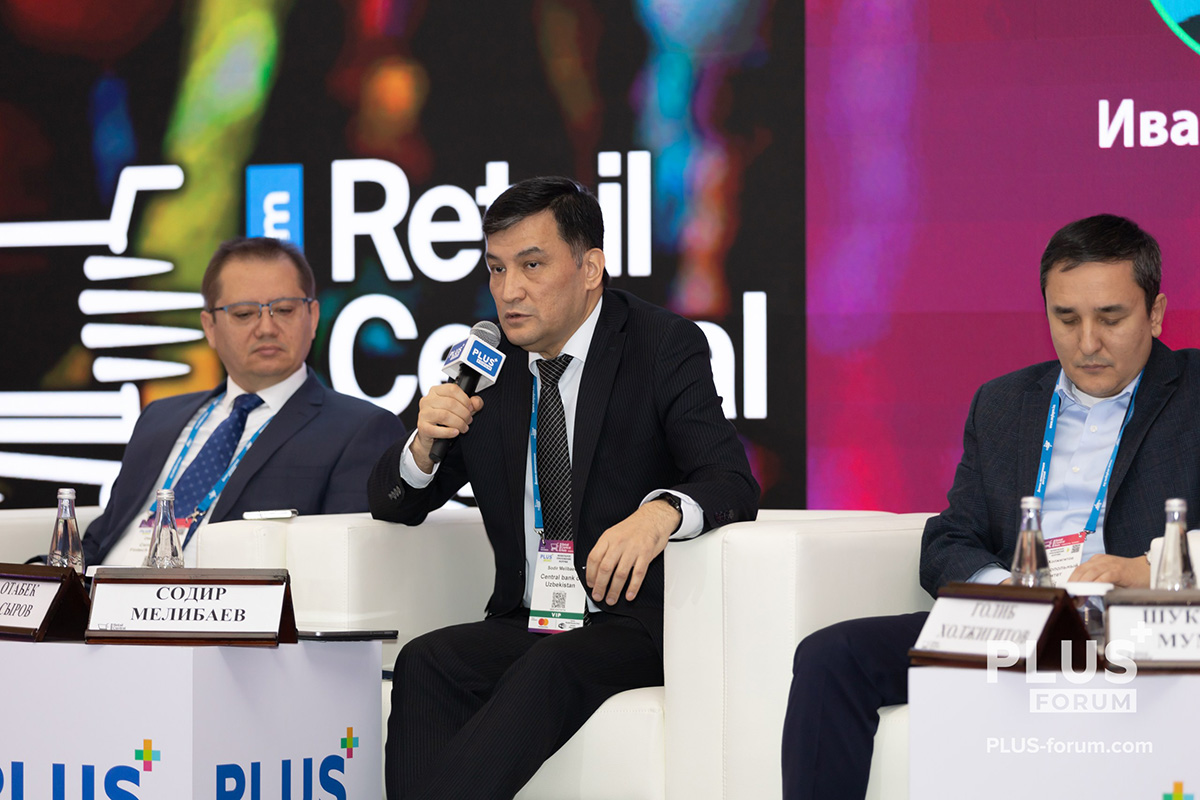 Sodir Melibaev - Central Bank of Uzbekistan
Sodir Melibaev - Central Bank of Uzbekistan
Deputy Chairman of the Central Bank of Uzbekistan Sodir Melibaev emphasized that the republic is developing e-commerce intensively. Local marketplaces such as Uzum Market and international platforms including Wildberries and AliExpress play an important role in the growth of digital commerce.
The Central Bank is also working on introducing new technologies, including a single QR code system, expanding the cashless payment network and remote banking services for small and medium businesses. Particular attention is given to ensuring the transactions security and protection against fraud through the introduction of anti-fraud systems.
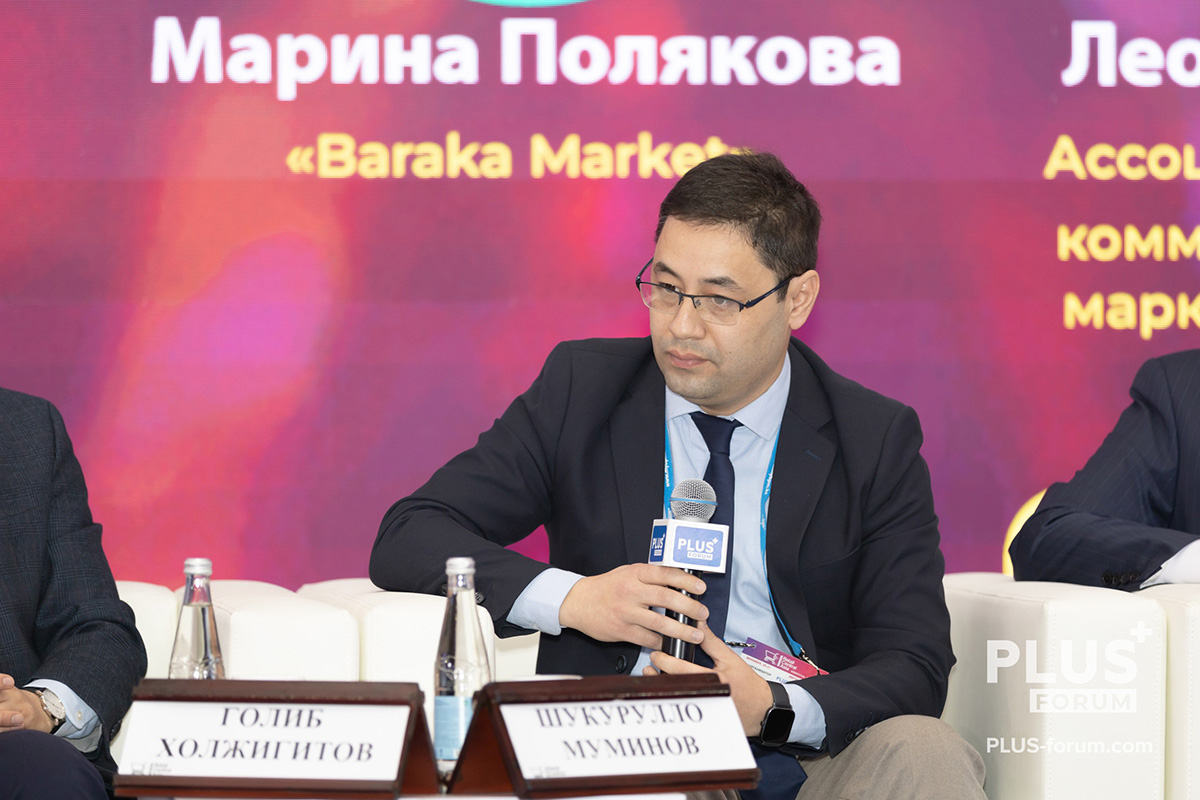 Shukurullo Muminov - Customs Committee of Uzbekistan
Shukurullo Muminov - Customs Committee of Uzbekistan
Deputy Head of the Customs Committee of Uzbekistan Shukurullo Muminov also noted the rapid development of e-commerce in the country. According to him, the volume of goods passing through customs has experienced significant growth: at less than 20 thousand tons in 2022, this figure was significantly exceeded 2024. Today, about 200 companies are working energetically in e-commerce. To support this segment, the Customs Committee introduced simplified procedures for filing and processing declarations, and made key processes automatic based on information systems.
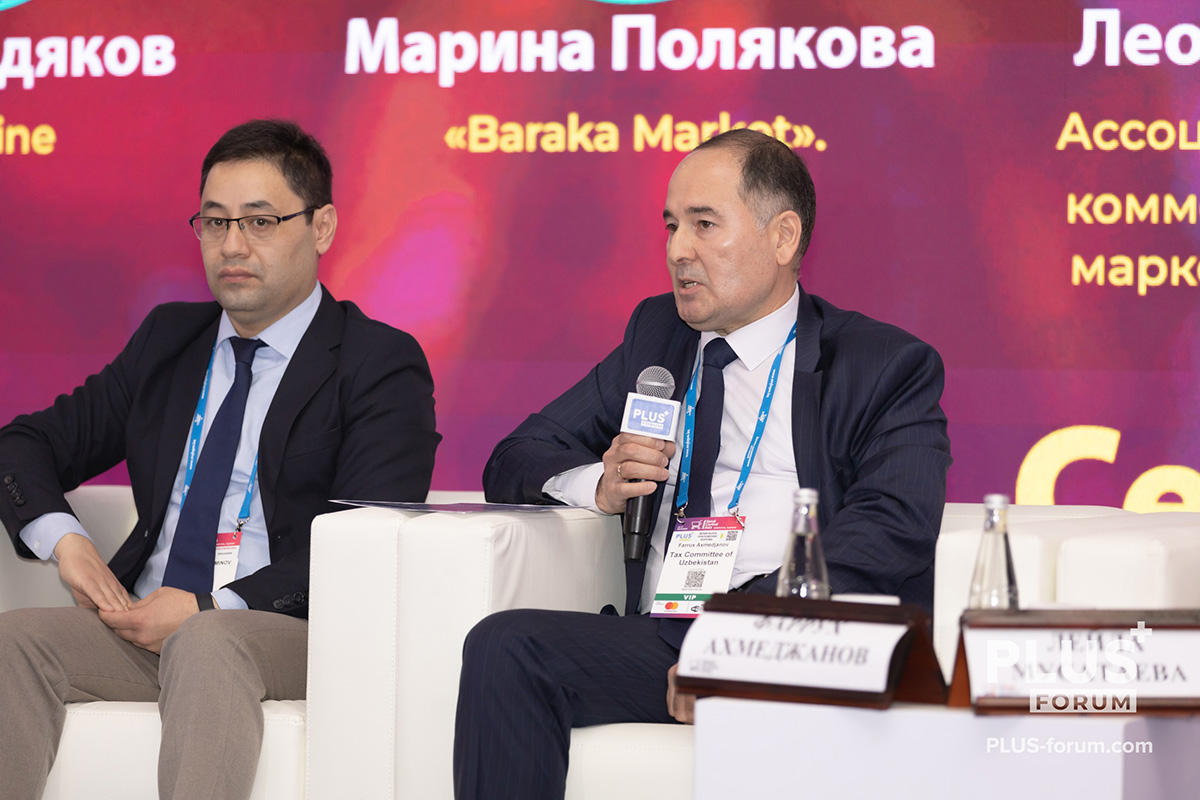 Farrukh Akhmedzhanov - Tax Committee of the Republic of Uzbekistan
Farrukh Akhmedzhanov - Tax Committee of the Republic of Uzbekistan
Farrukh Akhmedzhanov, Head of Information and Communication Technologies, Tax Committee of the Republic of Uzbekistan, noted that digitalization of tax administration has become an important element of the reform in retail. Updated servers, implemented electronic systems and integration with online stores and payment platforms ensure full registration of all transactions. The new risk analysis system helps manage tax audits and identify potential violations effectively. Employees are trained in big data analysis, and artificial intelligence technologies are being introduced to improve the accuracy and efficiency of decisions.
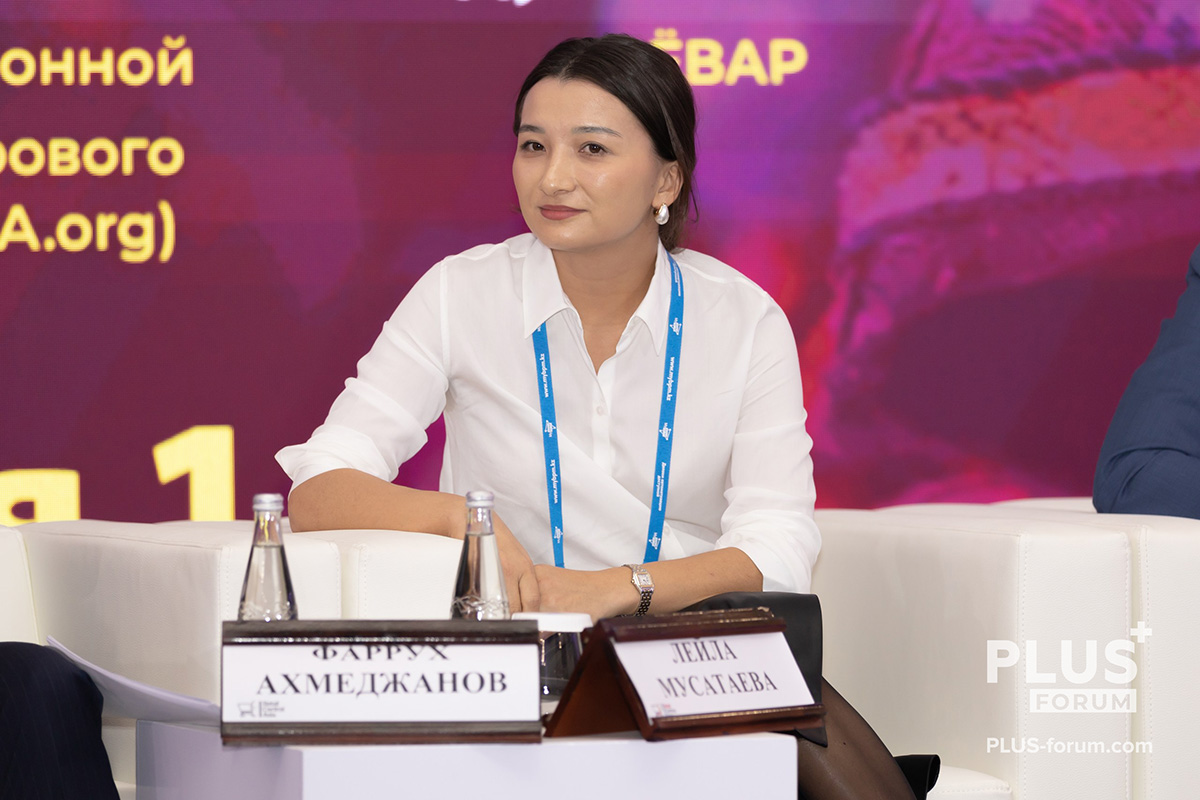 Leyla Musatayeva - Nielsen
Leyla Musatayeva - Nielsen
Leyla Musatayeva, Retail Director, Nielsen Kazakhstan, announced the company's entry into the Uzbek market in 2025. In her report, she presented the key results of a survey of Tashkent residents conducted in September-October 2024, and also assessed the macroeconomic situation in the region. According to Nielsen, the economy of Uzbekistan is growing above the world average: 5.6% in 2024 and projected 5.7% in 2025. Improved macroeconomic indicators, such as stabilizing inflation and income growth, contribute to an increase in the purchasing power of the population.
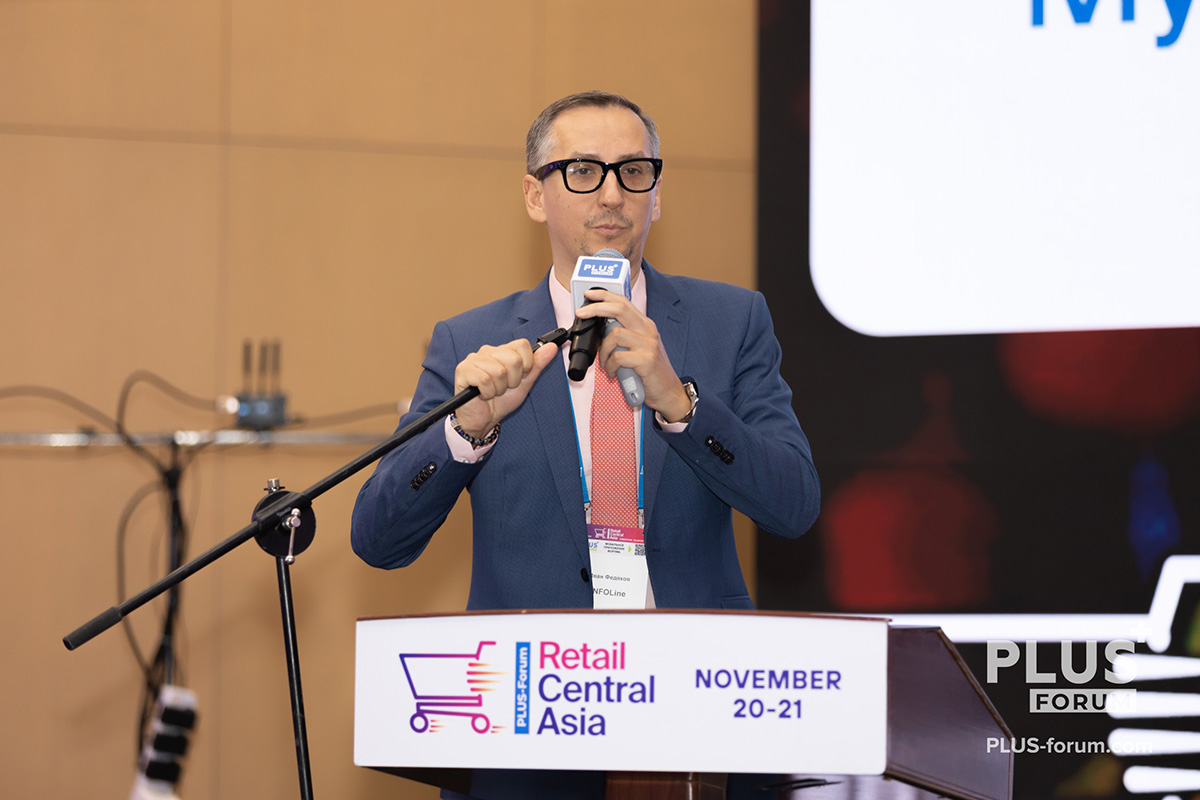 Ivan Fedyakov - INFOLine
Ivan Fedyakov - INFOLine
Ivan Fedyakov, Founder and CEO, INFOLine, emphasized: “We are seeing how the situation in e-commerce in the Republic of Uzbekistan is changing for the better right before our eyes.” Reviewing the statistics of retail turnover in the republic for 2023, the speaker noted a positive trend and more than 9% growth, and almost 8% – a tentative figure for 2024. Meanwhile, the share of online commerce penetration in Uzbekistan at modest 2% is not so high yet. However, the speaker is confident that the capacity of this sales channel will grow.
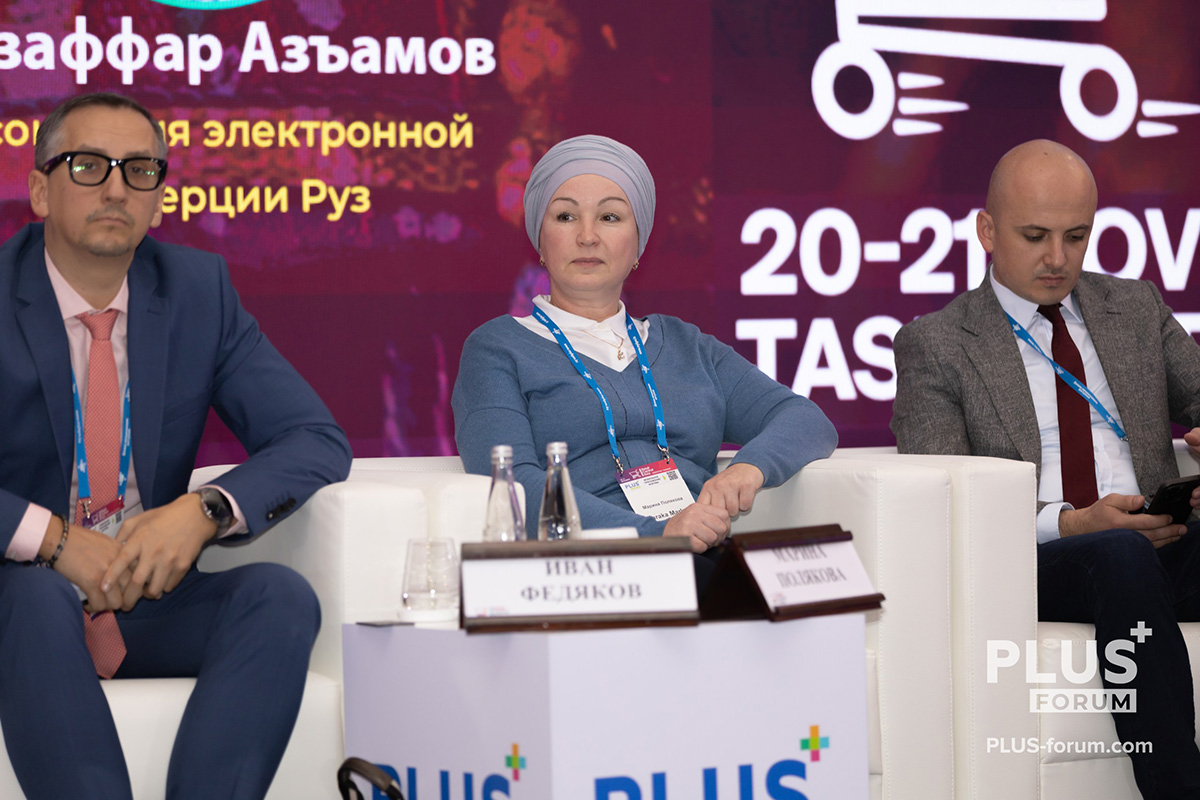 Marina Polyakova - Baraka Market
Marina Polyakova - Baraka Market
Marina Polyakova, Chief Commercial Officer, Baraka Market chain of convenience stores, shared her remarks regarding the transformation of offline retail in the context of accelerated digitalization and the growing influence of marketplaces. Marketplaces continue to influence retail, boosting the development of new formats. Their popularity teaches offline stores to work faster and more efficiently. This is manifested, for example, in the integration of digital technologies, such as self-service systems, delivery facilities and applications.
According to the speaker, the key need of the modern consumer is fast and high-quality delivery of goods. This approach defines the main directions for the development of retail.
Leonid Gladilin, сооснователь Ассоциации электронной коммерции и цифрового маркетинга (ECDMA.org), в рамках своего доклада на тему «Маркетплейсы vs Большие ритейлеры на мировых рынках? Тренды на 3–5 лет» уделил особое внимание внедрению новых технологий, таких как искусственный интеллект. Спикер назвал ИИ и роботизацию главными трендами последнего времени для отрасли продаж.
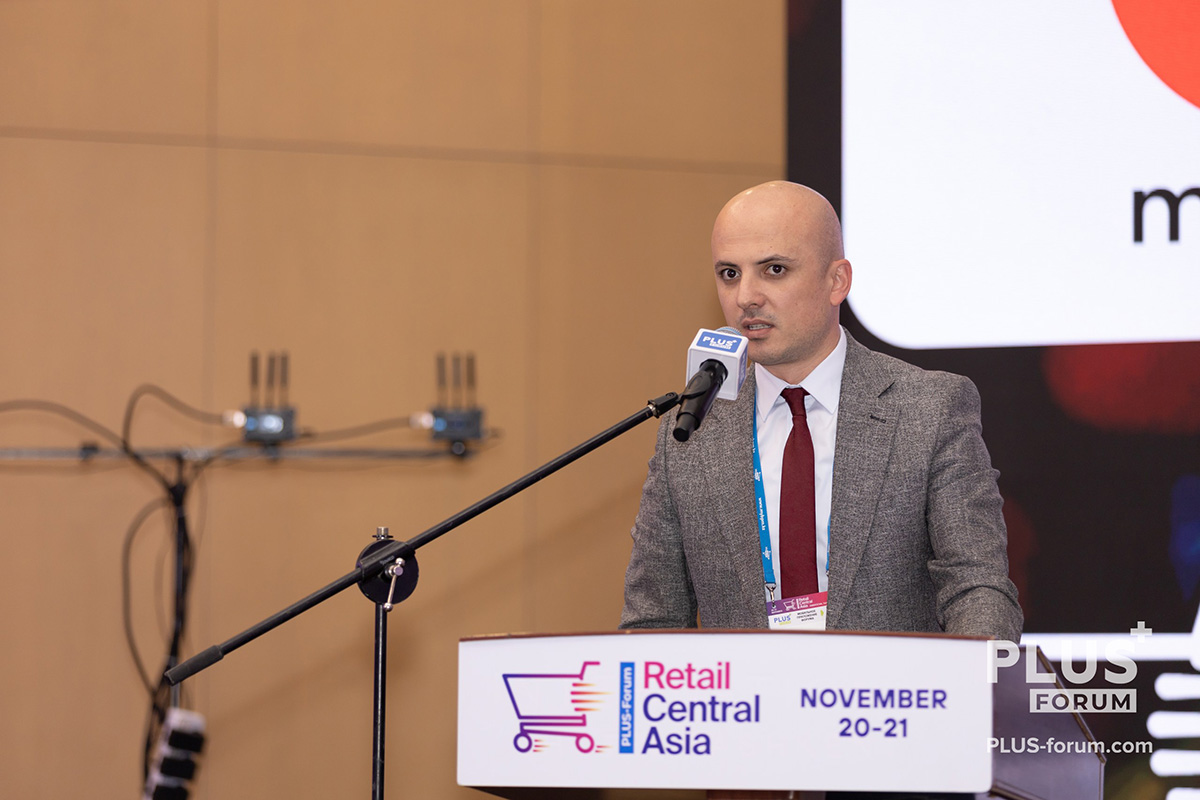 Asadullo Rakhmonov - YOWAR
Asadullo Rakhmonov - YOWAR
Asadullo Rakhmonov, Director, YOWAR, shared the secrets of successful retail with the audience and informed how personnel forms the look of retail. The speaker emphasized that retail plays an important role as an economic engine, creating thousands of jobs, supporting the local economy, introducing innovations and developing socially responsible practices.
A key problems of retail is the high level of labour turnover, which averages from 30 to 60%.
The expert also named several initiatives for the development of retail as a profession:
- Promotion of the profession
- Retail Employee Day
- Educational programs
- Retail tours
These measures, according to the YOWAR head, can enhance the prestige of work in retail, improve working conditions and reduce staff turnover, which will be the key to the sustainable development of the industry.
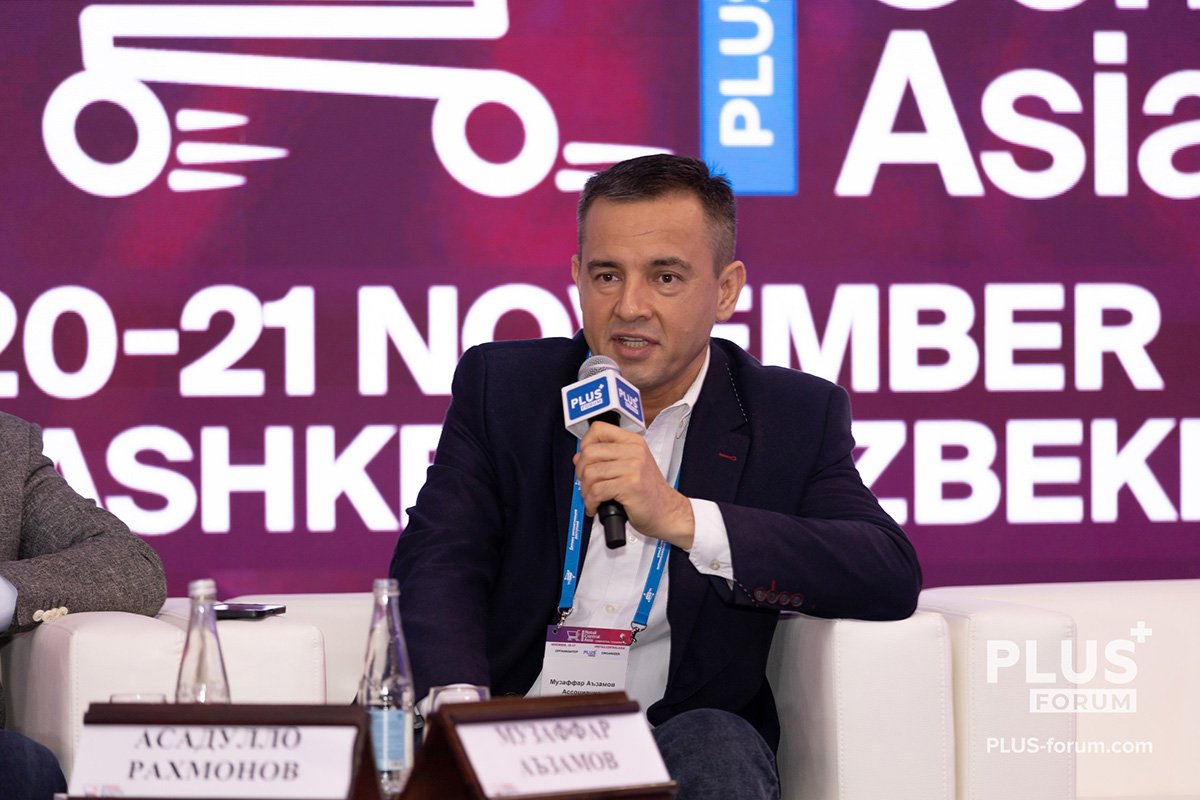 Muzaffar Azamov - Electronic Commerce Association of the Republic of Uzbekistan
Muzaffar Azamov - Electronic Commerce Association of the Republic of Uzbekistan
Muzaffar Azamov, Chairman, Electronic Commerce Association of the Republic of Uzbekistan, paid special attention to the involvement of micro, small and medium businesses in e-commerce. In particular, he noted that the most important thing is to ensure a level playing field for all market participants.
The speaker noted that over 40% of the economy of Uzbekistan is in the shadow, which significantly limits the growth potential of retail. In order to achieve significant economic growth and the development of micro and small businesses, it is necessary to radically simplify retail procedures, as well as the import and export of goods, the speaker believes.
In addition, he emphasized that large businesses cannot function successfully without small and medium ones.
In general, the session participants came to the conclusion that the modern e-commerce market is a unique ecosystem that unites several key areas of the economy at once: payments business, logistics, warehousing and IT technologies, and thus affects the country's economy.
During the session “Digital transformation of retail. Business and technology”, it was noted that e-commerce can reach 35% of the total volume of retail trade in Central Asia.
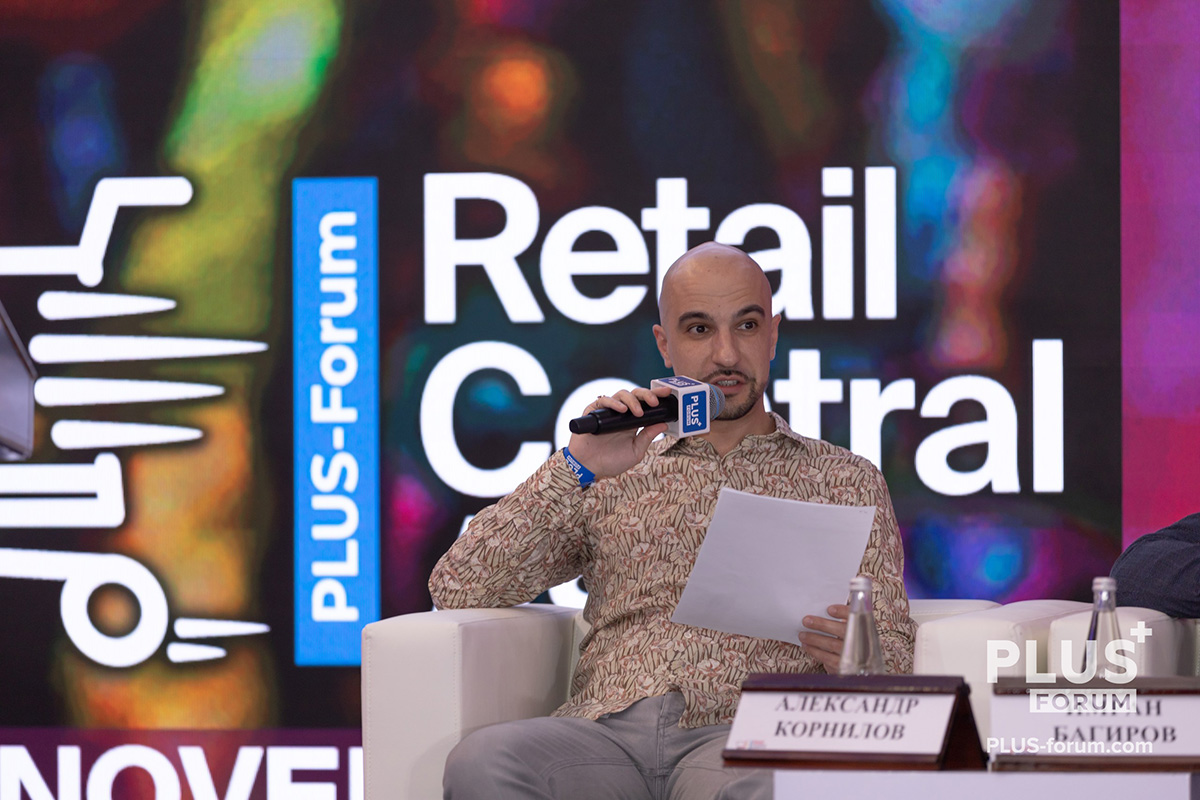 Alexander Kornilov - Beeline Uzbekistan
Alexander Kornilov - Beeline Uzbekistan
The session was moderated by Alexander Kornilov, Head of E-Commerce, Beeline Uzbekistan.
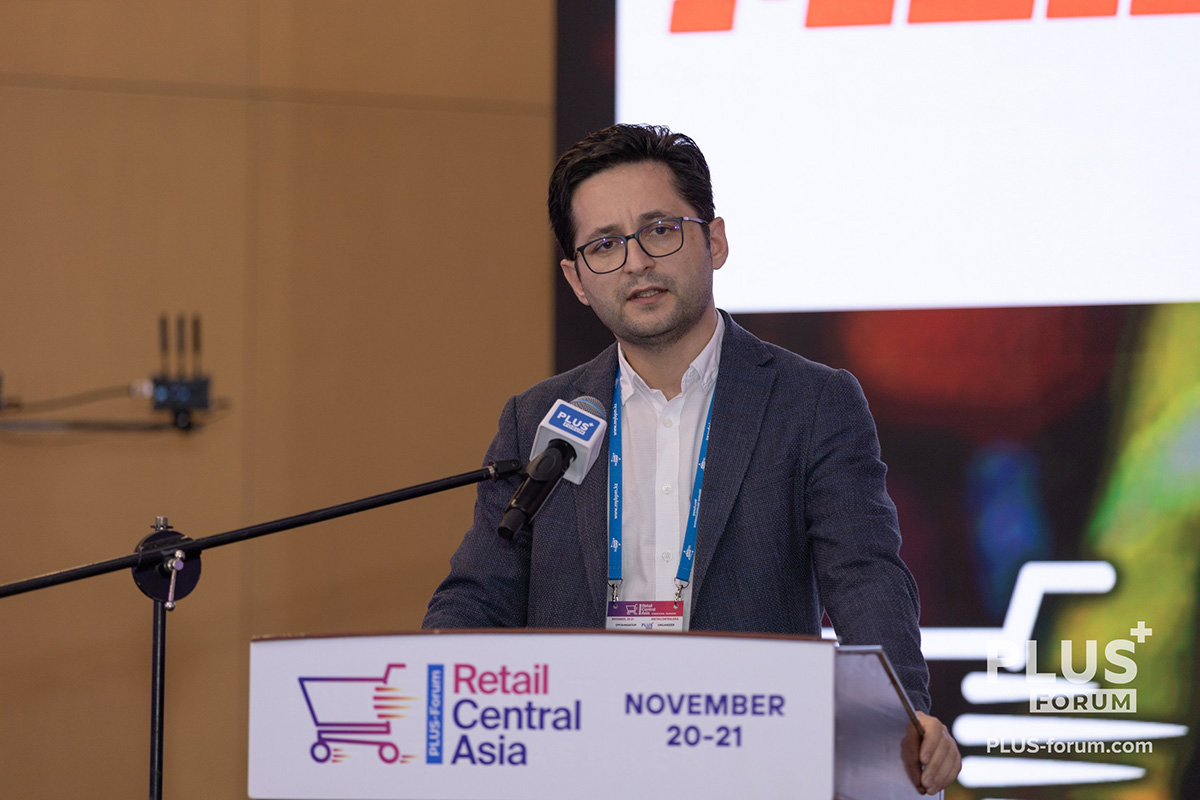 Imran Bagirov - Mastercard
Imran Bagirov - Mastercard
In his report, Imran Bagirov, Retail & Commerce Business Development Director, Eastern Europe Lead, Mastercard, focused on the importance of strategic partnerships with retailers and consulting services in the field of technology. He noted that over time, the company has significantly expanded its focus: if earlier Mastercard worked mainly with banks, today it actively cooperates with retailers, offering not only technologies, but also strategic solutions to optimize their business processes.
The report paid special attention to personalization in retail. According to the expert, creating individualized loyalty programs is the key to the successful customer acquisition and retention.
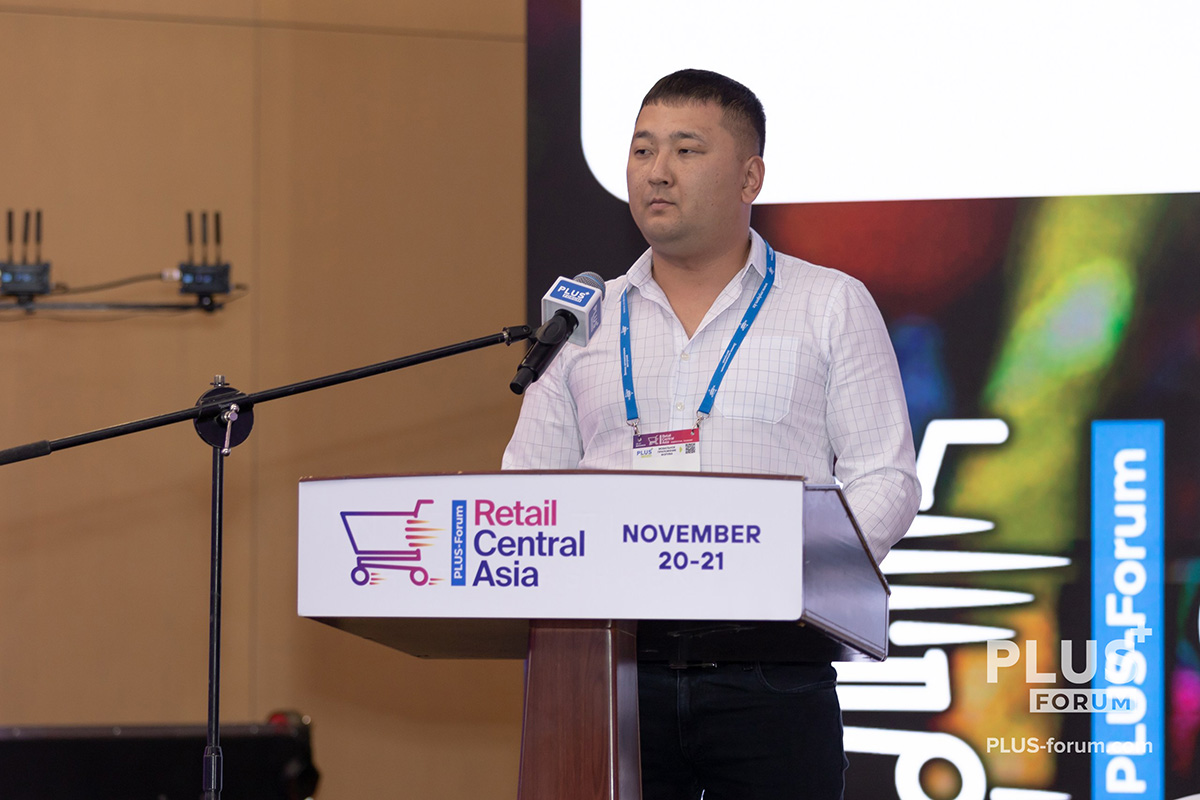 Asylkhan Baimaganbetov - Yandex Maps API
Asylkhan Baimaganbetov - Yandex Maps API
Asylkhan Baimaganbetov, Director for Business Development in the CIS, Yandex Maps API, spoke in detail about geo-technologies in retail, delivery optimization and improving customer service. One of the theses of the speech: high-quality data is the basis for developing the online component of retail. The speaker also noted that, according to statistics of online trade in Central Asia, revenue in the e-commerce segment increased by 95.5% in the period of 2019-2024, while the revenue in the segment of online delivery of products and ready-to-eat meals grew by 167.8% over the same period.
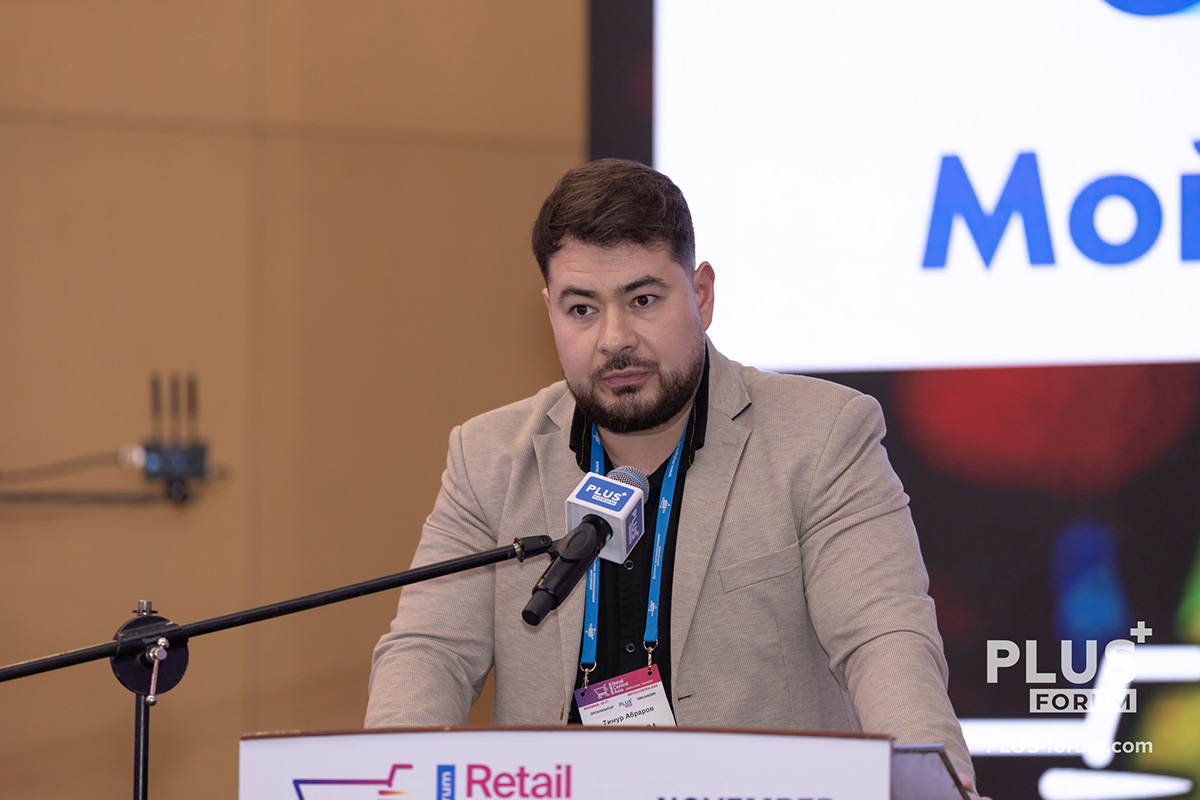 Timur Abrarov - Bitrix24 Uzbekistan
Timur Abrarov - Bitrix24 Uzbekistan
Timur Abrarov, Director of Bitrix24 Uzbekistan, spoke in detail about how the company helps retailers solve problems associated with low loyalty, poor service quality and ineffective marketing. He noted that many companies are faced with the lack of a centralized management system, which hinders the integration of processes and reduces their overall efficiency. In response to these challenges, Bitrix24 offers a solution that combines all the necessary tools for successful business: CRM, marketing, analytics and warehouse accounting. It performs more than 30 roles, including the tasks of a marketing specialist, lawyer and copywriter, and also helps organize work processes by automating routine operations.
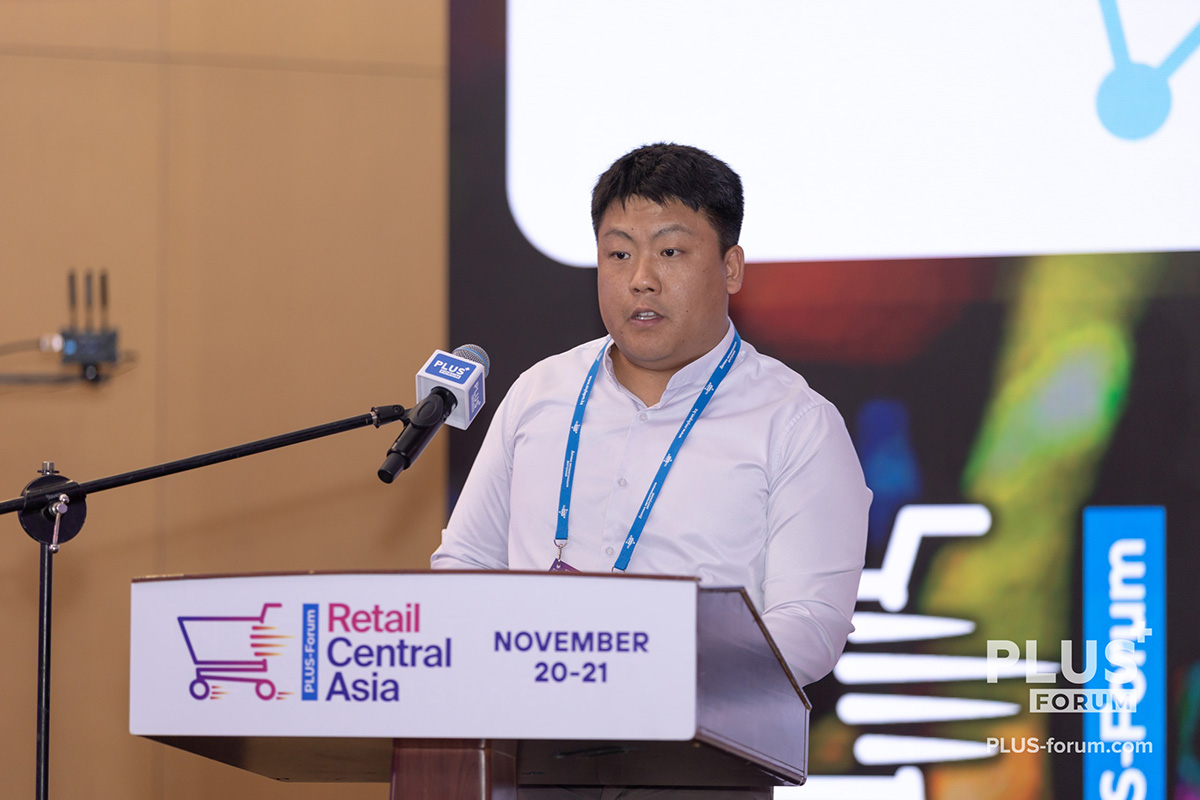 Alexander Lee - Halyk Insurance Company
Alexander Lee - Halyk Insurance Company
Alexander Lee, Head of Digital at Halyk Insurance Company, spoke about innovations in vehicle insurance. The speaker paid special attention to the introduction of new AI-based technologies.
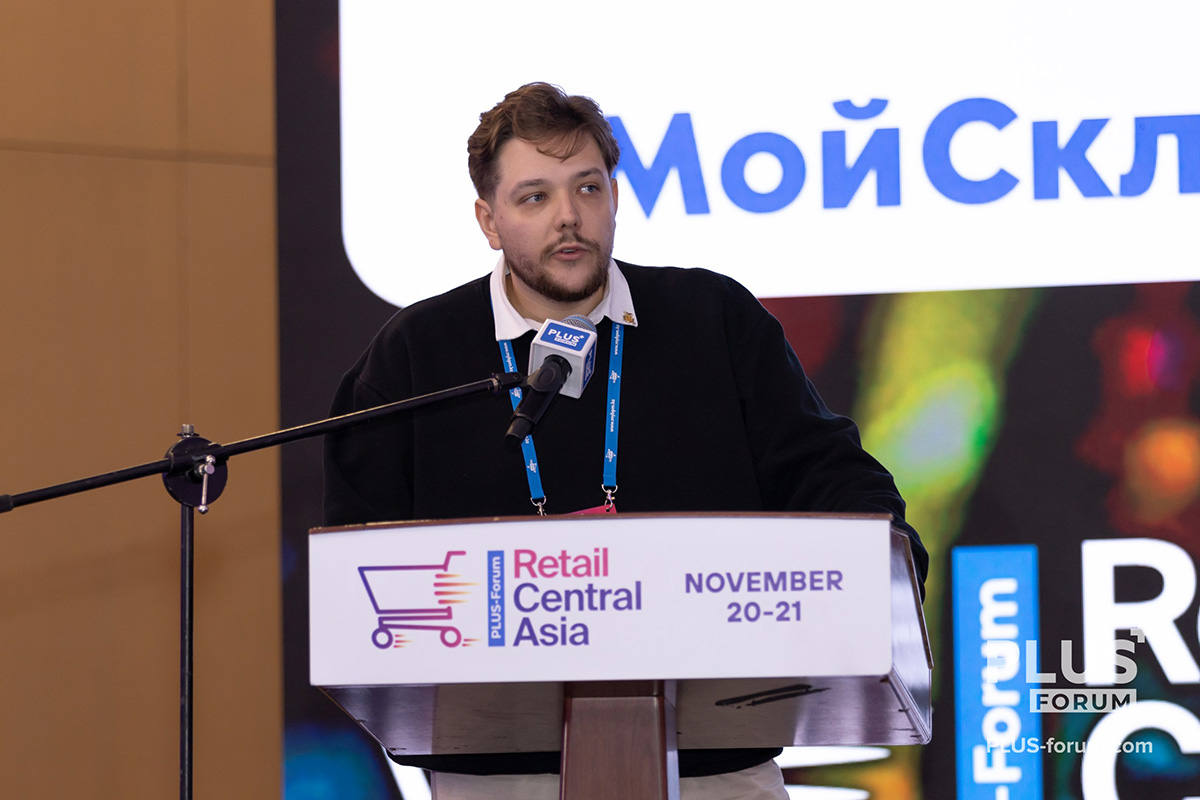 Anton Artyushin - ASBIS Apple VAD
Anton Artyushin - ASBIS Apple VAD
Anton Artyushin, E-commerce Lead at ASBIS Apple VAD, presented key trends in e-commerce and informed how automation and personalization are transforming retail. In his presentation, he emphasized that the market is growing rapidly and the share of e-commerce in the total retail sales could reach 35% in the next few years.
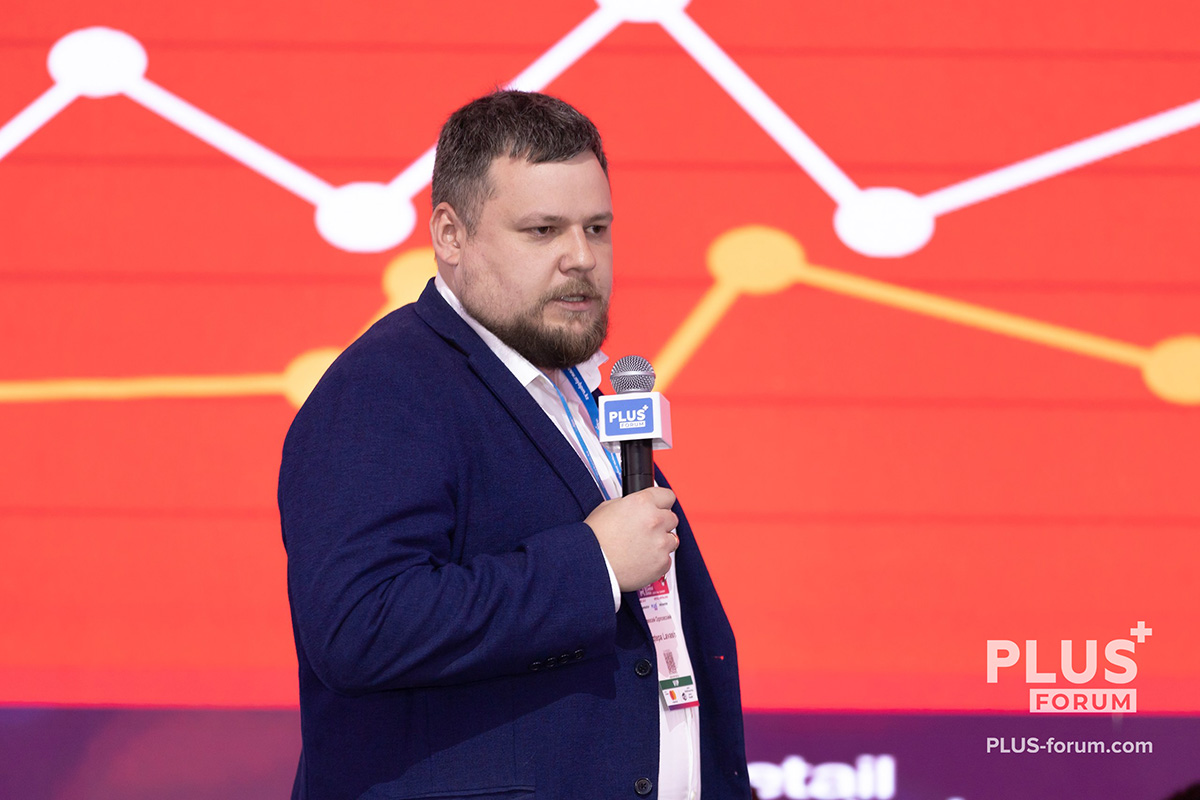 Alexey Orlovsky - Oqtepa Lavash
Alexey Orlovsky - Oqtepa Lavash
Alexey Orlovsky, СIO, Oqtepa Lavash, dedicated his report to the development of small and medium businesses in Uzbekistan. As an example, the speaker presented the successful experience of the digital solutions integration into the company’s business processes. The company achieved significant growth due to the implementation of end-to-end management indicators and effective digital services. He emphasized the importance of a systematic approach and the ability for businesses to implement modern technologies to optimize processes and increase competitiveness even at the start-up stage.
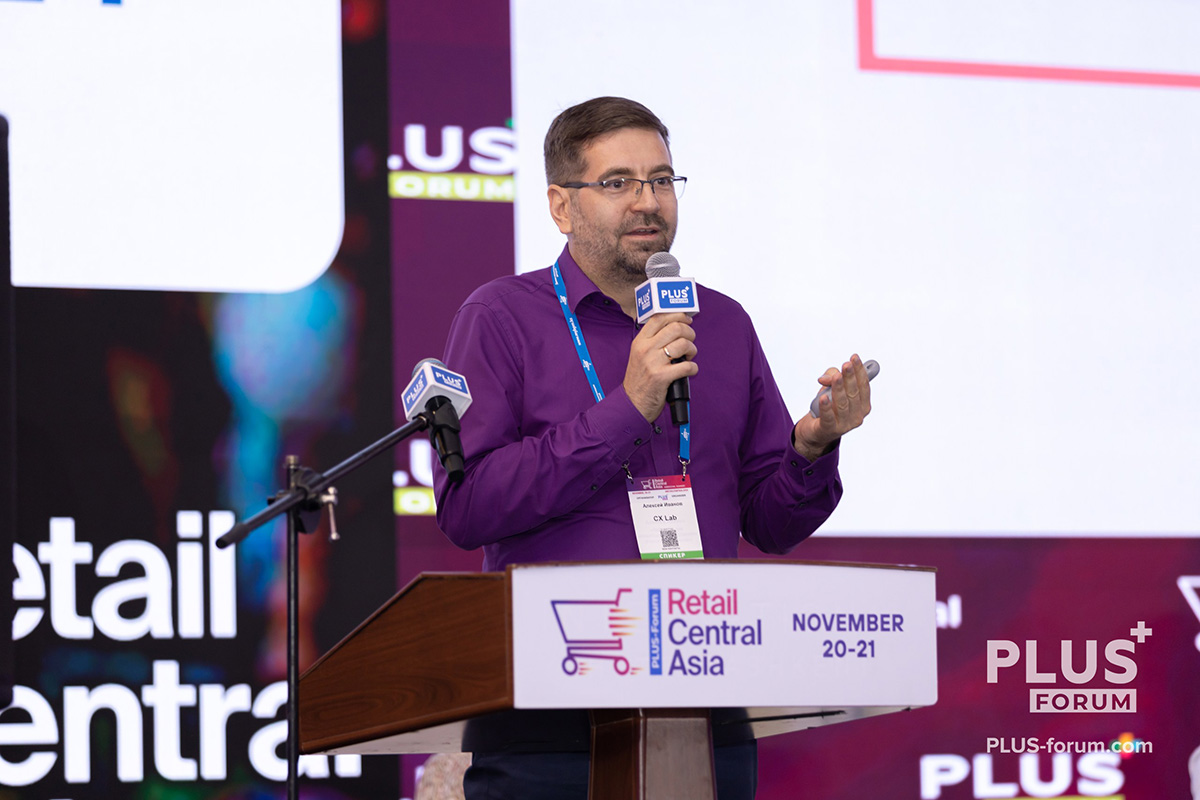 Alexey Ivanov - Customer Experience Laboratory (Russia/Uzbekistan)
Alexey Ivanov - Customer Experience Laboratory (Russia/Uzbekistan)
Alexey Ivanov, Founder and CEO, Customer Experience Laboratory (Russia/Uzbekistan), shared his experience in implementing digital solutions to increase the efficiency of business processes and enhance the customer journey. He identified several key barriers to digital transformation, including a lack of clear understanding of goals and strategy, as well as the contradiction between short-term profit and long-term digital transformation. To overcome these barriers, he believes, it is necessary not only to train employees, but also to develop a strategy, clearly define digital processes and appoint those responsible for their implementation.
Evgeniy Zaika, Head of Bank Sector Development, VisionLabs, spoke about trends in the development of FacePay technology, which significantly speeds up the payment process and improves customer experience. FacePay helps implement loyalty programmes at the time of payment, and also solves the problem of fraud, speeding up the transaction process from 40 to 3-4 seconds. According to him, the FacePay market is expected to grow by 20% per year, this technology is being implemented energetically in various areas, including transport, the hotel business and health clinics.
The future of the car market belongs to digital sales. This conclusion was made by the participants of the round table “Digital car sales. An area of the further market digitalization in Uzbekistan."
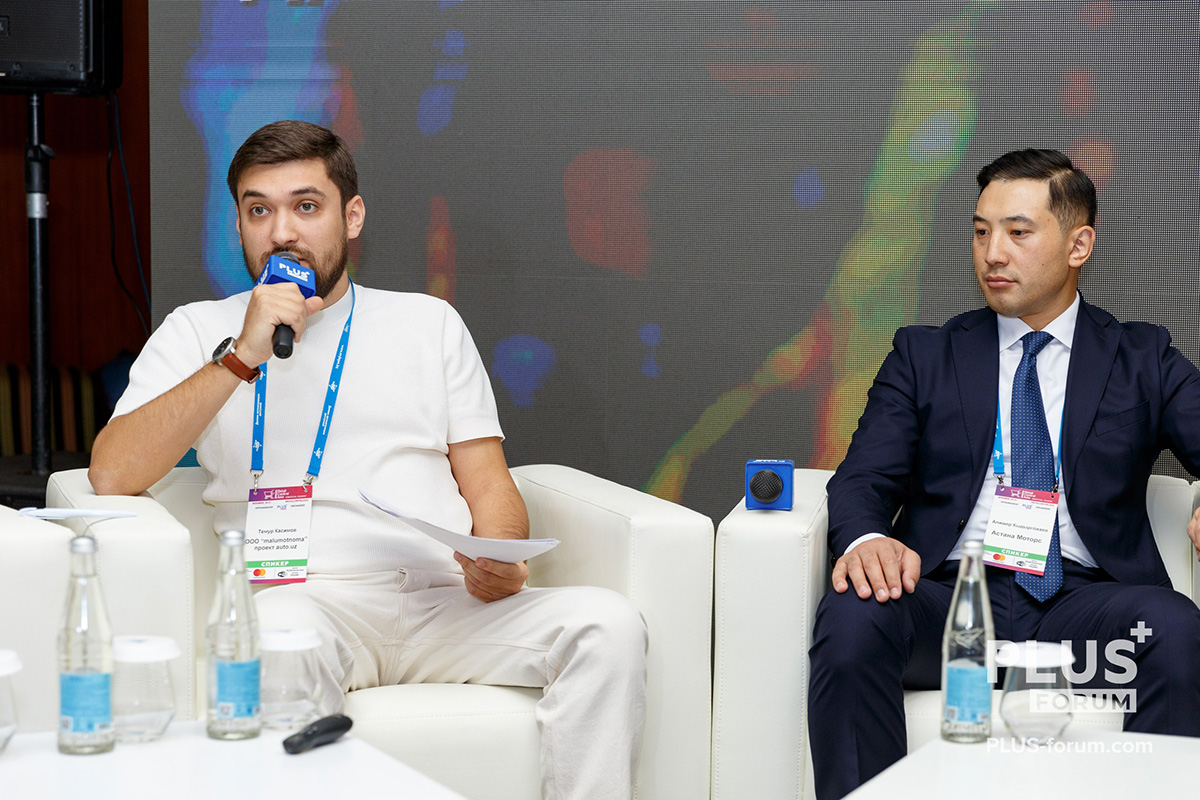 Temur Kasimov - Malumotnoma
Temur Kasimov - Malumotnoma
The moderator was Temur Kasimov, Director of OOO “malumotnoma”, auto.uz project.
The participants of the round table discussed topical issues such as the experience of preparing the migration to online car loans, the strengths and weaknesses of launching subsidized products for the automotive market, creating an effective online car marketplace, online car sales in Uzbekistan: opportunities and barriers, etc.
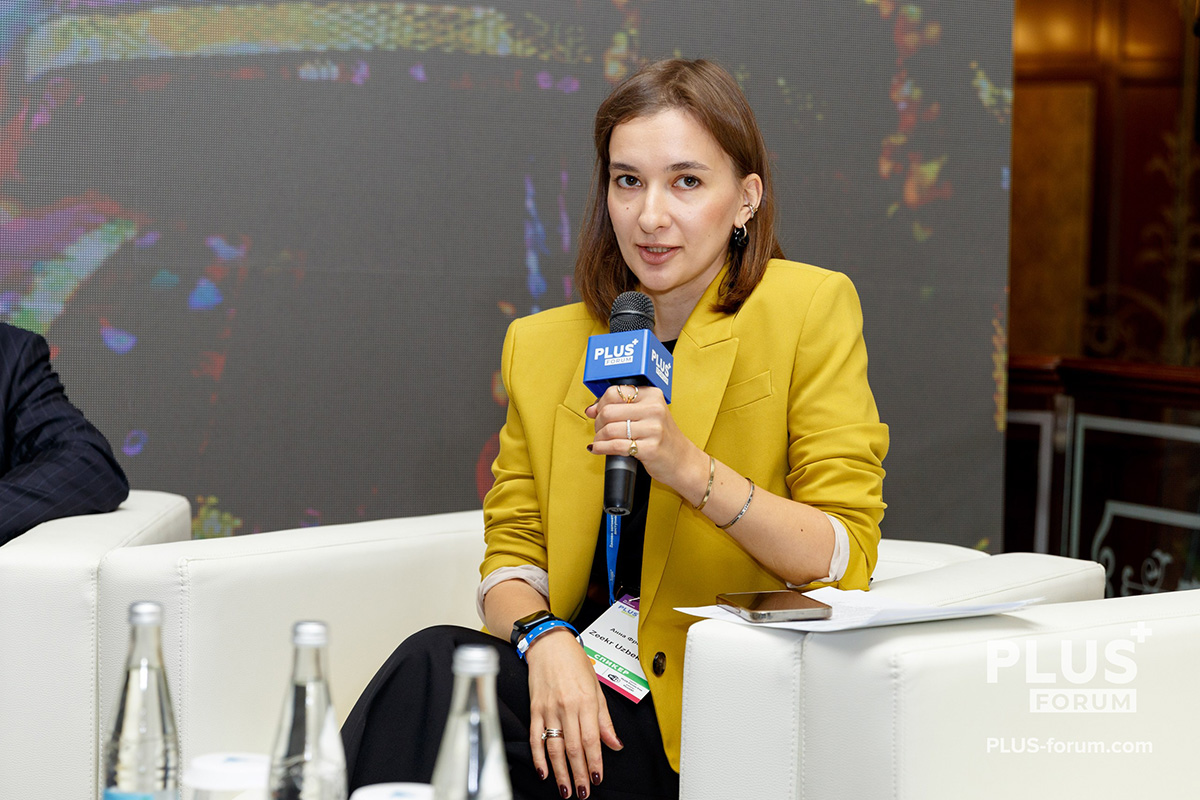 Anna Frolkina - Zeekr Uzbekistan
Anna Frolkina - Zeekr Uzbekistan
Anna Frolkina, дMarketing Director, Zeekr Uzbekistan, shared her experience of launching online car sales in Russia, as well as her vision of the future prospects for this area. The speaker noted that it is the company's showroom that mainly interacts with banks. Meanwhile, car loans today account for about 20% of sales, the remaining transactions are direct purchases/sales. Against this background, special attention is paid to the integration with aggregators, an area where, according to the speaker, there is still a lot of work to do.
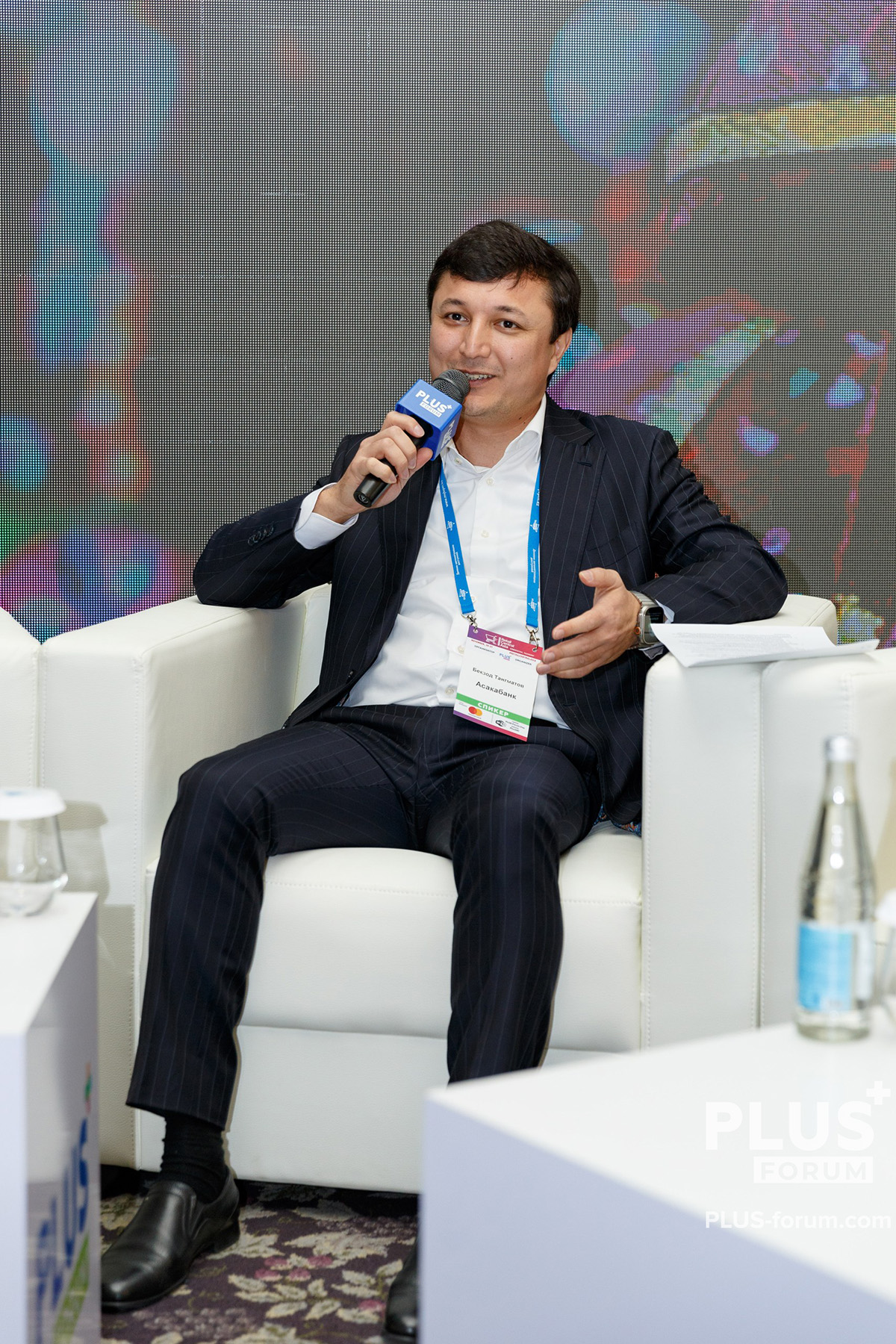 Bekzod Tangmatov - Asakabank
Bekzod Tangmatov - Asakabank
Bekzod Tangmatov, Deputy Chairman, Asakabank, agreed with the previous speaker and informed about the bank's experience of interaction with car market dealers. According to him, within the framework of the digital auto lending that is currently being launched with its testing to be finished in 2024, it will be possible to shorten the customer journey as much as possible. Meanwhile, the auto loans already account for c.90% of sales today. In the next five years, the forecasted share of digital products will exceed 50% in this segment. As the speaker noted, “as regards auto loans, we are open to partnership with any dealer!”
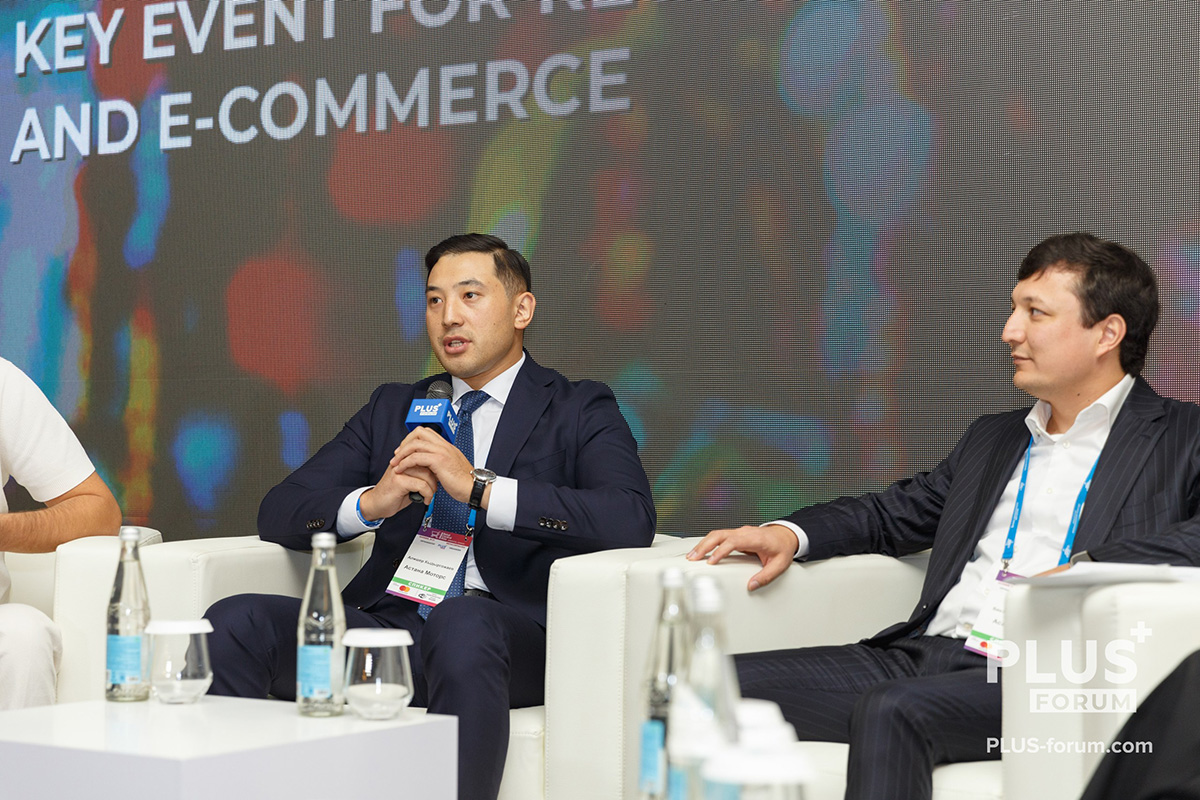 Alisher Kydyrgozhaev - Astana Motors
Alisher Kydyrgozhaev - Astana Motors
Alisher Kydyrgozhaev, Head of Digital Sales Development, Astana Motors, drew attention to the importance of developing digital car sales, while emphasizing the necessity of the full cycle of the deal to be performed online. According to the speaker, Astana Motors has been in the auto business for 33 years and has traditionally been a driver of online auto sales. Today, the company offers customers a completely digital purchase process in its marketplace.
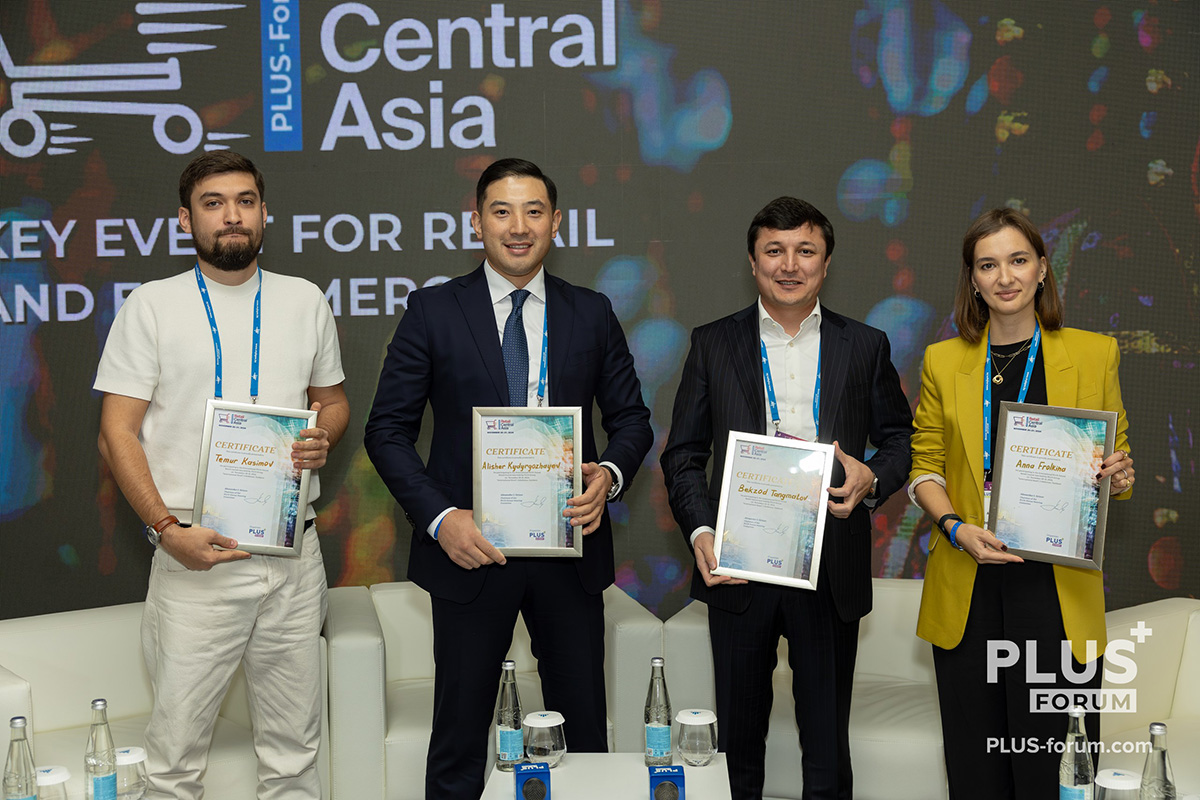
The speaker also informed about the experience of interacting with marketplaces in Kazakhstan. Touching on the topic of car sharing, he noted that despite being quite effective, this trend does affect car sales negatively.
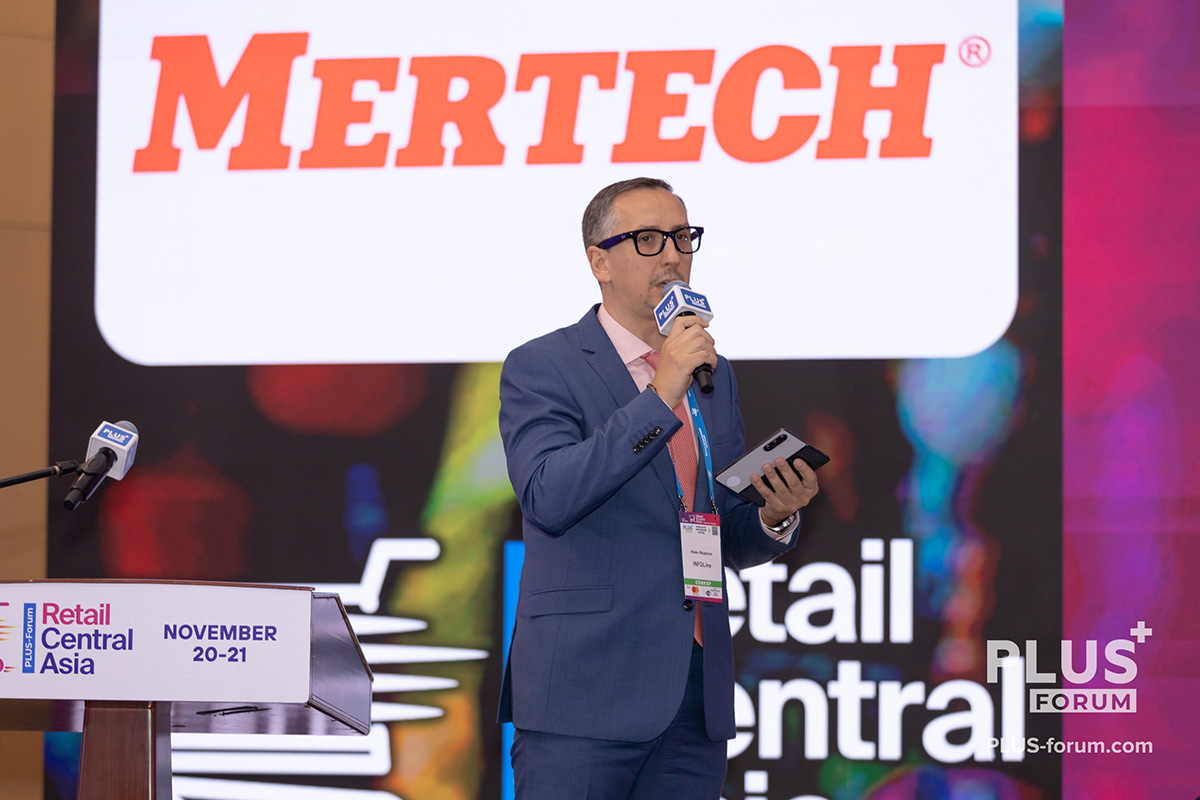 Ivan Fedyakov INFOLine
Ivan Fedyakov INFOLine
The session “Offline Retail 2024. Development in all its diversity. Selecting promising formats”, was moderated by Ivan Fedyakov, Founder and CEO, INFOLine.
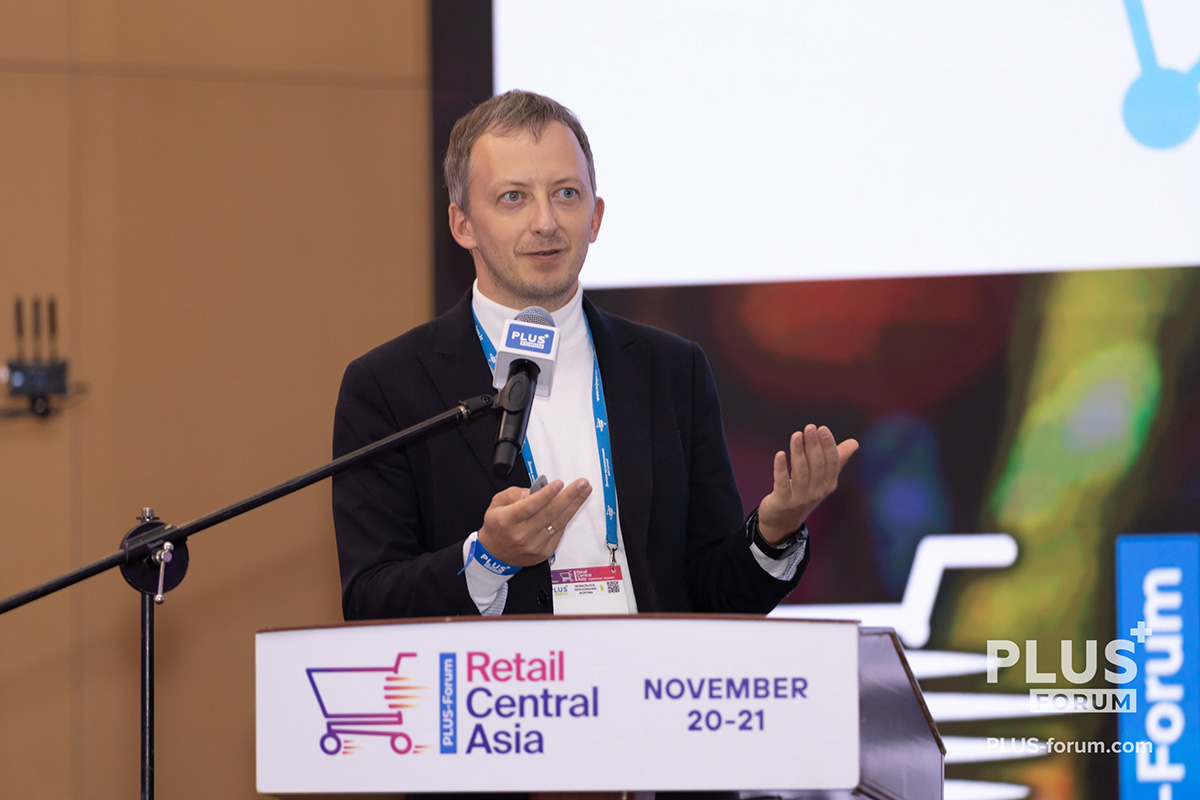 Vitaly Bryk - NielsenIQ
Vitaly Bryk - NielsenIQ
In his report, Vitaly Bryk Global Director of BES Cloud Solutions for Retail at NielsenIQ, spoke about how investments in retail and new technologies contribute to a competitive advantage and success in the market.
The speaker reviewed how modern loyalty programmes help retailers increase sales and attract customers. He noted that loyalty programmes are becoming an important tool for retaining customers in a highly competitive environment. According to Nielsen, spending of the loyalty programme participants exceeds that of regular customers by 23%.
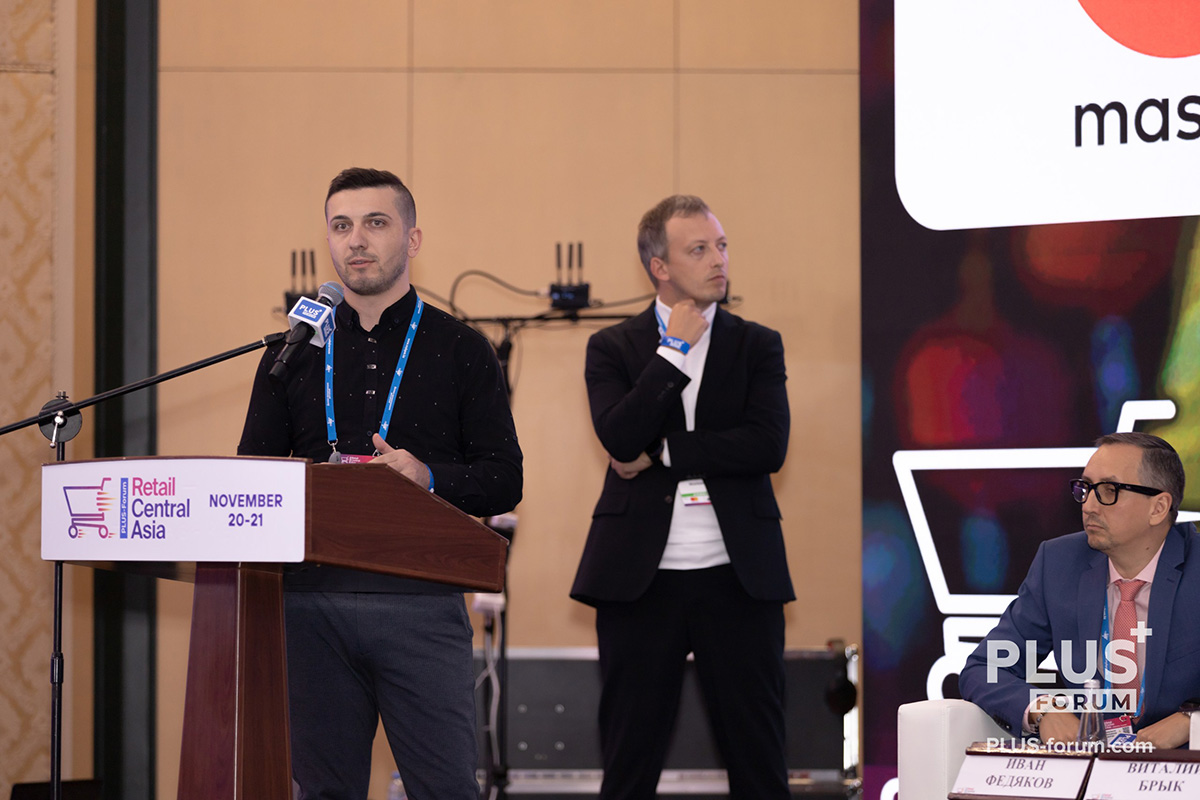 Akaky Beraya - Daily
Akaky Beraya - Daily
In turn, Akaky Beraya Director for International Business at the Daily chain, announced their plans to enter the Uzbek market. The Daily chain, which has successfully established itself in Georgia, has chosen Uzbekistan as the first destination for its expansion in Central Asia. According to the speaker, Uzbekistan is a promising and rapidly developing market, where the convenience store format is becoming increasingly popular among consumers due to its comfort and time savings.
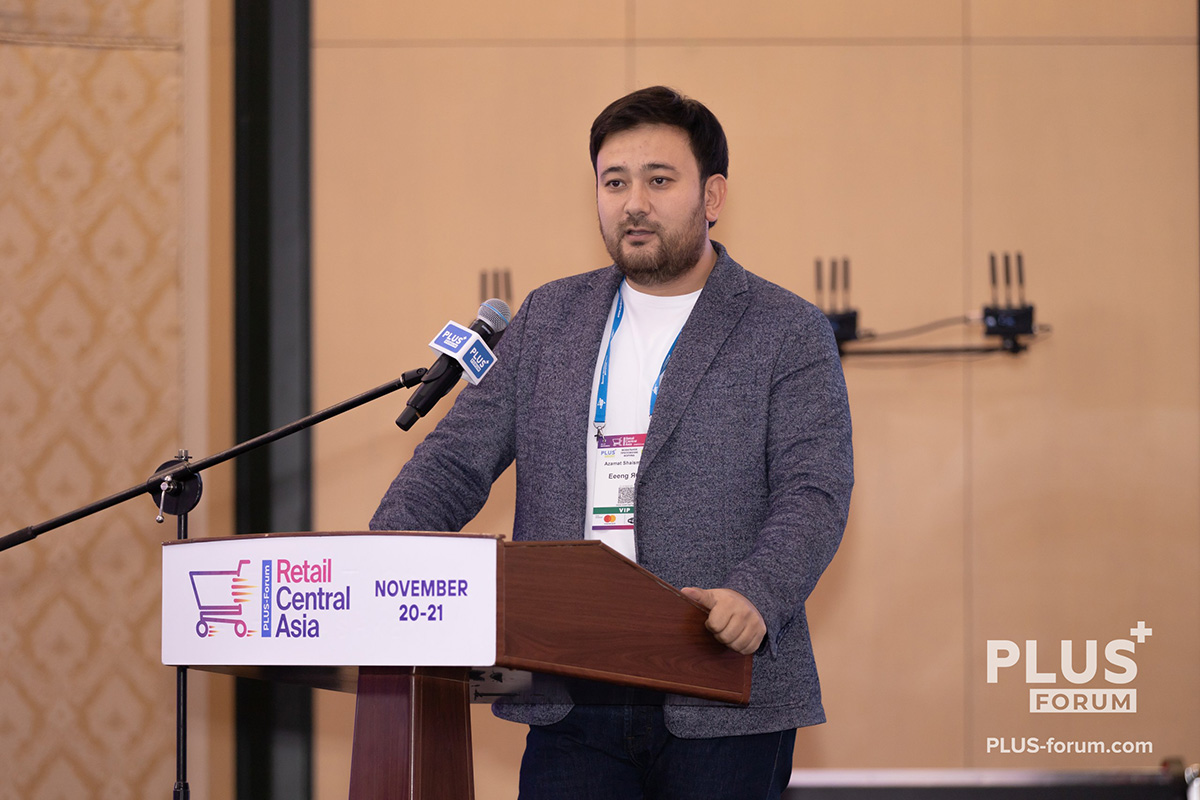 Azamat Shaismailov - Eeeng ЯQH
Azamat Shaismailov - Eeeng ЯQH
Azamat Shaismailov, Managing Director, Eeeng ЯQH, took an active part in the dialogue and spoke about innovations in the retail sector based on his own experience.
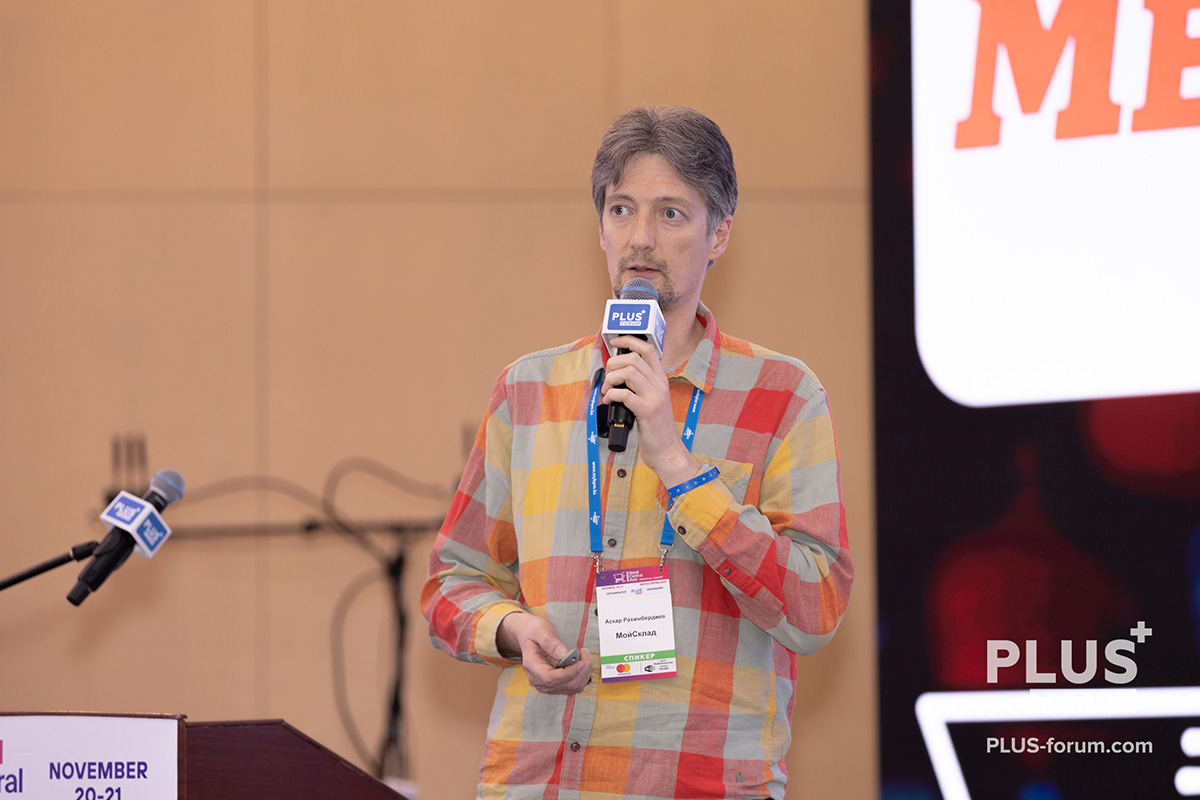 Askar Rakhimberdiev - MoySklad (MyWarehouse)
Askar Rakhimberdiev - MoySklad (MyWarehouse)
Askar Rakhimberdiev, General Director, and Ivan Kirillin, Commercial Director for service, MoySklad (MyWarehouse)
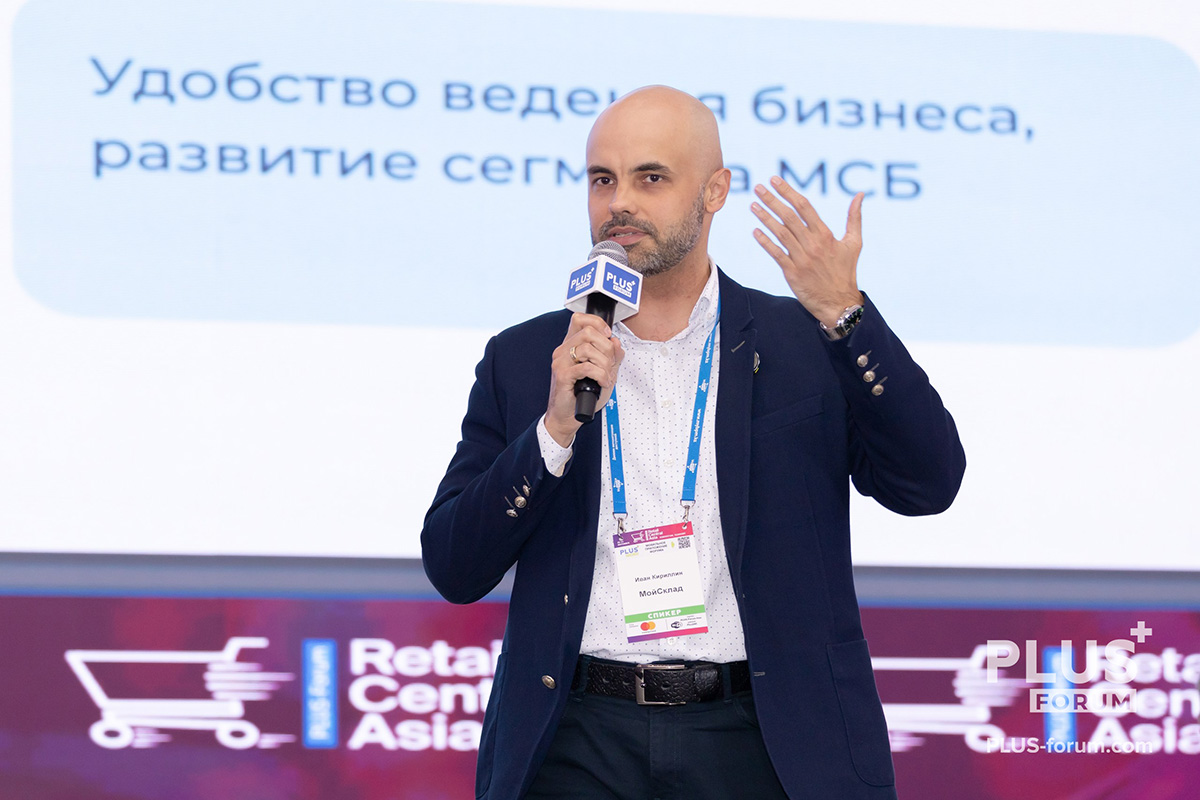 Ivan Kirillin - MoySklad (MyWarehouse)
Ivan Kirillin - MoySklad (MyWarehouse)
spoke about key solutions that help small and medium businesses automate trade processes.
Askar Rakhimberdiev highlighted the company’s focus on small business support through offering affordable and easy-to-use ERP systems. He noted that the success of implementing IT solutions in this category of business directly depends on their simplicity. According to the expert, if a product is too complex, its implementation in a small business becomes impossible. That is why MoySklad solutions are developed taking into account the specifics and needs of small businesses.
At present, as the General Director reported, more than 50 thousand clients around the world use the cloud ERP platform “MoySklad” to automate their trade. The company is actively operating in Russia, Kazakhstan and since 2023 - in Uzbekistan.
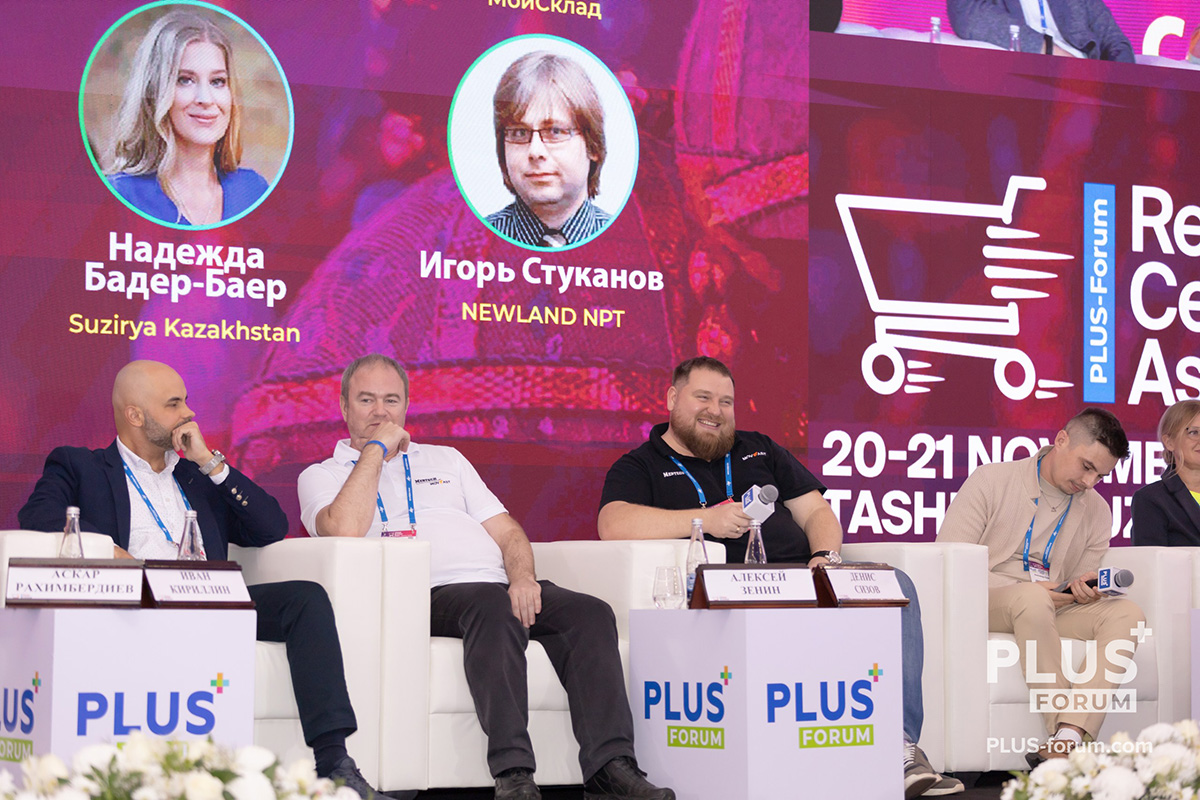 Alexey Zenin - Mertech
Alexey Zenin - Mertech
Alexey Zenin, CEO, and Denis Sizov,
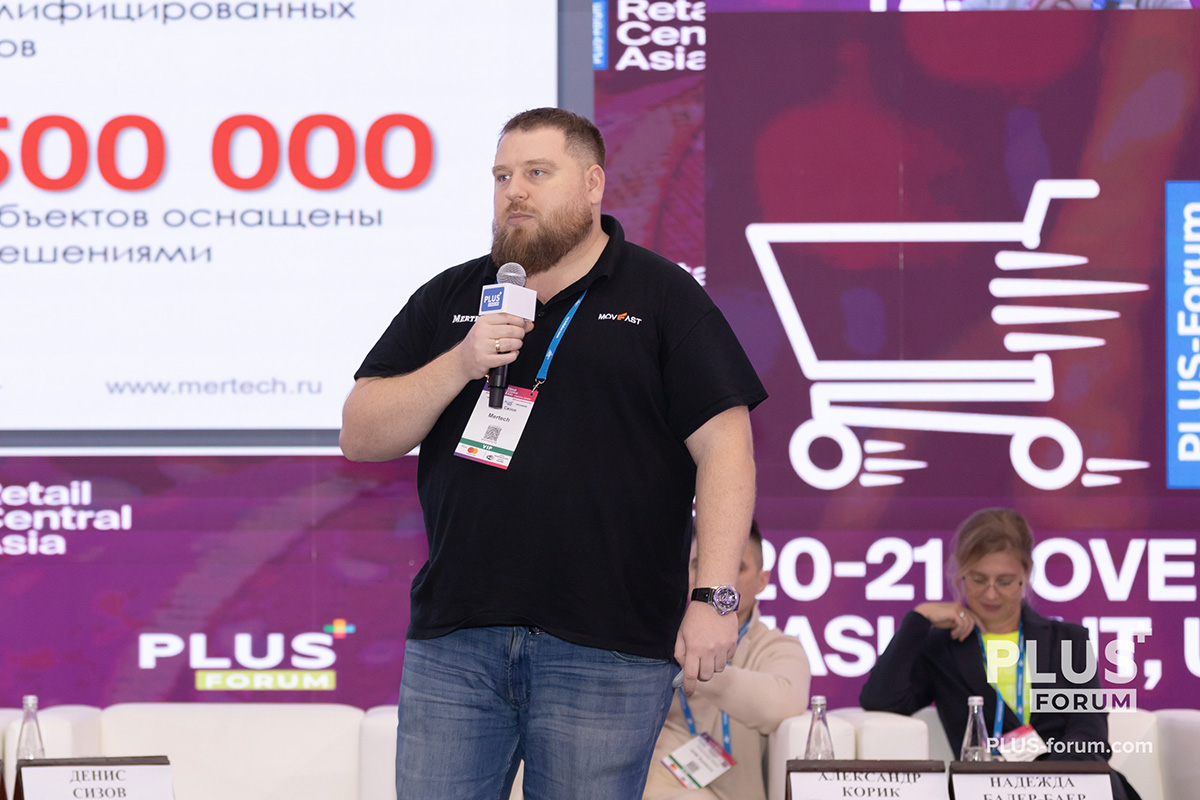 Denis Sizov - Mertech
Denis Sizov - Mertech
Head of Sales, Mertech, spoke about the implementation of new retail equipment for a successful business.
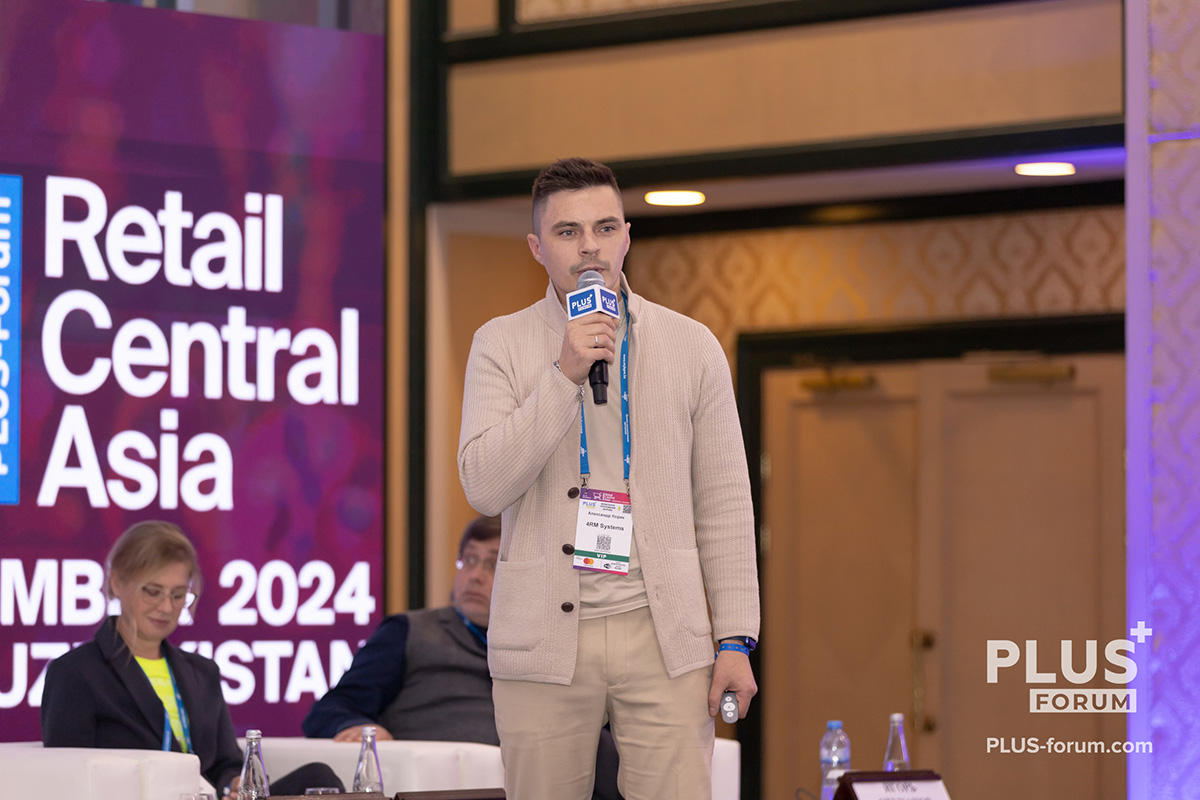 Alexander Korik - 4RM Systems
Alexander Korik - 4RM Systems
Alexander Korik, Chief Commercial Officer, 4RM Systems, reported on the modification and robot automation of the checkout area, based on the experience of Belarus.
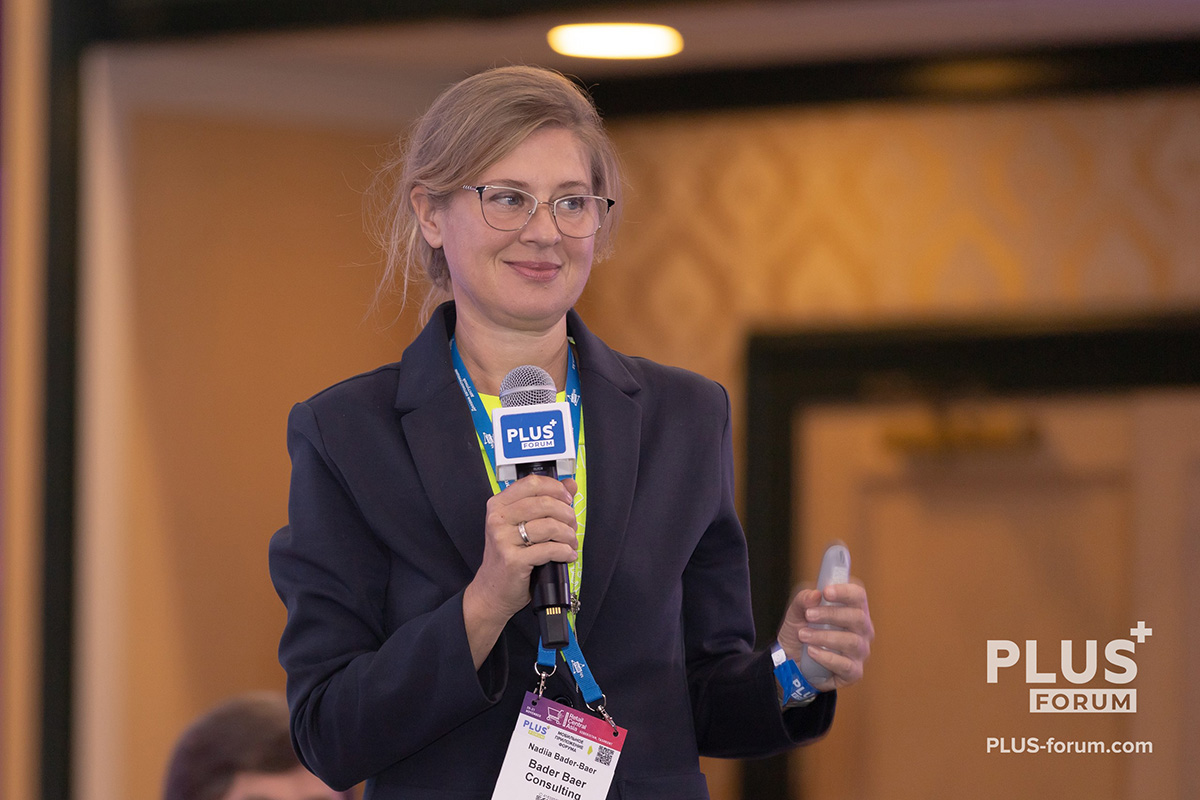 Nadezhda Bader-Baer - Suzirya Kazakhstan
Nadezhda Bader-Baer - Suzirya Kazakhstan
Nadezhda Bader-Baer, an independent international consultant on strategic marketing; Managing Partner of Suzirya Kazakhstan; Founder of Bader-Baer Consulting, took an active part in the dialogue. The expert devoted her speech to optimization and strategies for the development of retail outlets based on the retailer's conscious geo-strategy.
The speaker shared tips on how to avoid opening unprofitable stores, specifying that every year thousands of stores and restaurants close due to poorly chosen locations. Entrepreneurs lose money and reputation, and premises owners lose time and money. That is why it is so important to take into account the main risk factors based on a conscious geo-strategy when choosing locations, analysing what innovative tools for minimizing risks and errors are already available today.
Nadezhda Bader-Baer also informed what new tools for tracking the effectiveness of advertising communications are currently available on the Central Asian market.
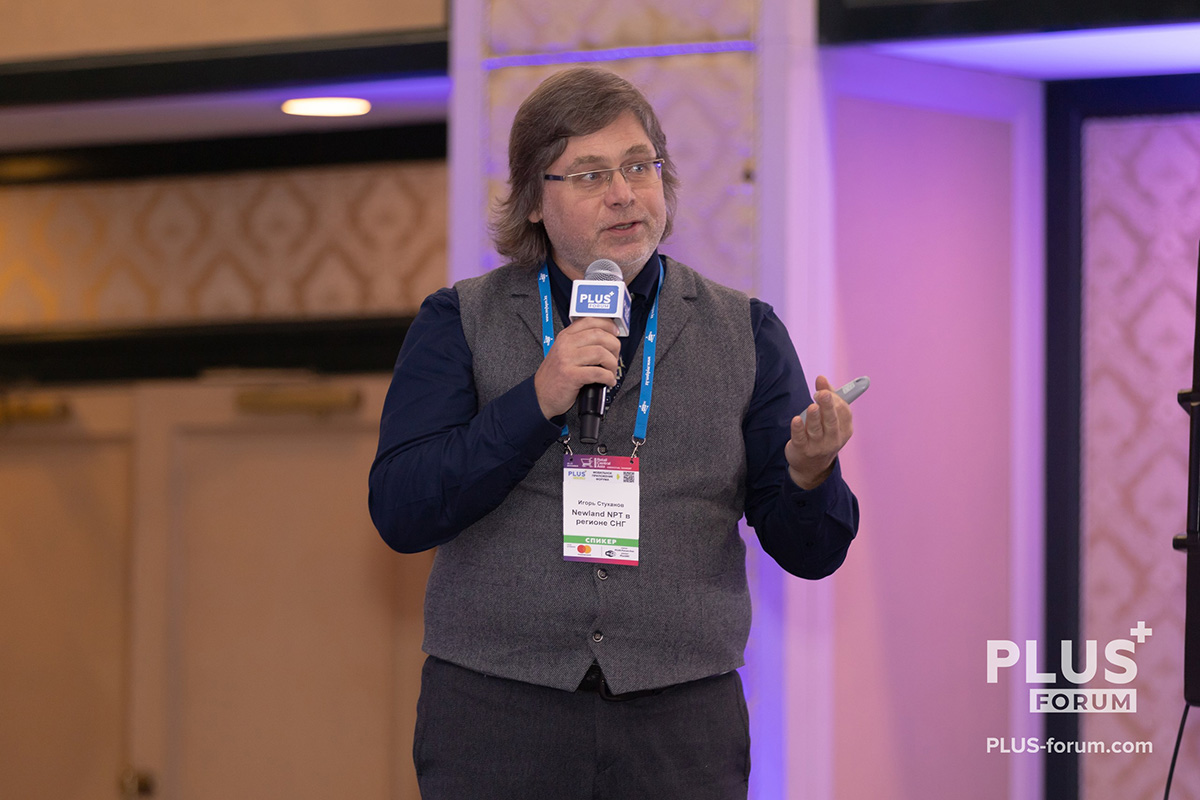 Igor Stukanov - NEWLAND NPT
Igor Stukanov - NEWLAND NPT
Igor Stukanov, Chief Representative of NEWLAND NPT, devoted his report to the evolution of payment solutions: from bank cheques to biometric services.
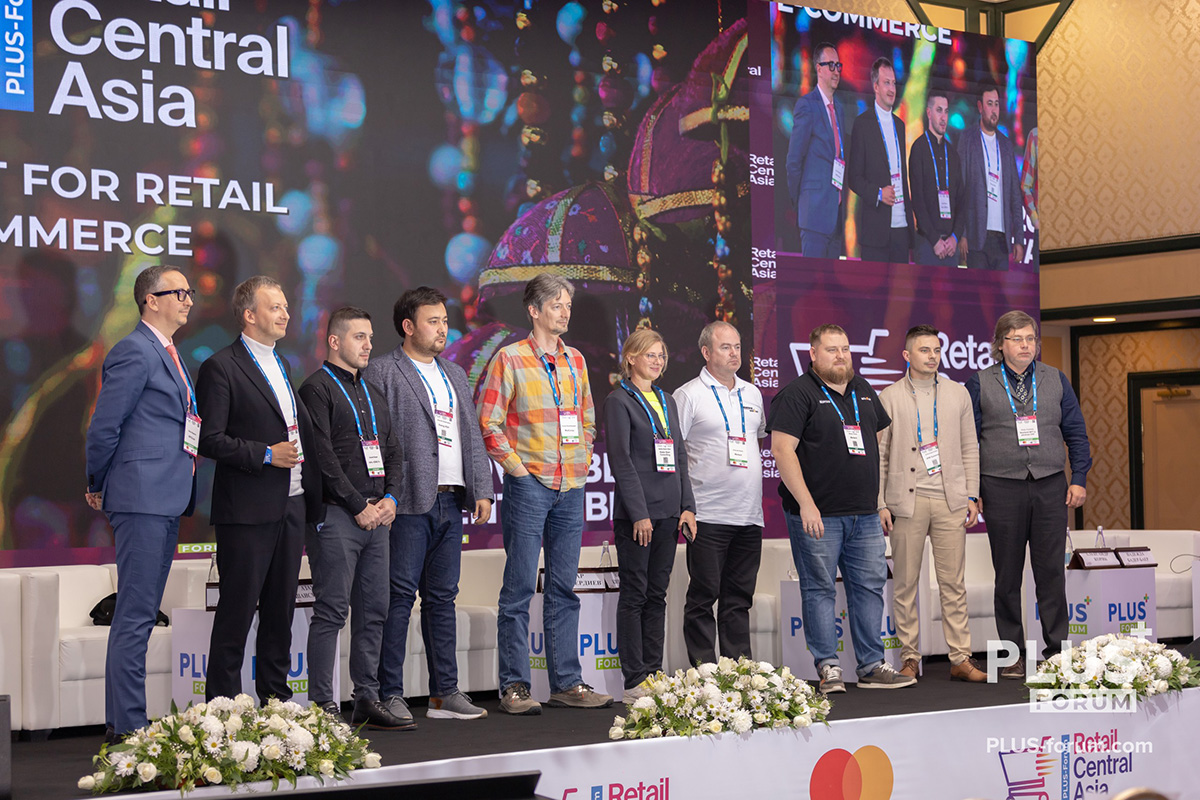 “New Loyalty. The current level of communications and interaction with the client”
“New Loyalty. The current level of communications and interaction with the client”
The session “New Loyalty. The current level of communications and interaction with the client”
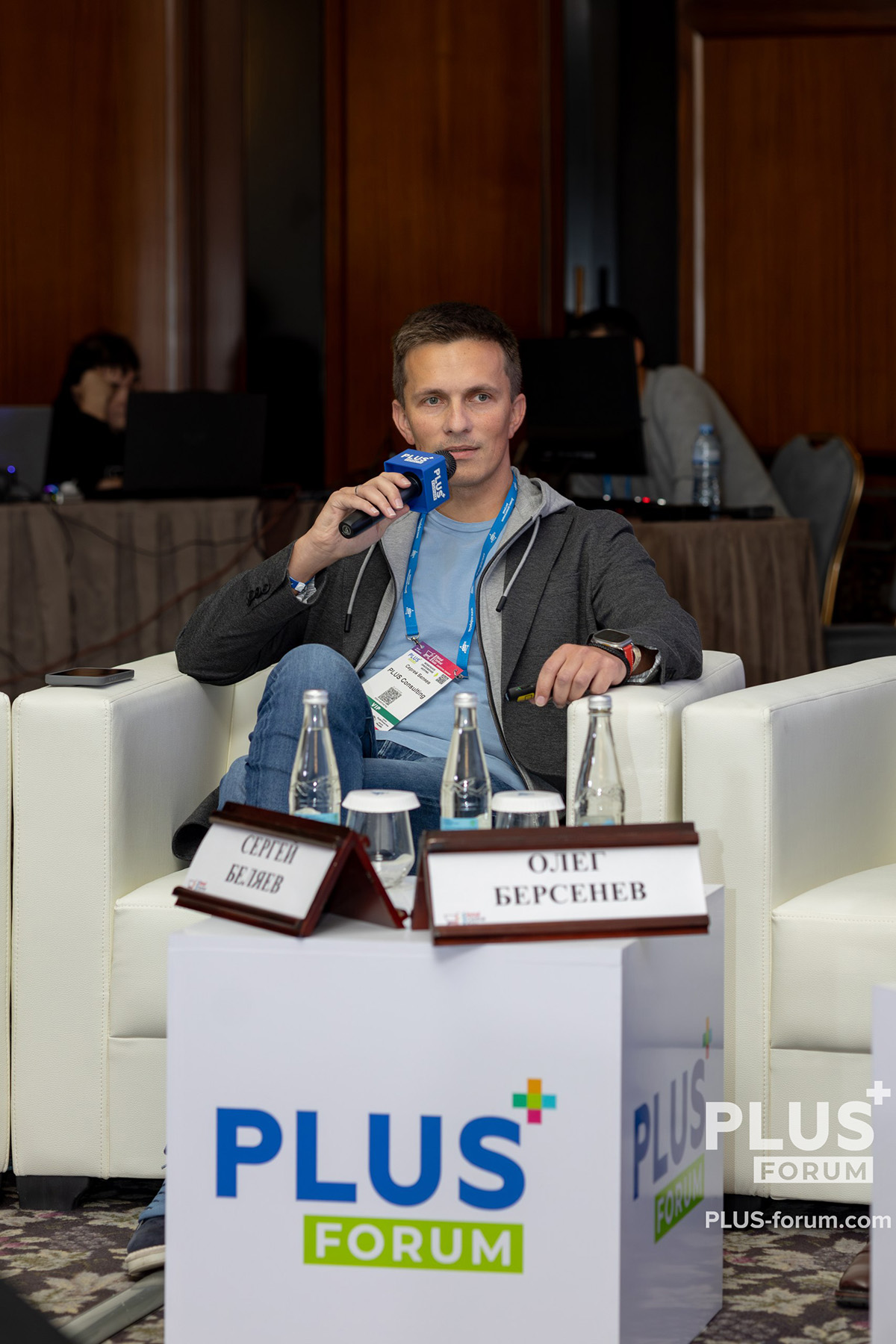 Sergey Belyaev - PLUS Consulting
Sergey Belyaev - PLUS Consulting
was moderated by Sergey Belyaev, Partner at PLUS Consulting. He said that PLUS Consulting would present a large-scale study on loyalty programs in the international arena in early 2025. According to the speaker, this report will become an indispensable assistant in developing your loyalty programmes and subscriptions. Book the study now at https://loyalz.online/report2025-plus-ru.
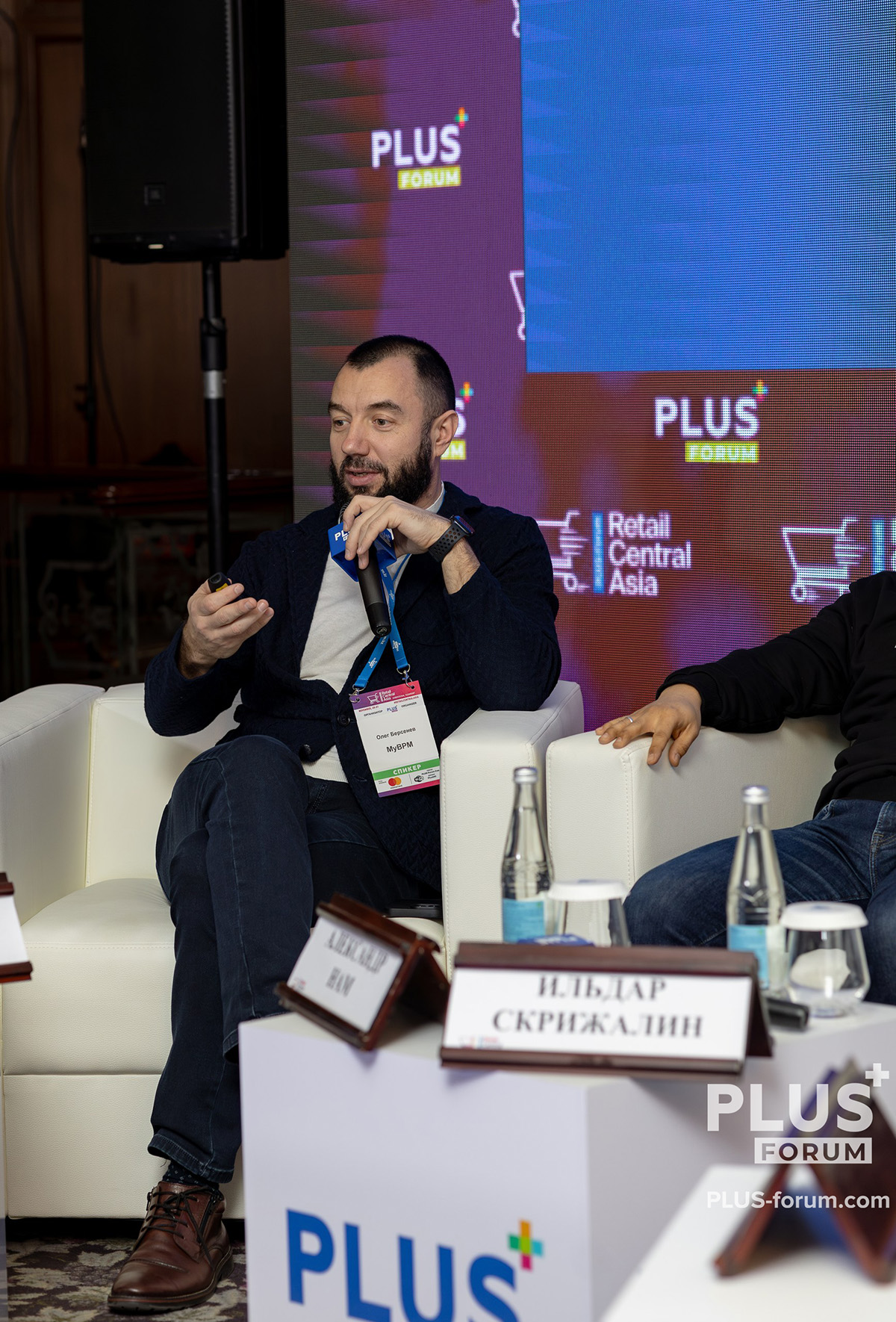 Oleg Bersenev - CEO MyBPM
Oleg Bersenev - CEO MyBPM
Oleg Bersenev, CEO, MyBPM noted that we live in the era of the experience economy, where the client expects not just a product or service, but a positive experience of interaction with the brand.
Today, loyalty programmes are becoming intelligent: they use data, automation and digital channels. MyBPM contributes by providing retailers with tools to automate loyalty programmes, collect customer behaviour data and create personalised offers.
Loyalty programmes should not only boost purchases, but also strengthen the emotional connection with the client. Frequent interaction with the brand through platforms such as MyBPM increases engagement rates (DAU/MAU) and ultimately increases the company's capitalization.
Sergey Belyaev, Partner at PLUS Consulting, analysed modern concepts and new scenarios for interaction between a buyer and a product through the prism of understanding buyer triggers, “make a purchase” or “not”. According to the speaker, the client perceives news about the launch of a new loyalty programme with noticeable indifference. Therefore, it is very important to explain to them in advance what exactly s/he can get by participating in it, especially by participating in a subscription programme, i.e. by definition not for free. As international practice shows, this can be, for example, a refund of the subscription cost in the form of bonuses during the year subject to multiple purchases, which psychologically reduces the entry barrier for the client.
The expert paid special attention to the potential of gamification in involving clients in loyalty programmes.
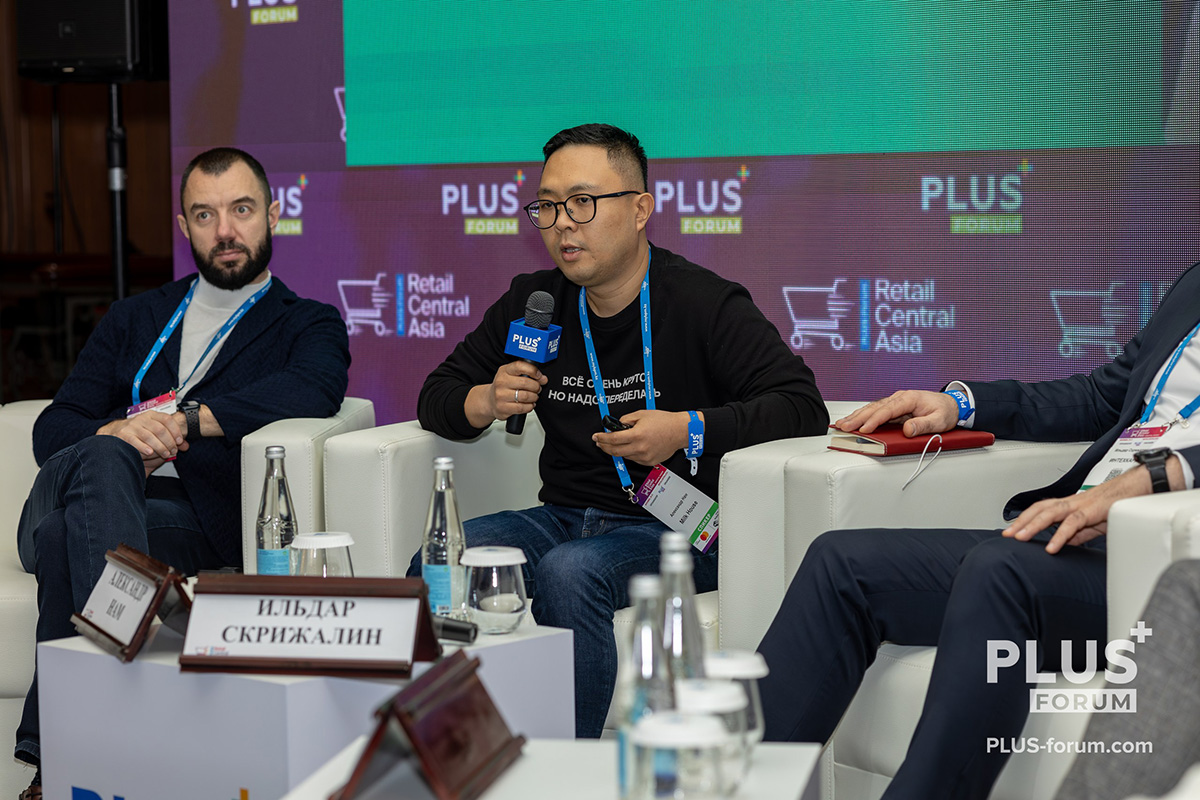 Alexander Nam - Milk House
Alexander Nam - Milk House
Alexander Nam, Head of Marketing and Trade Marketing, Milk House, emphasized that information is becoming extremely easy-to-access today, which means a decrease in its value. Amid the information noise, the key task of marketing is to attract the client's attention through a unique presentation of content and the creation of new meanings..
In his presentation, Ildar Skrizhalin, CEO, INTECHCARD, continued dwelling on the importance of client sensations in developing and maintaining their loyalty. The speaker began by considering the ever-relevant question of whether payment cards and POS terminals will disappear from the market in the foreseeable future. Having analysed the available statistics, he came to an unbiased conclusion: “Cards are here to stay.” This is also evidenced by the growth of transactions on POS terminals alongside the increase in payment transactions in eCommerce. The expert believes that one of the reasons is the peculiarities of human perception, primarily tactile sensations, which are inherent to traditional plastic cards, as opposed to virtual payments.
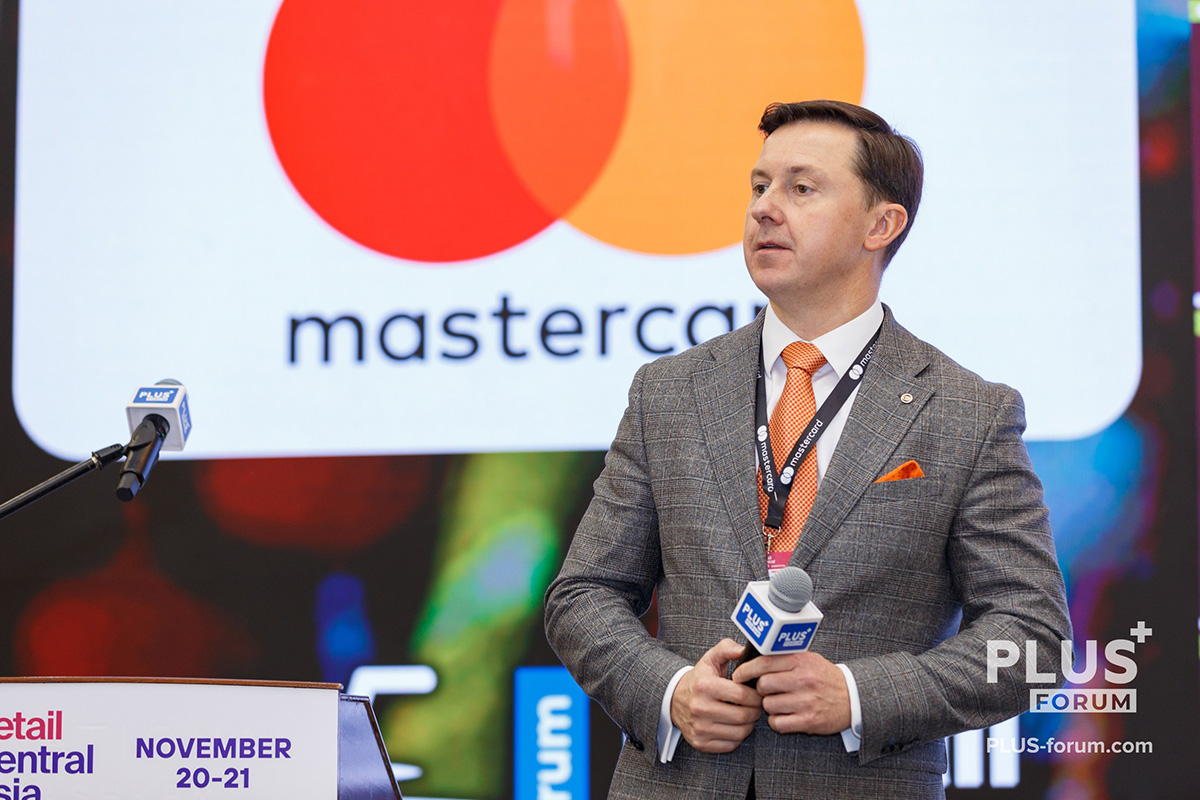 Rafal Trepka - Mastercard
Rafal Trepka - Mastercard
Rafal Trepka, Vice President, Customer Solutions, Mastercard Eastern Europe and Central Asia, added that loyalty is not a programme, but the result of many interactions that help improve business metrics. Satisfied customers reduce the cost of attracting new ones, strengthen the connection with the brand and contribute to its differentiation in the market. However, there are also challenges on the way to building loyalty: • collection of irrelevant data; • inability to effectively process the obtained data; • inability to adapt to changing customer expectations.
To be implemented successfully, a loyalty program needs an integrated approach, where technology, data and emotional interaction form the basis for long-term relationships with customers, the expert concluded.
Daria Sukhodolova, Regional Director, Lalafo, spoke online, sharing her company's experience in increasing customer loyalty. She paid special attention to the need to take into account the specifics of the country markets where loyalty programs were promoted and target customer categories.
Key industry-specific issues were discussed by participants of the session “Marketplaces – the next link in the evolutionary trajectory of eCommerce” moderated by Anna Kovtun, Marketing Expert, Brand Strategist, Founder of the Voronka AI service.
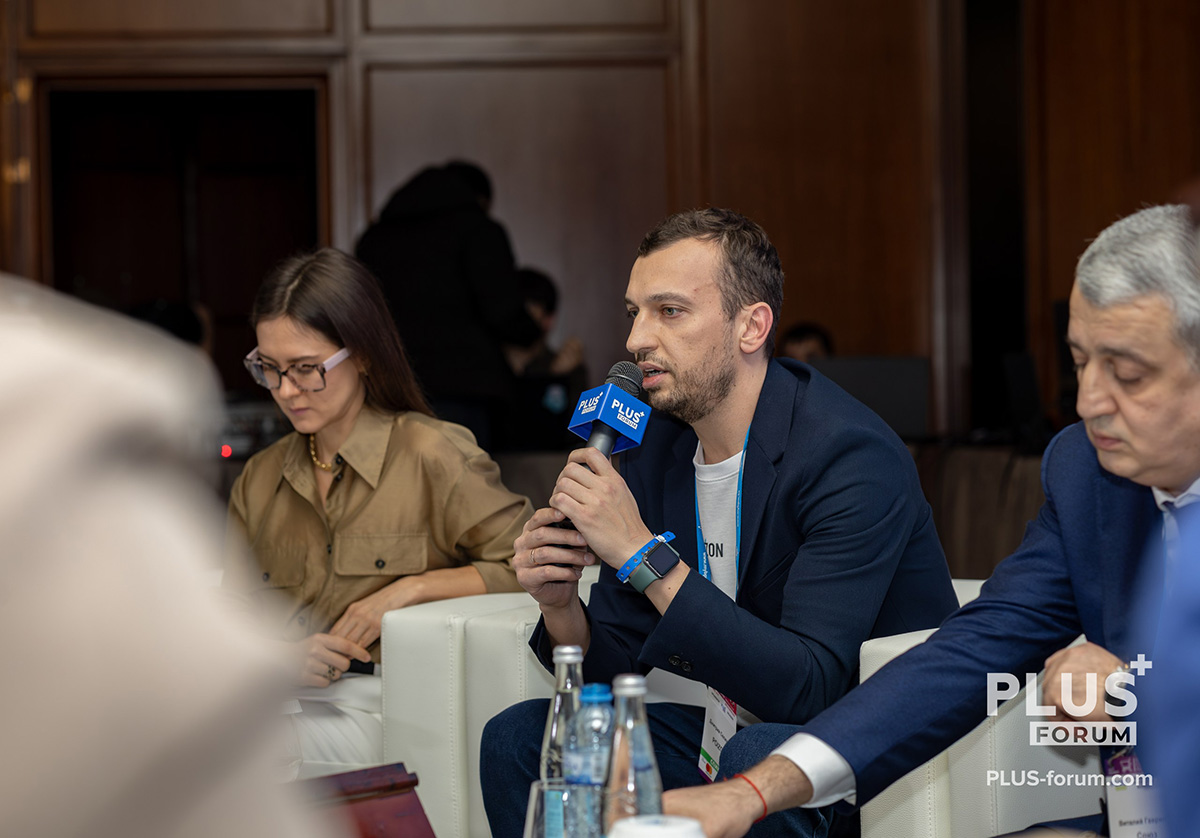 Dmitry Selikhov - POIZON
Dmitry Selikhov - POIZON
Dmitry Selikhov, Regional Director, POIZON, spoke about the POIZON project, lunched in 2015 as a new approach to the marketplace concept on the Chinese market in such niches as Fashion and the so-called new audience – a new generation of consumers who grew up in the realities of mobile applications.
Over time, an online product authentication service appeared within this marketplace, which was later copied by several major players from the USA. With the largest community of buyers, POIZON is the largest participant in the PRC market today.
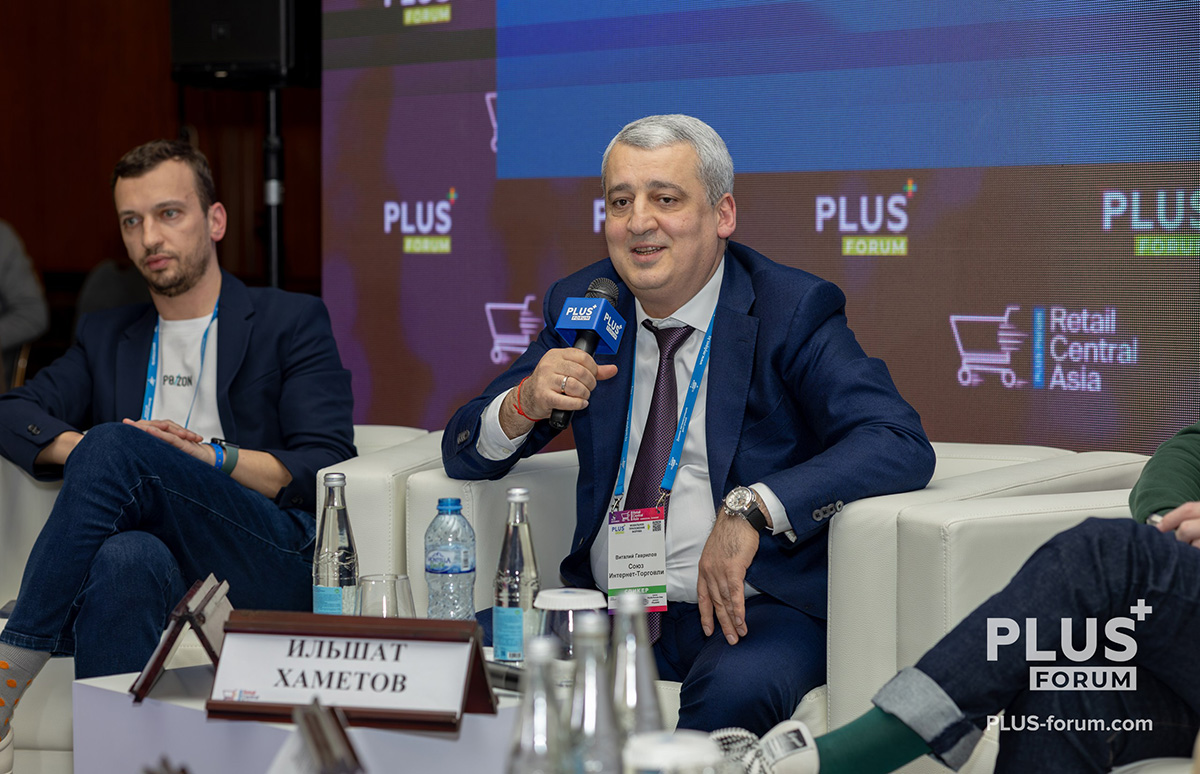 Vitaly Gavrilov - Internet Commerce Union
Vitaly Gavrilov - Internet Commerce Union
Vitaly Gavrilov, President of the Internet Commerce Union, reviewed the current problems of Russian sellers.
According to the speaker, the Internet Commerce Union plans to open its representative offices in a number of Central Asian countries, including Uzbekistan and Tajikistan, as well as in India, by 2025. “The Internet Commerce Union is ready to guarantee the most seamless entry into the Russian market for entrepreneurs from other countries,” the speaker stressed.
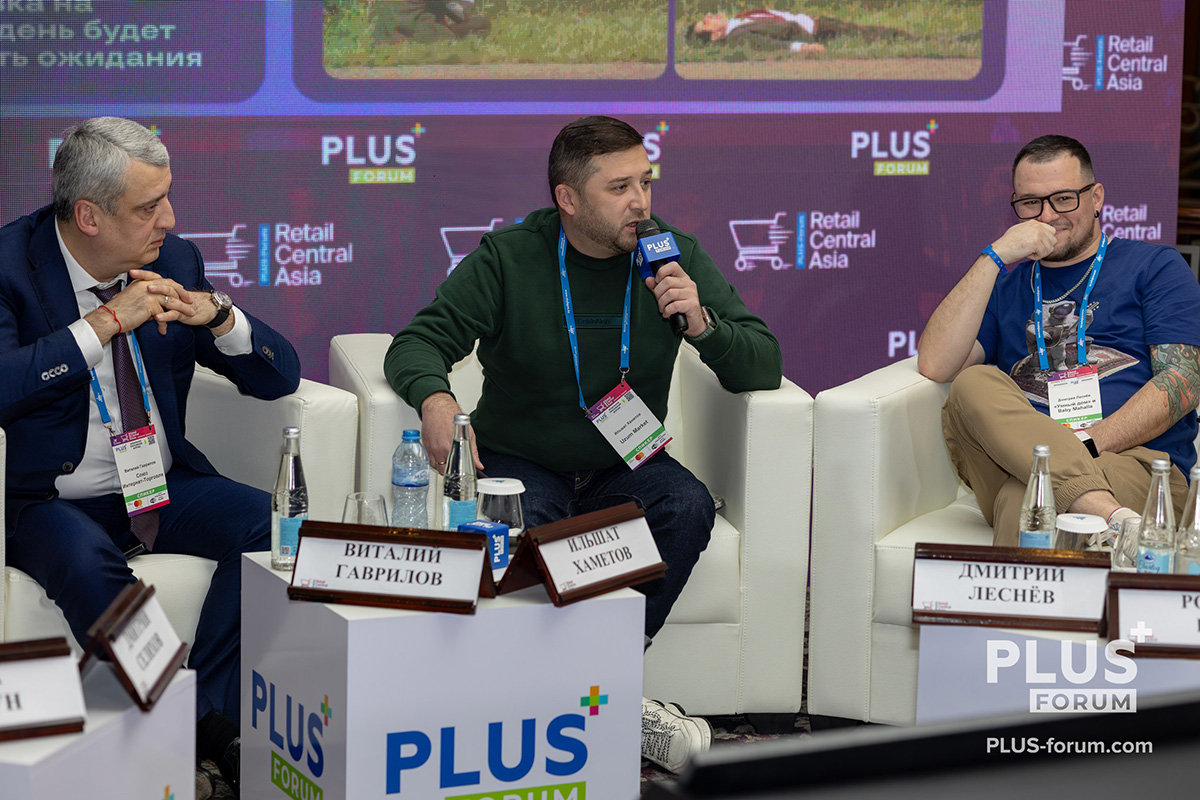 Ilshat Khametov - Uzum Market
Ilshat Khametov - Uzum Market
Ilshat Khametov, CEO of Uzum Market, spoke about the transformation of customer experience, consumer behaviour and habits in Uzbekistan. Just a few years ago, residents of Uzbekistan calmly waited for goods to be delivered in 2-6 days, while next-day delivery seemed like something fantastic. However, at the beginning of 2022, the situation began to change. Fast delivery introduced by Uzum Market not only set new de facto standards, but also changed customer expectations. Today, customers already perceive same-day delivery as the norm, not as an advantage.
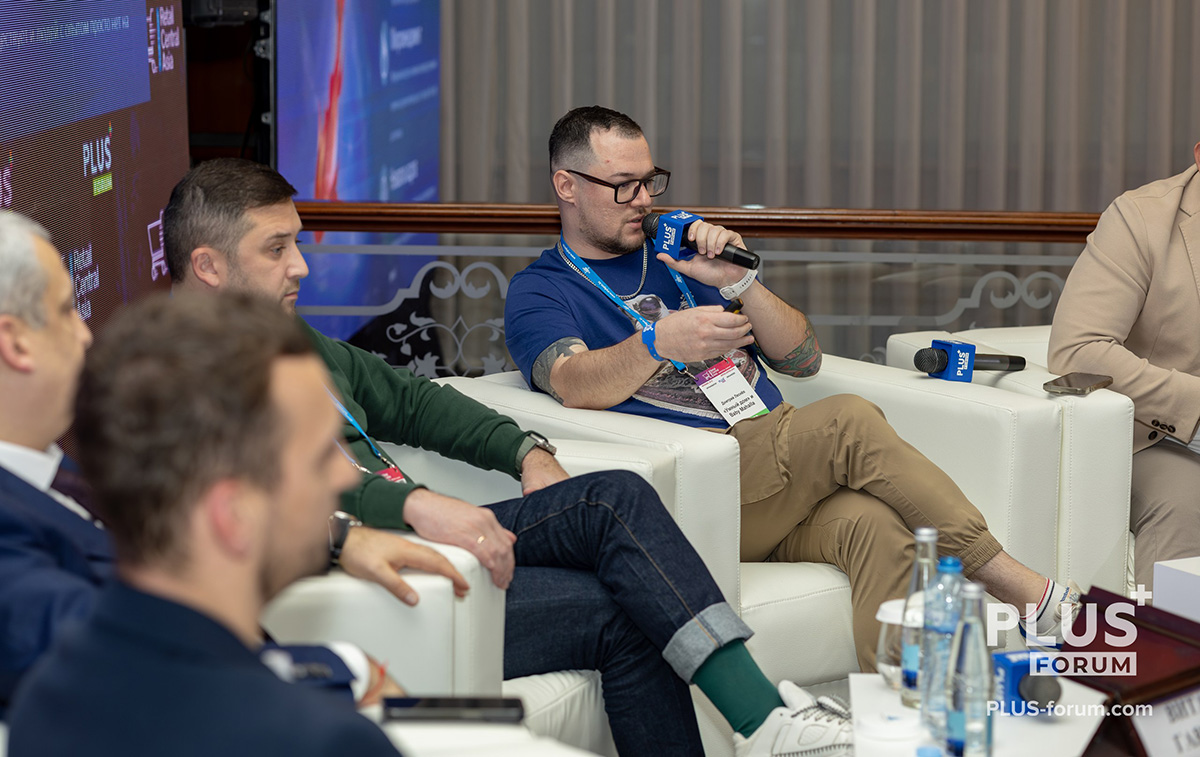 Dmitry Lesnev - Smart Home and Baby Mahalla stores
Dmitry Lesnev - Smart Home and Baby Mahalla stores
Dmitry Lesnev, совладелец магазинов In Touch, Co-owner of In Touch, Smart Home and Baby Mahalla stores, shared his experience of working on the Uzum marketplace. Becoming a top seller was “both a blessing and a challenge” for the team. According to the speaker, the strength of the team, effective management and patience became key tools for overcoming these challenges.
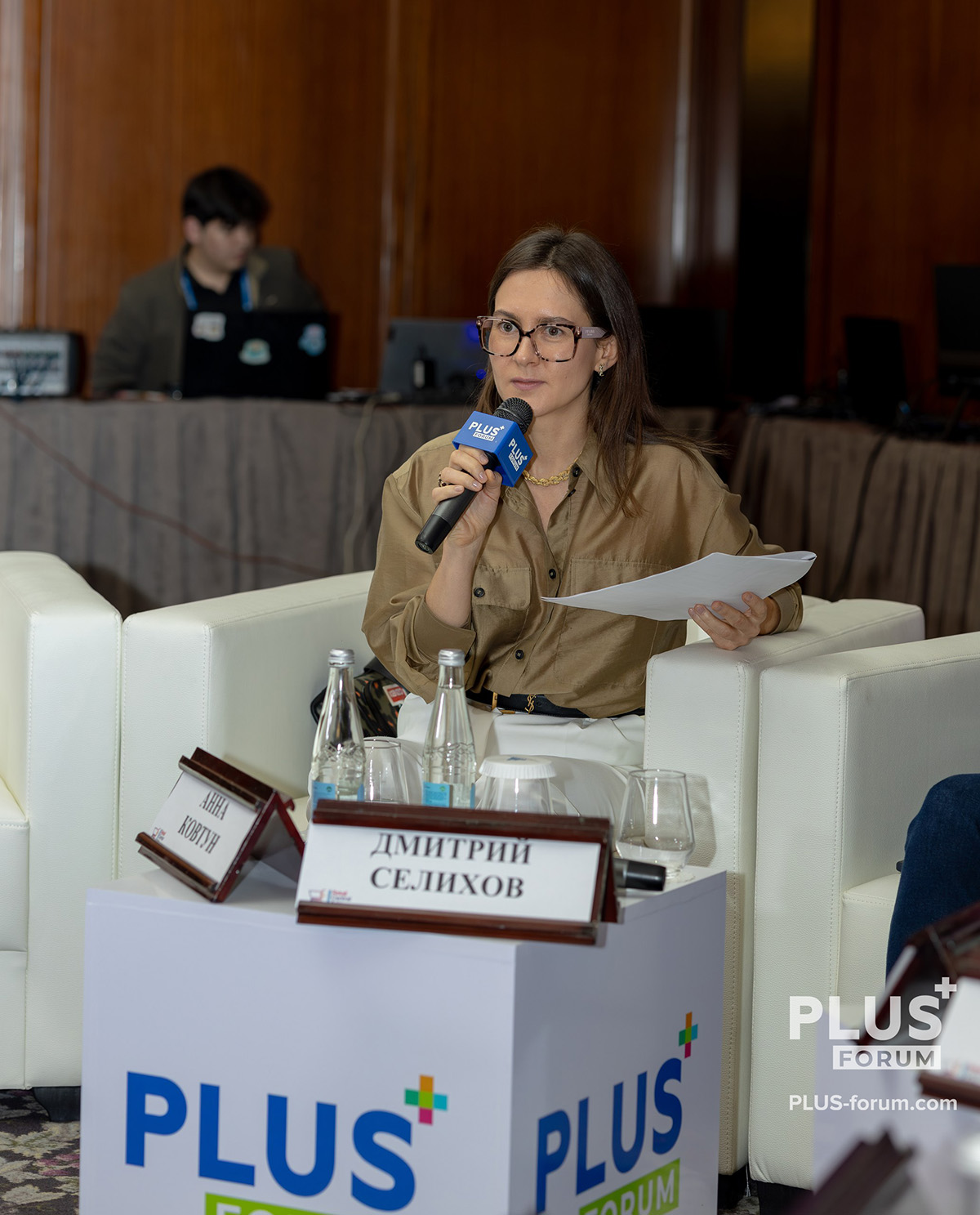 Anna Kovtun - Voronka
Anna Kovtun - Voronka
Anna Kovtun, Founder, Voronka AI service specializing in generating sales funnels for marketplaces, devoted her report to content marketing, using the refrain “The card is your seller!” Why is content put at the forefront of online sales? The fact is that a client in the e-commerce segment only encounters a physical product after is has been paid for and received, which means that, in essence, industry participants sell virtual goods. In this context, the role of a sales consultant is assigned to the product card, i.e., selling content, Anna Kovtun stressed, citing illustrative examples from her own practice.
According to her, the main product card simply attracts attention to it, then you need to engage the buyer in emotional contact, and then powerfully prove why s/he really needs this product. Only in this way a content funnel can influence sales positively.
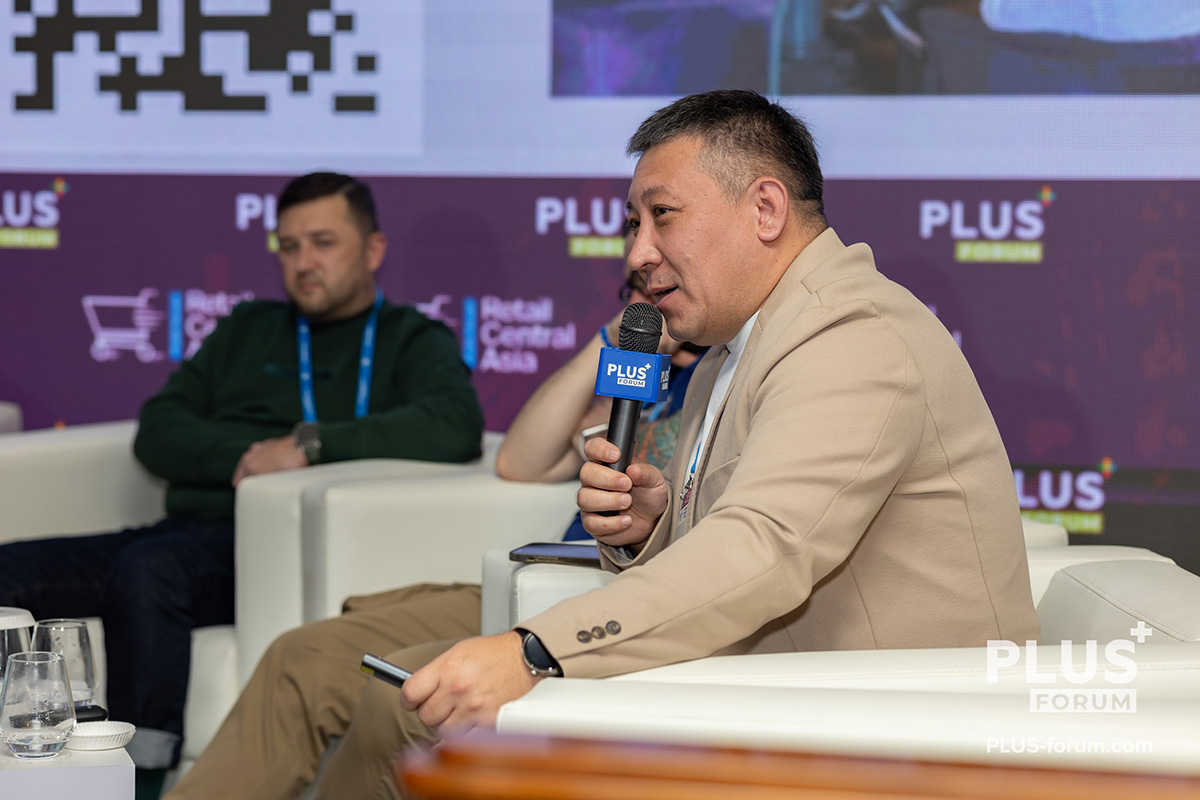 Roman Kim - Uzum Market
Roman Kim - Uzum Market
Roman Kim, a seller at Uzum Market and Co-founder of the Association of Sellers of Uzbekistan, emphasized the need to create a single platform for entrepreneurs. Many sellers face the following problems at the beginning of their entrepreneurial journey: lack of knowledge and experience to enter marketplaces, lack of access to support tools, the need to protect the interests of small and medium businesses nationwide.
Against this background, the association created by Roman Kim has become a platform for training and improving the skills of sellers, exchanging experiences and discussing pressing business issues, as well as lobbying the interests of entrepreneurs in the legislative and economic spheres. The association helps entrepreneurs adapt to changes and grow faster in new markets.
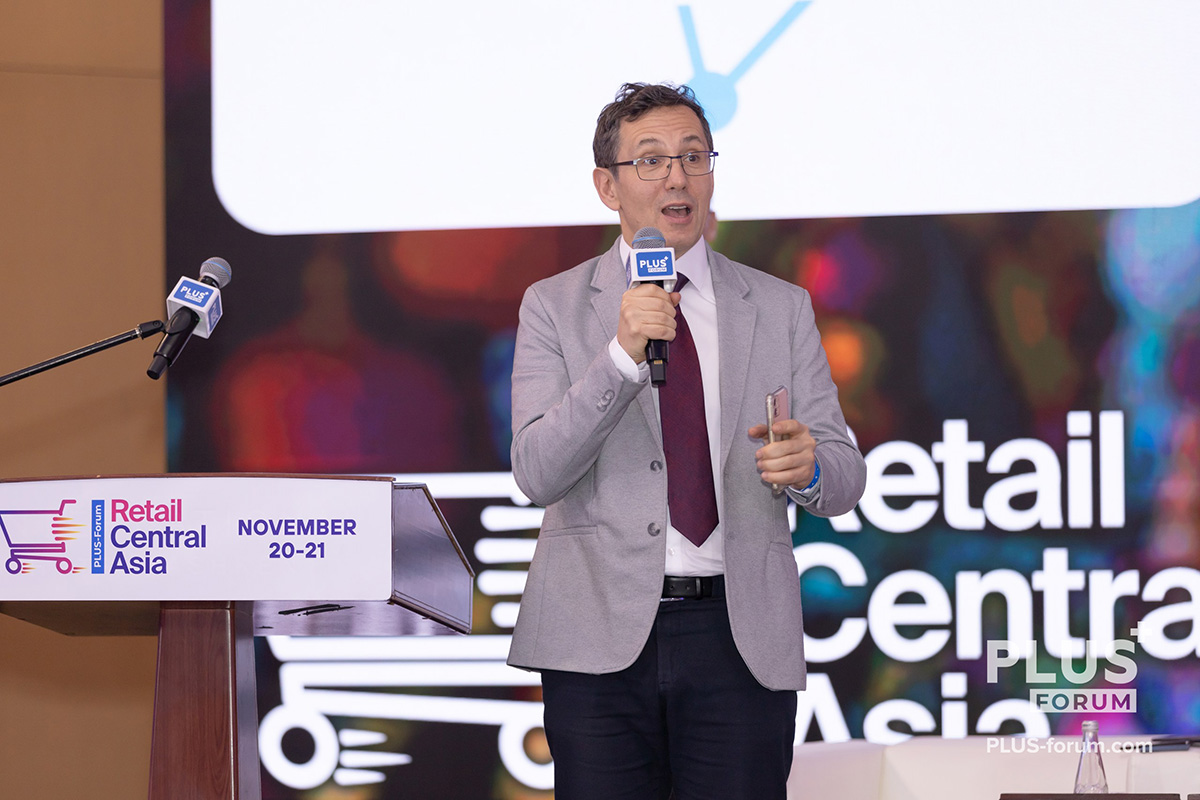 Adrien Hennie - International Digital News
Adrien Hennie - International Digital News
The session “Logistics and fulfilment today. The heart and basis of modern retail” was moderated by Adrien Hennie, Founder of International Digital News.
Anna Fomicheva, an entrepreneur; a practicing expert with 16 years of experience in the commodity business and international trade, Co-Founder of DIGITAL VED, a digital platform for business, took part in a lively dialogue online. Her report was named “Optimization of logistics processes and cost reduction when working with China.”
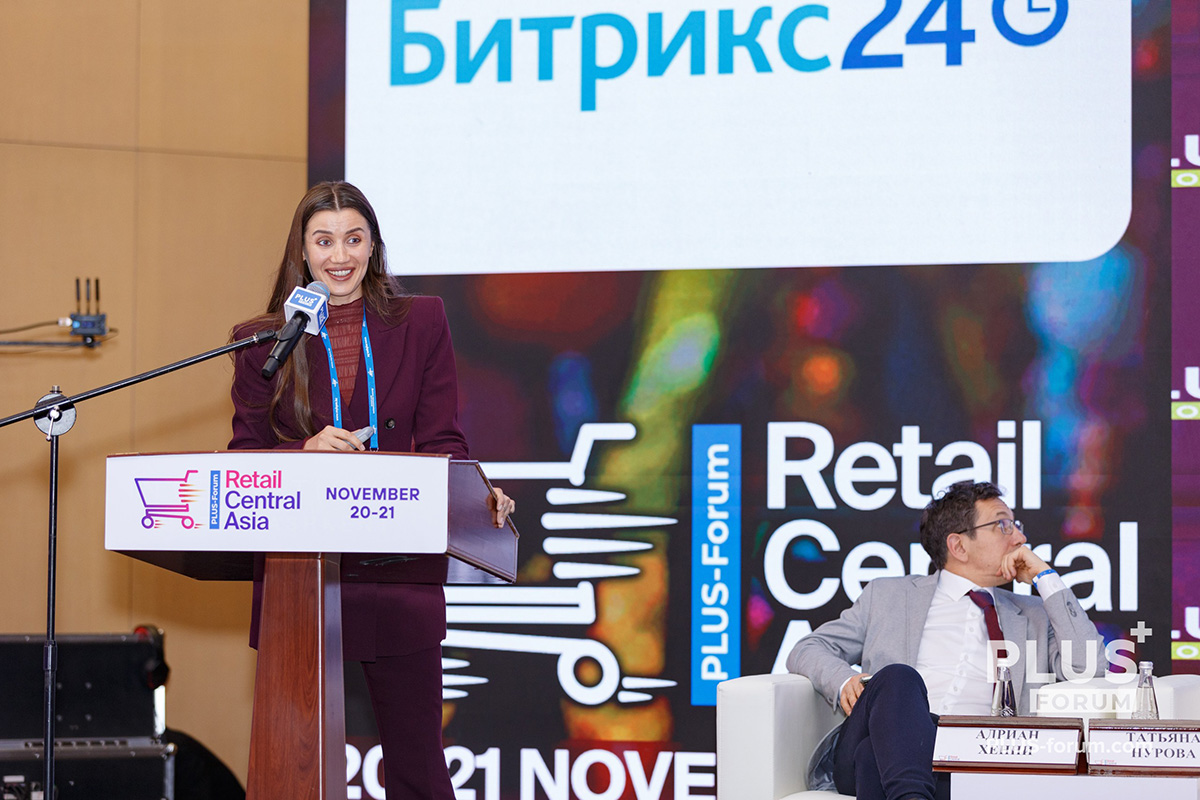 Tatyana Nurova - CDEK Partner Network in Central Asia
Tatyana Nurova - CDEK Partner Network in Central Asia
Tatyana Nurova, Head of Development of the CDEK Partner Network in Central Asia, spoke in detail about ways to optimize logistics, which, in her opinion, is the shortest cut to business growth. The speaker noted that effective logistics helps achieve a 15-25% reduction in operating expenses.
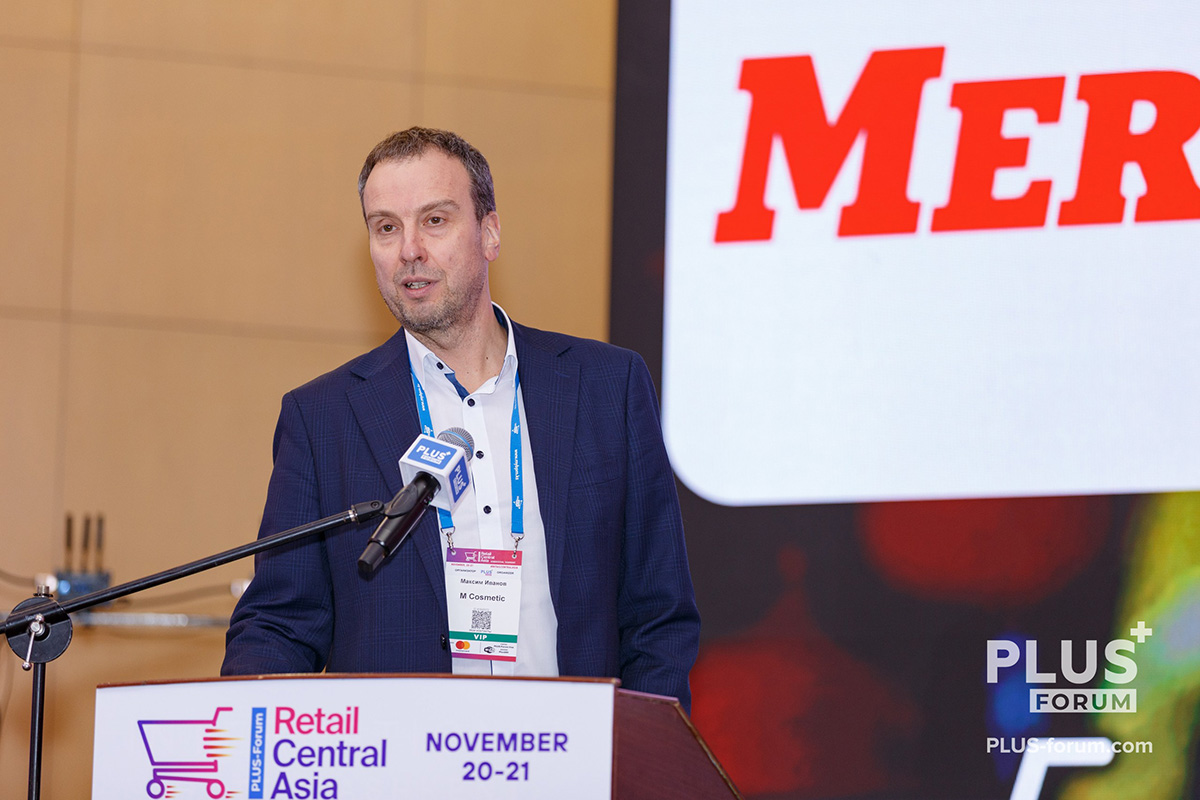 Maxim Ivanov - M Cosmetic
Maxim Ivanov - M Cosmetic
Maxim Ivanov, Head of Logistics, M Cosmetic drugstore chain, discussed in detail the role of warehouse and transport logistics in retail. He also outlined the key problems and prospects of the logistics industry in Uzbekistan. The expert noted that the reverse effect of demand for warehouse and transport services affects the country's economy and boost the growth of prices for renting warehouse space.
Among the key trends in the logistics industry, he highlighted the restructuring of logistics chains driven by global economic changes. This includes an increase in demand for high-tech solutions in logistics. The speaker emphasized that retail development is impossible without modern technologies.
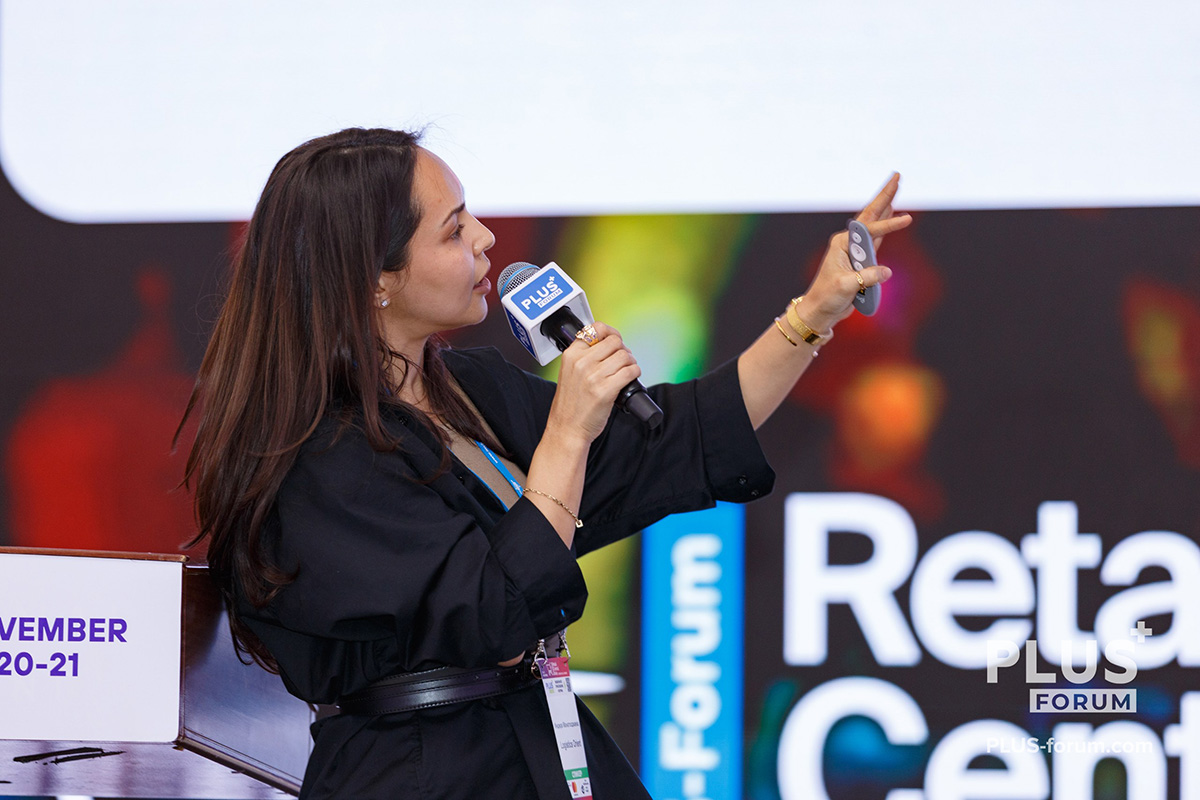 Indira Mamatkhodjaeva - Logistics Orient
Indira Mamatkhodjaeva - Logistics Orient
Indira Mamatkhodjaeva, Head of Quality Control and Business Process Management, Logistics Orient, presented a report titled “Quality business processes in warehouse logistics: reality or myth”.
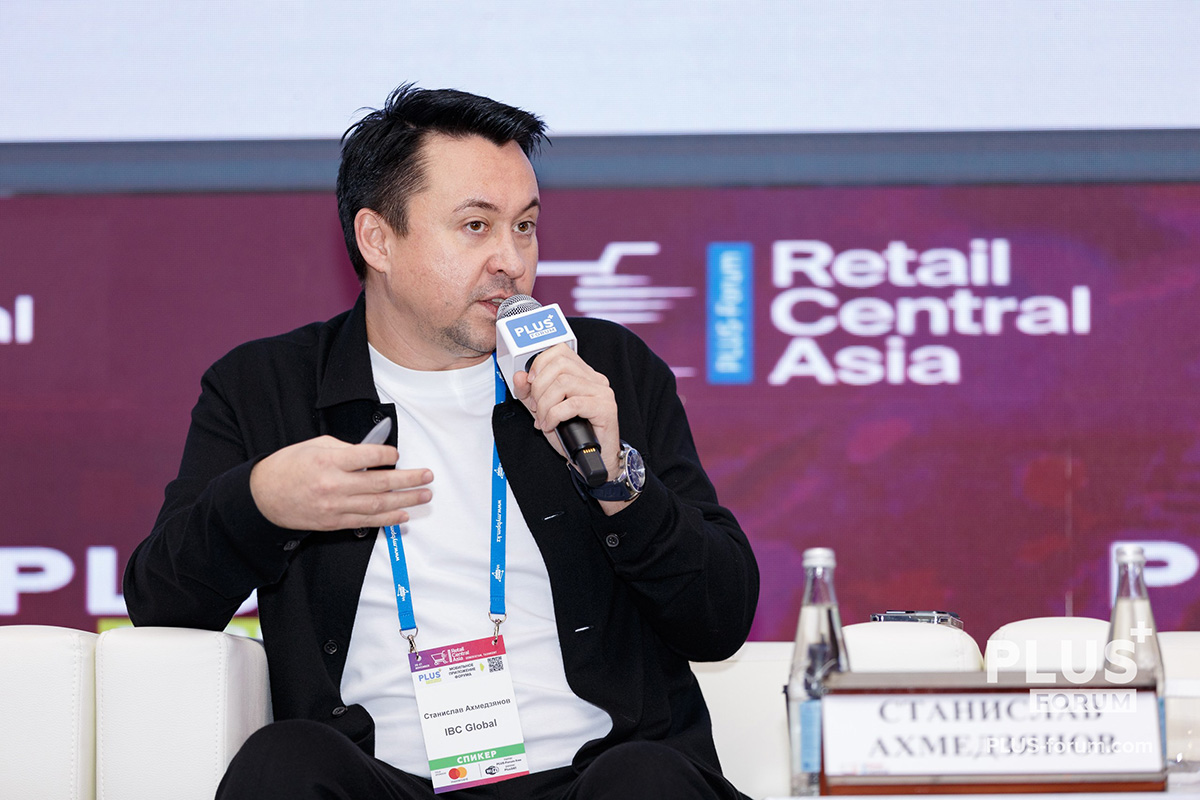 Stanislav Akhmedzyanov - IBC Global
Stanislav Akhmedzyanov - IBC Global
Stanislav Akhmedzyanov, Managing Partner, IBC Global, made a presentation titled “Warehouse wars: how retailers fight for control over logistics amid lack of floor space. The example of Russia and the future of Central Asia”.
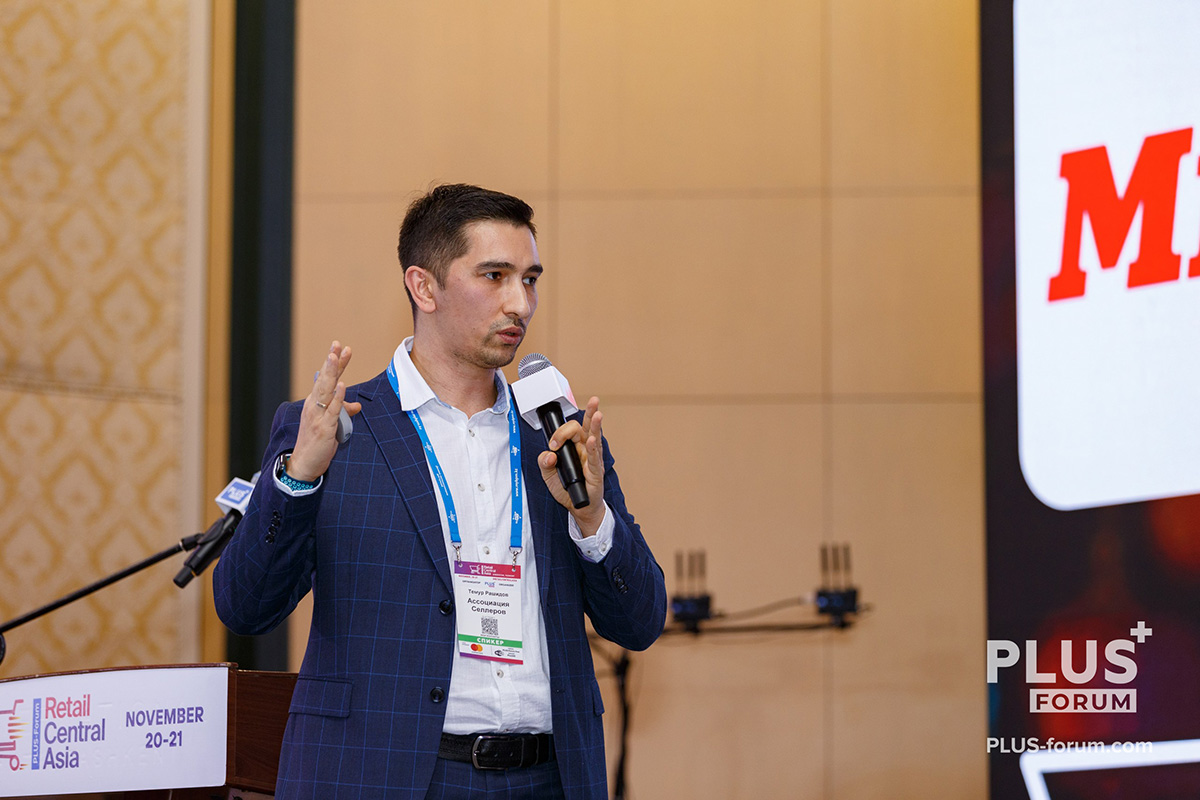 Temur Rashidov
Temur Rashidov
Temur Rashidov, Chairman and Co-Founder of the Association of Sellers of Uzbekistan; Owner of a fulfilment company in Tashkent, also took an active part in the discussion.
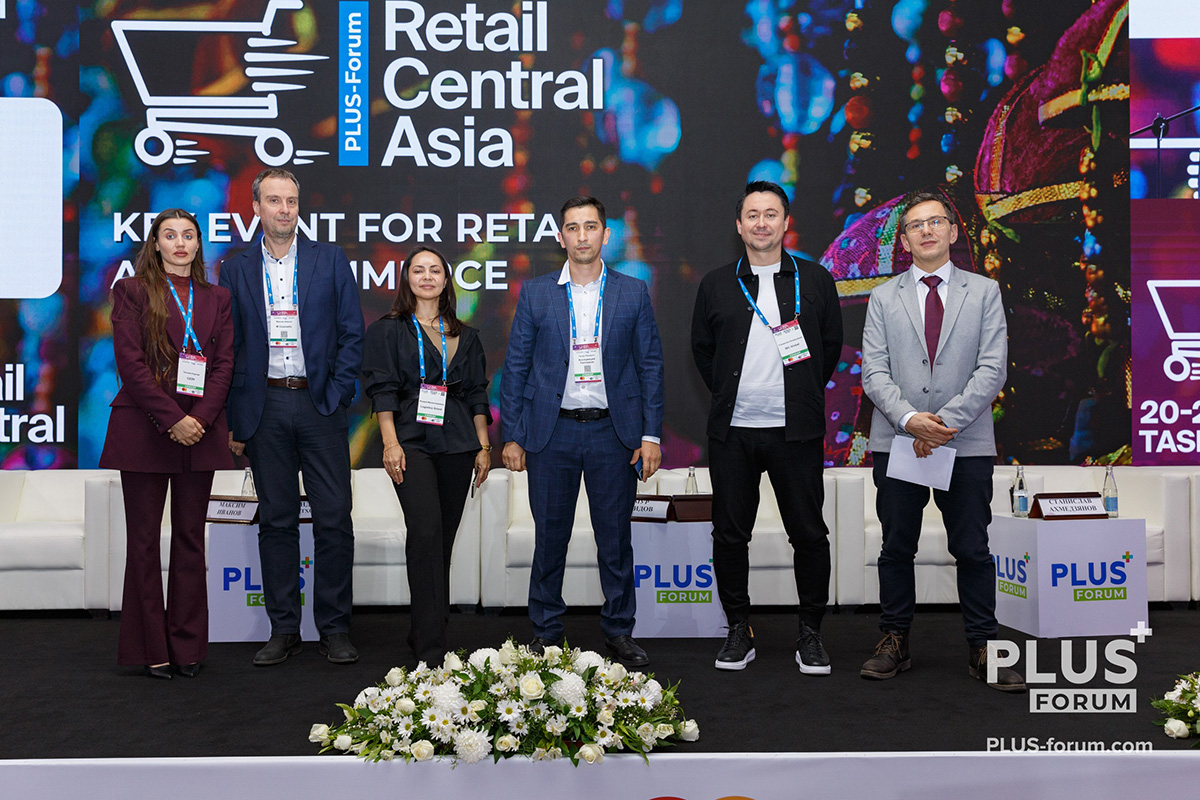 «Логистика и фулфилмент сегодняшнего дня. Сердце и основа современного ритейла»
«Логистика и фулфилмент сегодняшнего дня. Сердце и основа современного ритейла»
The business programme of the first day of the PLUS-Forum Retail Central Asia in Tashkent ended with a lively dialogue on logistics and the specifics of warehousing.
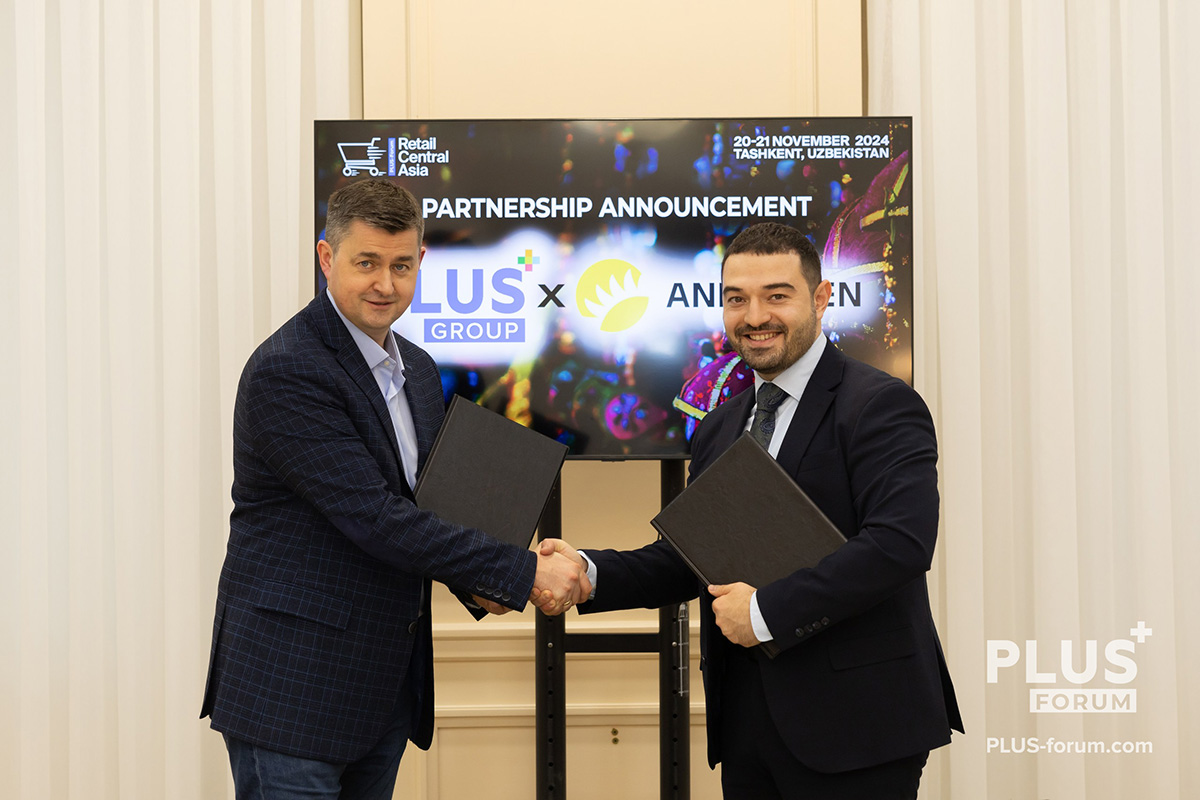 PLUS Group and Andersen
PLUS Group and Andersen
Also on the first day of the PLUS-Forum, a memorandum of cooperation was signed between PLUS Group and Andersen. The document was signed by Konstantin Grizov, CEO of PLUS Group, and Georgiy Taktakidze, CEO of Andersen (Uzbekistan).

Retail Central Asia. Day Two
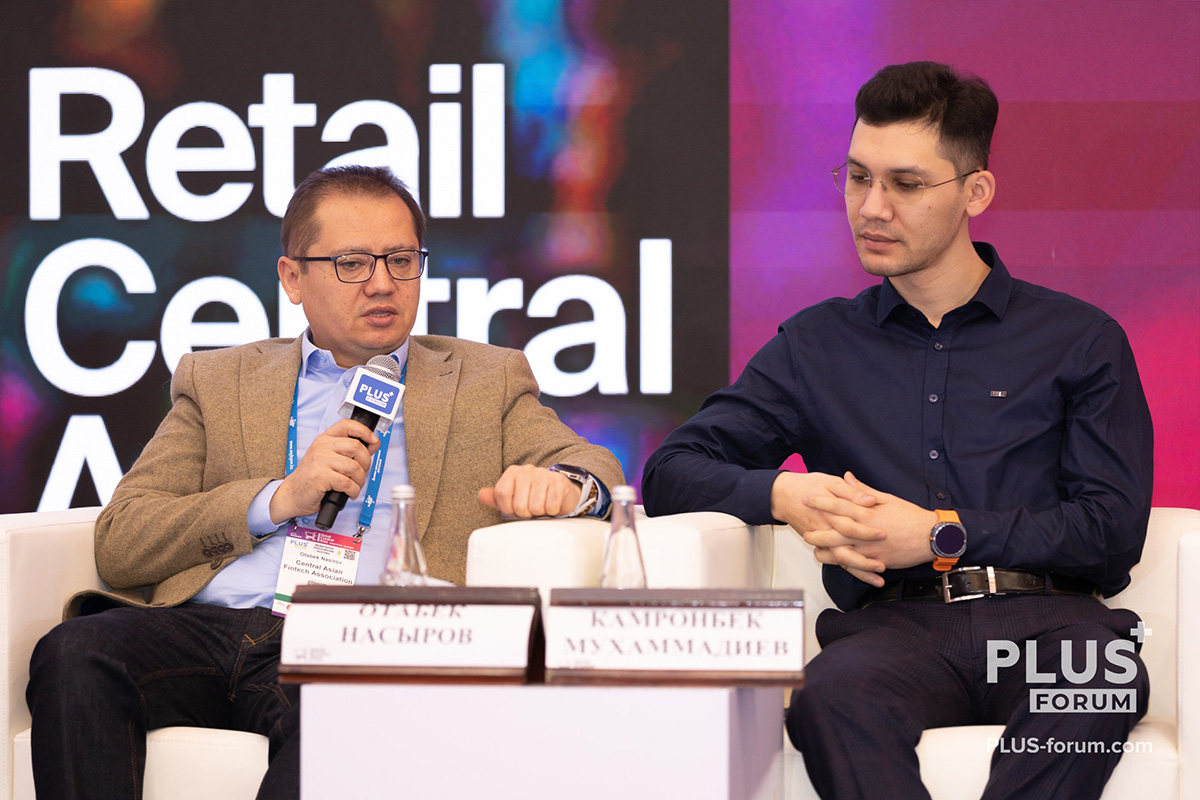 Otabek Nasyrov - Central Asian Fintech Association
Otabek Nasyrov - Central Asian Fintech Association
The second day of the PLUS-Forum Retail Central Asia in Tashkent opened with the session “eCommerce. Key drivers and new growth points””, moderated by Otabek Nasyrov, Chairman of the Central Asian Fintech Association.
Dmitry Komissar, Head of eCommerce Projects at PwC, shared key observations and challenges facing the e-commerce market in the Eurasian region. The speaker noted that the e-commerce market in Kazakhstan is demonstrating impressive growth rates. In 2023, market volumes grew by 79%, and the number of transactions increased by 84%. The average bill, however, slightly decreased to amount to 26.8 thousand tenge. The speaker paid special attention to the prospects for B2B marketplaces, which, in his opinion, will become a new growth driver.
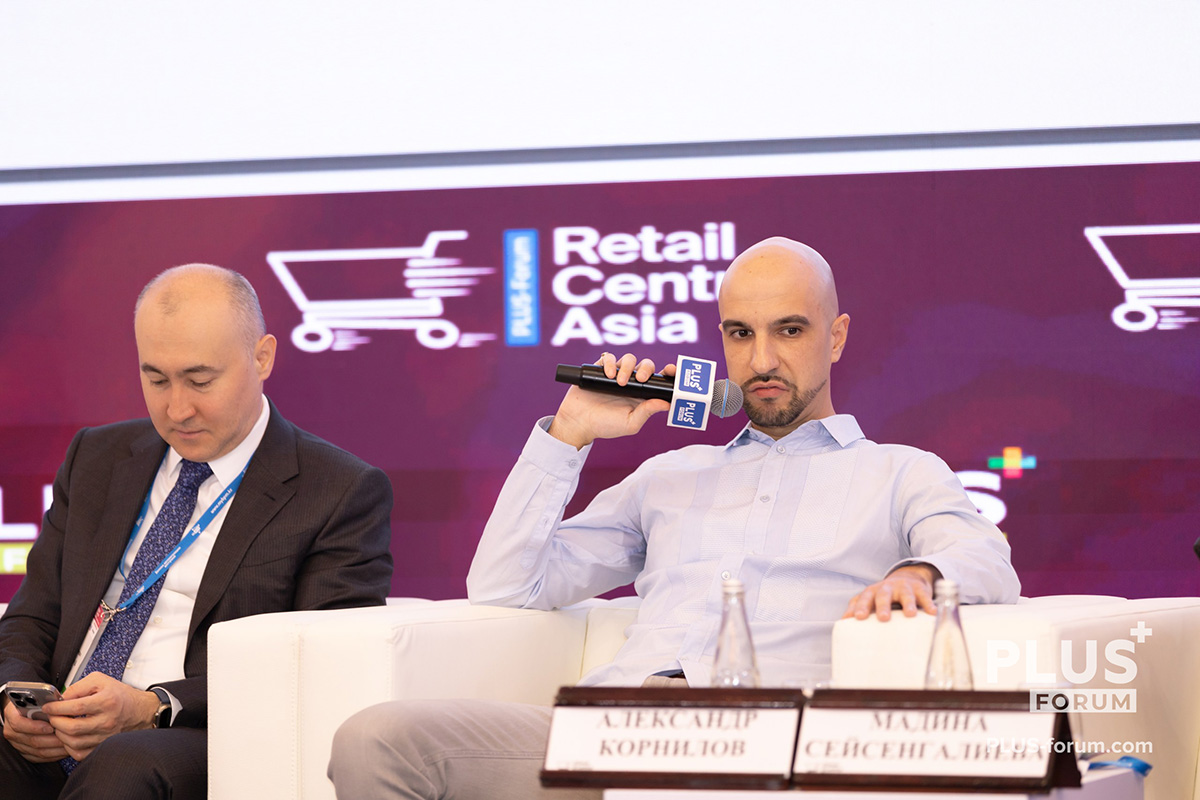 Alexander Kornilov, - Beeline Uzbekistan
Alexander Kornilov, - Beeline Uzbekistan
В свою очередь Alexander Kornilov, , Head of E-Commerce, Beeline Uzbekistan, presented the bulletpoints of his report “How to choose a strategy and not waste your budget in eCommerce”. The speaker emphasized that in modern eCommerce, the success of an advertising campaign depends on the correct choice of attribution model, preparation of the sales department and the selling website. It is also important to understand how CPM helps build brand awareness and why this is not enough for most brands. When CPC brings quality traffic, and when it is a waste of budget, and how to effectively use CPA, avoiding the risk of losses, and why it is considered the “gold standard” for conversions.
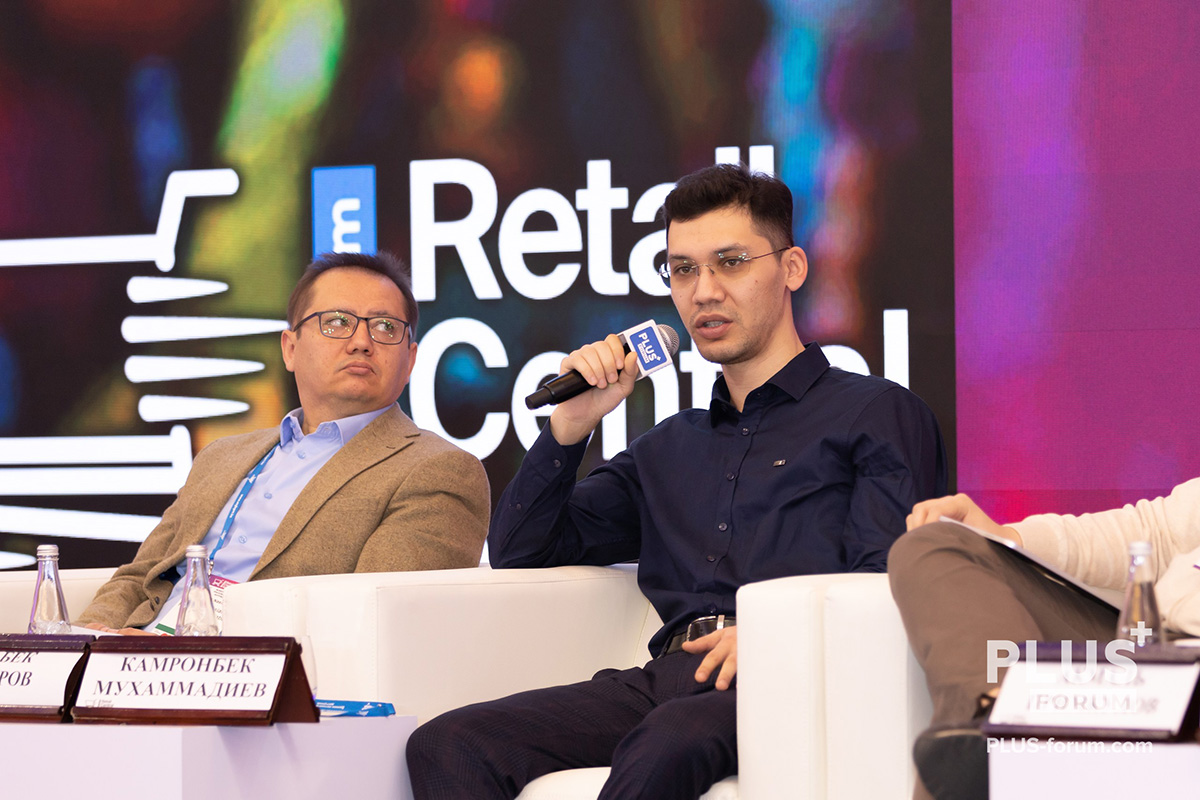 Kamronbek Mukhammadiev - National Agency for Perspective Projects
Kamronbek Mukhammadiev - National Agency for Perspective Projects
Kamronbek Mukhammadiev, Head of E-Commerce Regulation and Development, the National Agency for Perspective Projects, informed about key results and challenges in the field of eCommerce. According to the agency, the e-commerce market in Uzbekistan exceeded $1 billion in 2023 to amount to c.4% of the total retail volume. The speaker stressed that this was a significant increase compared to previous estimates, such as $350 million announced earlier. He noted that the arrival of local and foreign players, including Russian marketplaces, has become a key driver of growth.
“E-commerce is intensively developing, especially after 2020, when there was a sharp increase in interest in online commerce around the world.
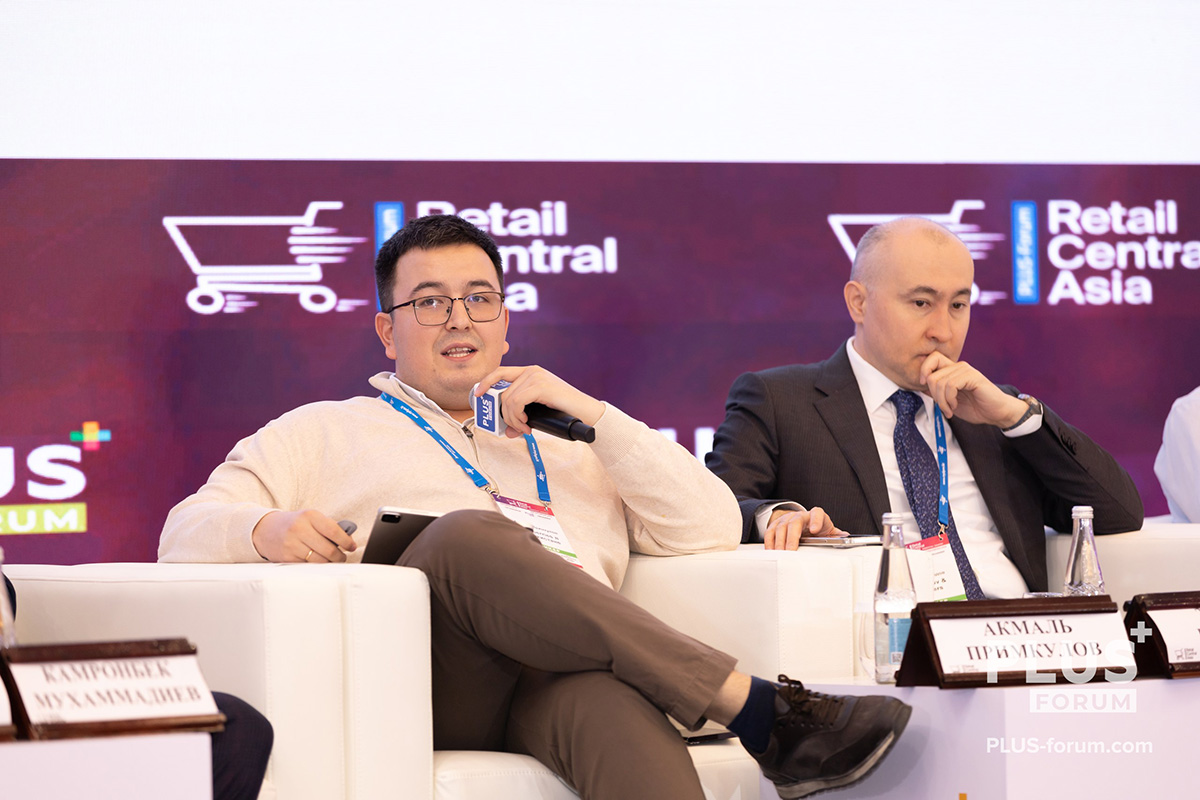 Akmal Primkulov - Wildberries
Akmal Primkulov - Wildberries
Wildberries Chief Representative in Uzbekistan Akmal Primkulov shared key indicators and plans for business development in the region. According to him, the sales volume of Uzbek goods through Wildberries amounted to $418 million in 2023. Among the most popular categories are textiles, tableware, household appliances, sportswear and children's goods. This result confirms the growing interest in products from Uzbekistan not only in the local but also in the international market.
“Our figures show that the demand for goods from Uzbekistan in the CIS countries continues to increase. We see huge potential for further growth,” Akmal Primkulov said.
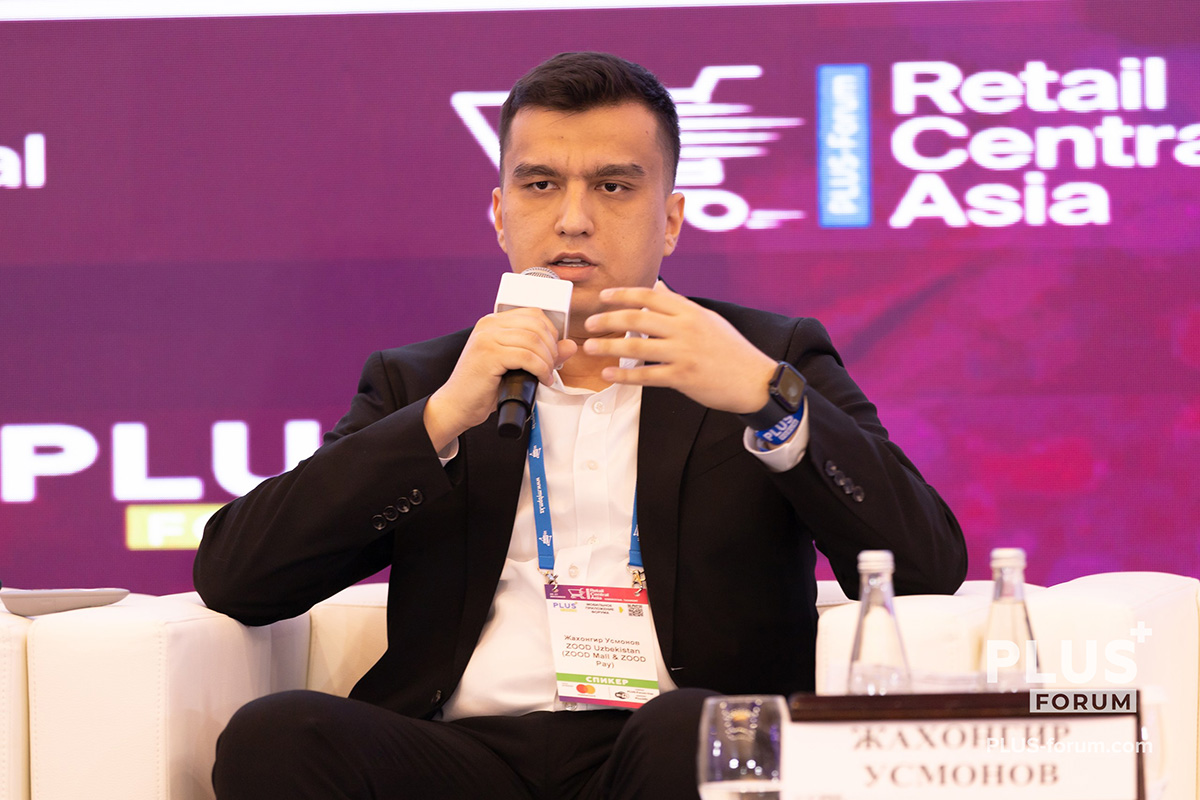 Jakhongir Usmonov - ZOOD Uzbekistan
Jakhongir Usmonov - ZOOD Uzbekistan
Jakhongir Usmonov, CEO, ZOOD Uzbekistan (ZOOD Mall & ZOOD Pay), shared his successful experience in developing e-commerce of fintech services. ZOOD Mall promotes the BNPL model energetically, offering consumer financing. Over 7 million users and more than 4 million products on the platform are a vivid example of how fintech is becoming a driver of e-commerce. In Uzbekistan, alternative forms of payment, such as instalments, are in particular demand, which is due to the religious and cultural characteristics of the region.
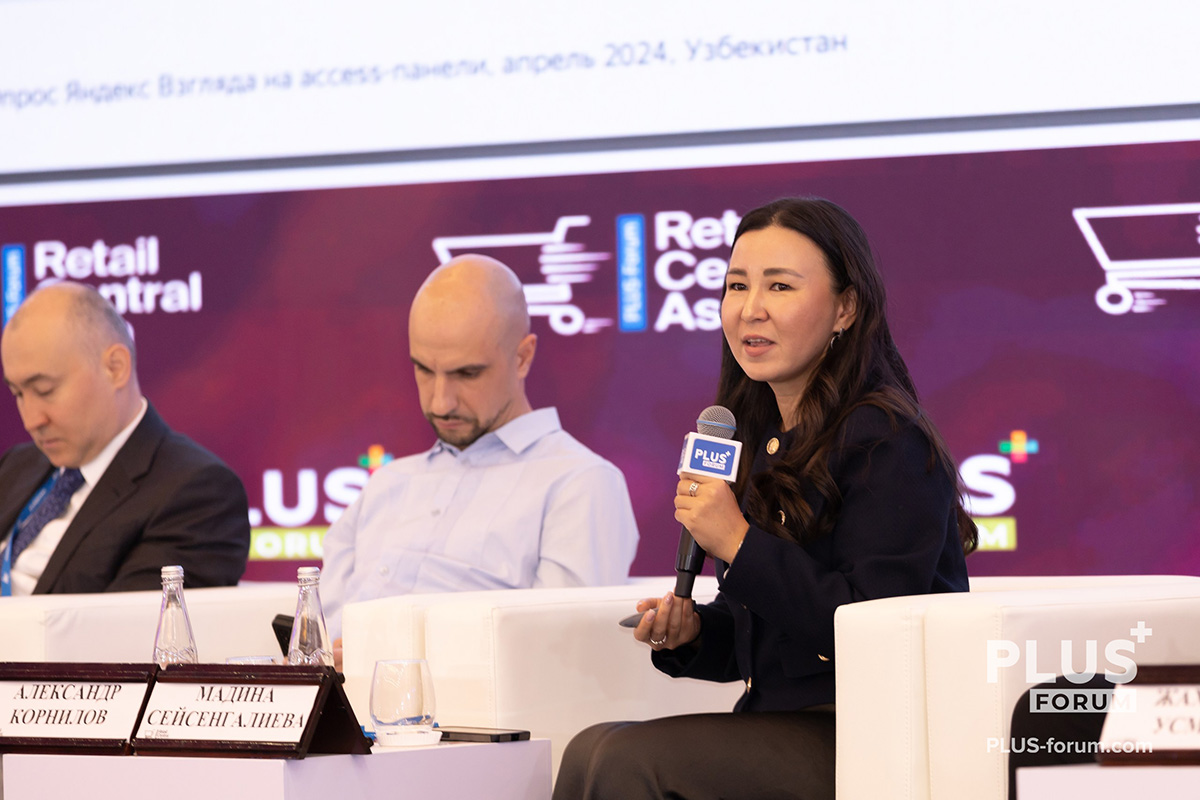 Madina Seisengalieva - YandexAds
Madina Seisengalieva - YandexAds
Madina Seisengalieva, Director, YandexAds in Central Asia, gave a presentation titled “E-commerce in Central Asia. Key trends in the industry development; how buyers’ needs are changing and what to pay attention to.”
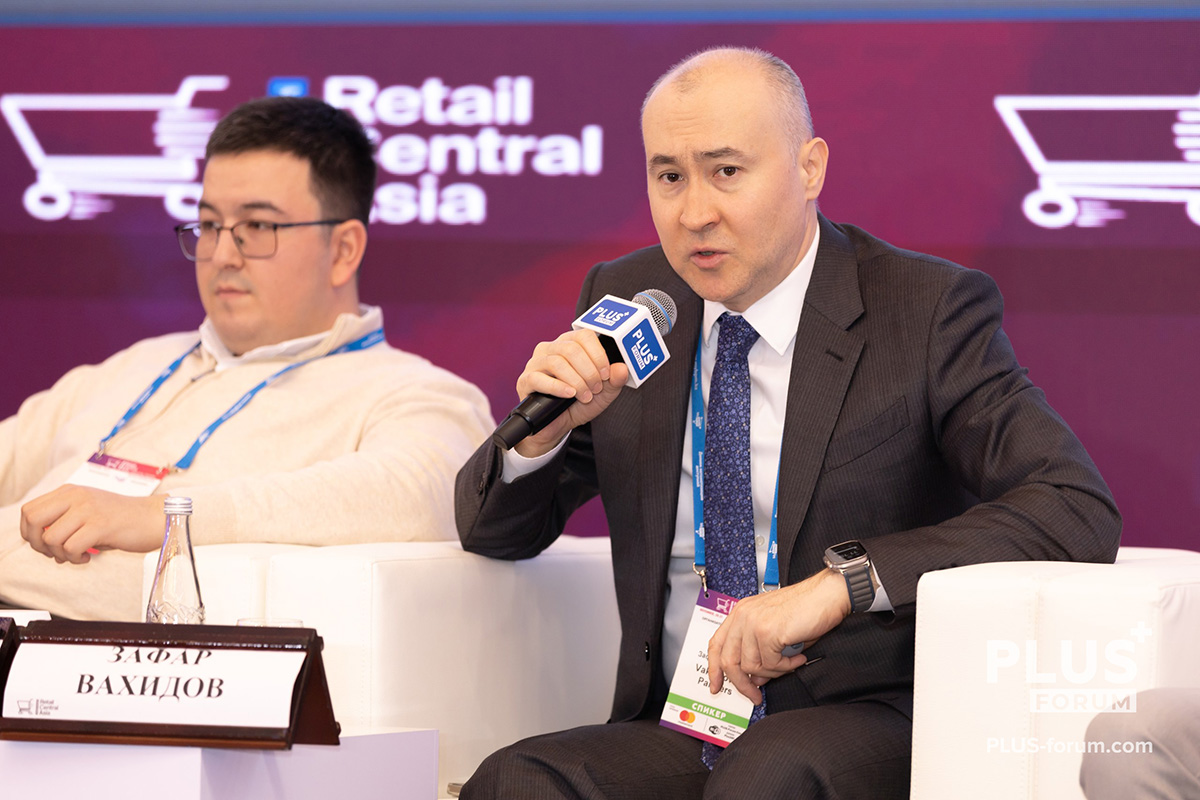 Zafar Vakhidov - Vakhidov & Partners
Zafar Vakhidov - Vakhidov & Partners
Zafar Vakhidov, Partner, Vakhidov & Partners, spoke about significant changes in the antitrust regulation of digital platforms in Uzbekistan.
These innovations affect key aspects of the operation of marketplaces and other digital economy participants. According to legislative amendments adopted in 2023, new terms have been introduced in Uzbekistan, such as “aggregators”, “crowdfunding platforms”, as well as criteria for identifying anti-competitive agreements.
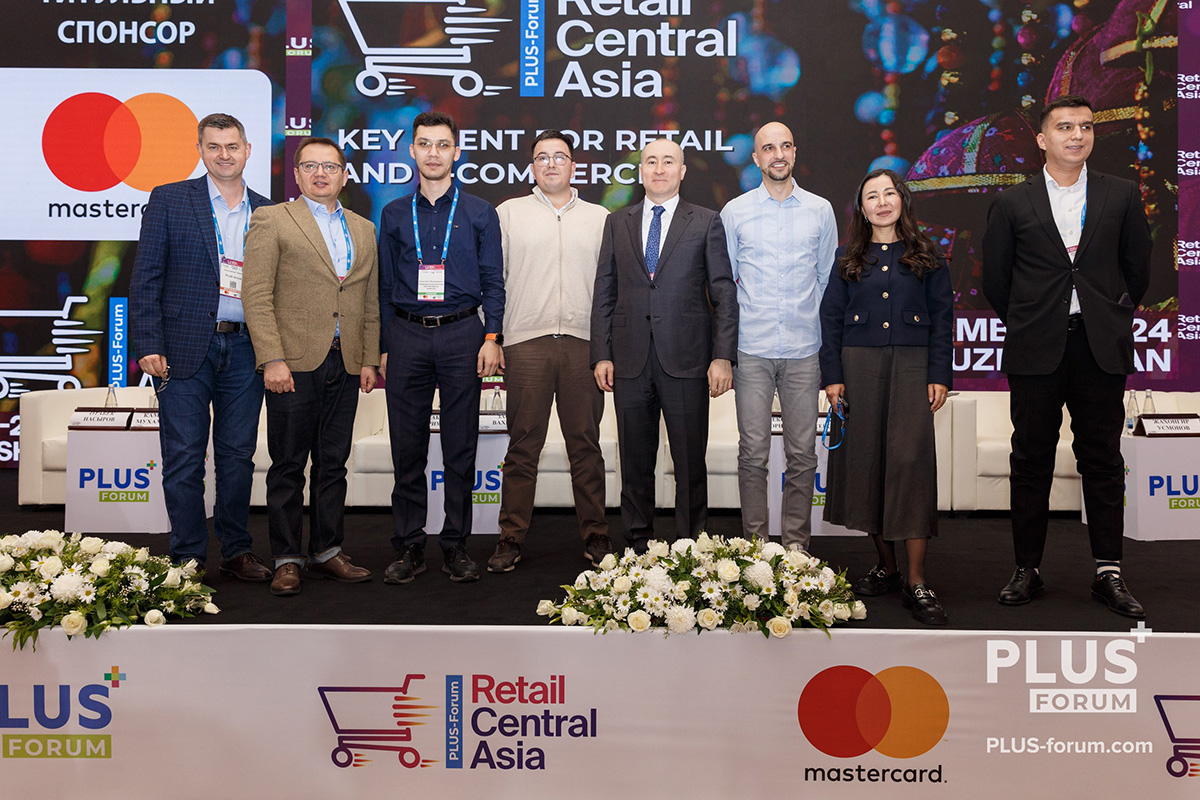 «eCommerce. Ключевые драйверы и новые точки роста»
«eCommerce. Ключевые драйверы и новые точки роста»
Summing up, the speakers noted that Uzbekistan is rapidly becoming an important player in eCommerce, and the development of this sector requires an integrated approach, including both legislative and technological reforms. Experts note that the pace of Uzbekistan sets benchmarks for the development of the entire e-commerce industry in Central Asia.
The key trends that shape the future of online and offline retail were discussed at the session “Retail and banks. Prospects for further interaction.”
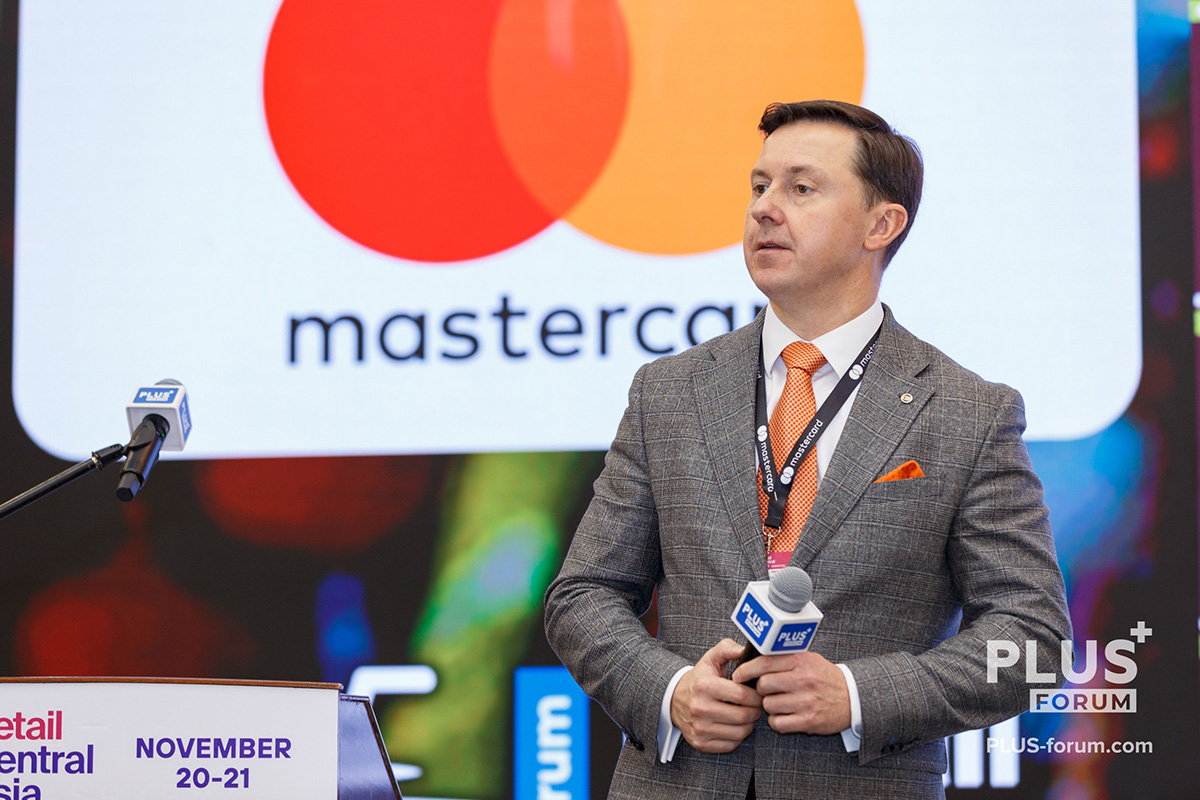 Rafal Trepka - Mastercard
Rafal Trepka - Mastercard
The session was moderated by Rafal Trepka, Vice President, Customer Solutions, Mastercard Eastern Europe and Central Asia.
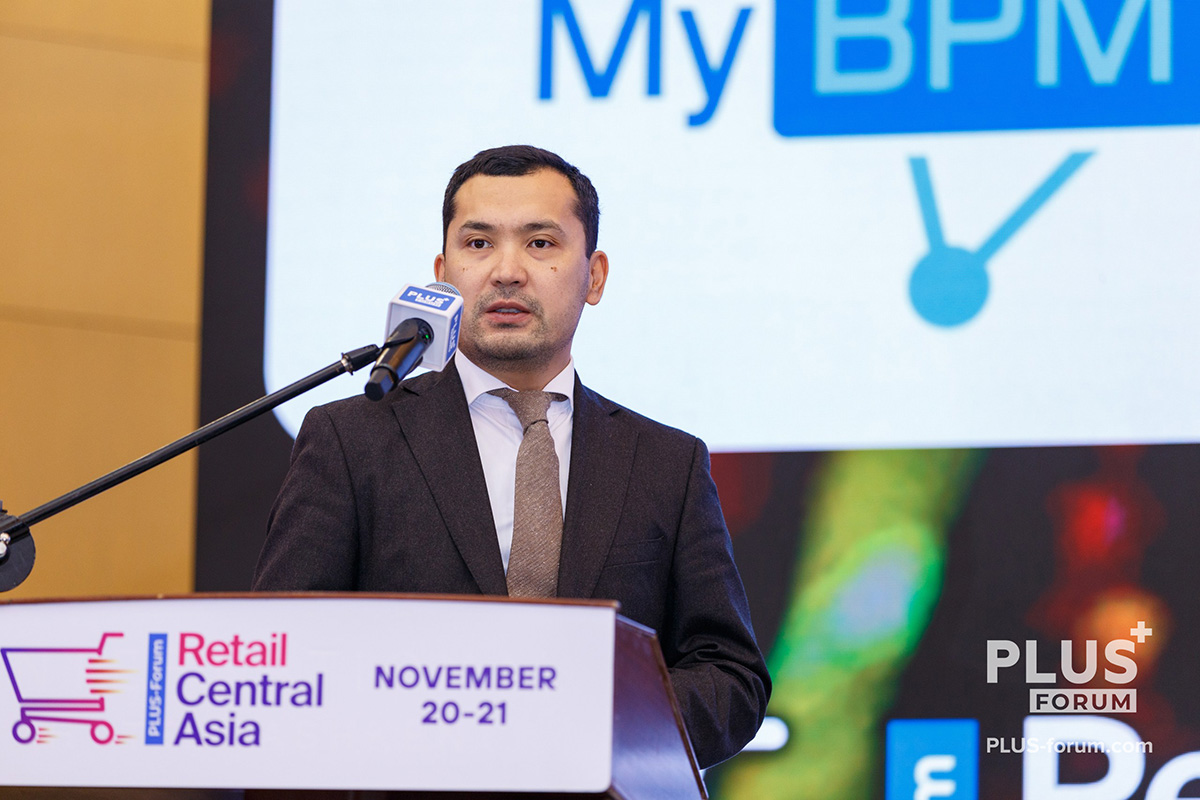 Bakhtiyar Sultan - Retail and Consumer Strategy& Eurasia в PwC
Bakhtiyar Sultan - Retail and Consumer Strategy& Eurasia в PwC
Bakhtiyar Sultan, Head of Retail and Consumer Strategy & Eurasia, PwC, noted that urbanization remains one of the main factors influencing the retail market. The growth of cities and the acceleration of the pace of life are forcing consumers to look for the most convenient shopping solutions. This trend is accelerating the development of the so-called Convenience 2.0, a concept where availability, convenience and freshness of products play the key role.
Another important trend is omnichannel, which is changing the concept of classic retail. Buyers expect a seamless experience, when offline and online are integrated into a single space. This trend, the expert emphasized, will only gain momentum in the next 5-10 years.
According to the speaker, the greatest impact on retail will be made by generations Z (12-27 years old) and Alpha (up to 12 years old), which will account for about 50% of the economically active population in countries such as Uzbekistan and Kazakhstan in 10 years.
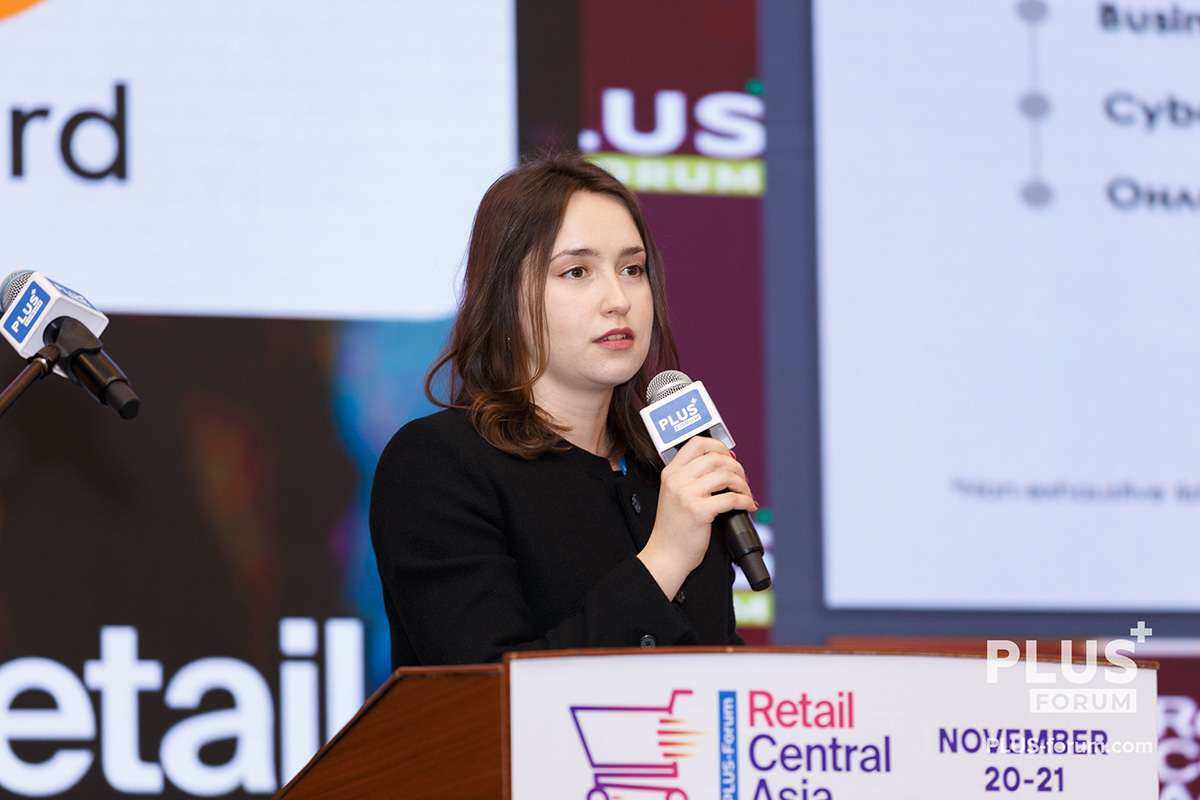 Daria Terkina - SMEs, Mastercard CIS
Daria Terkina - SMEs, Mastercard CIS
Daria Terkina, Head of SMEs, Mastercard CIS, discussed global trends in providing financial services to small and medium-sized businesses (SMEs) in the retail sector. The main areas of development were digitalization, cashless (including contactless) payments, access to capital and modern payment acceptance tools. To increase the availability of financial instruments, Mastercard launched the School of e-Commerce for SMEs in Uzbekistan. The initiative is aimed at supporting entrepreneurs through training in the use of digital tools.
 Bakhtiyar Asaubayev - Bereke Bank
Bakhtiyar Asaubayev - Bereke Bank
Bakhtiyar Asaubayev, Head of Remote Sales and Customer Service, Bereke Bank, spoke about key changes in working with corporate clients. The main goal is to improve customer experience and promptly resolve issues on the first try.
To this end, the bank proactively uses generative artificial intelligence (GenAI). Among its the key advantages are:
- Optimization of quality control.
- Personalized recommendations for clients.
- Systematization of feedback and identification of trends in client pain points.
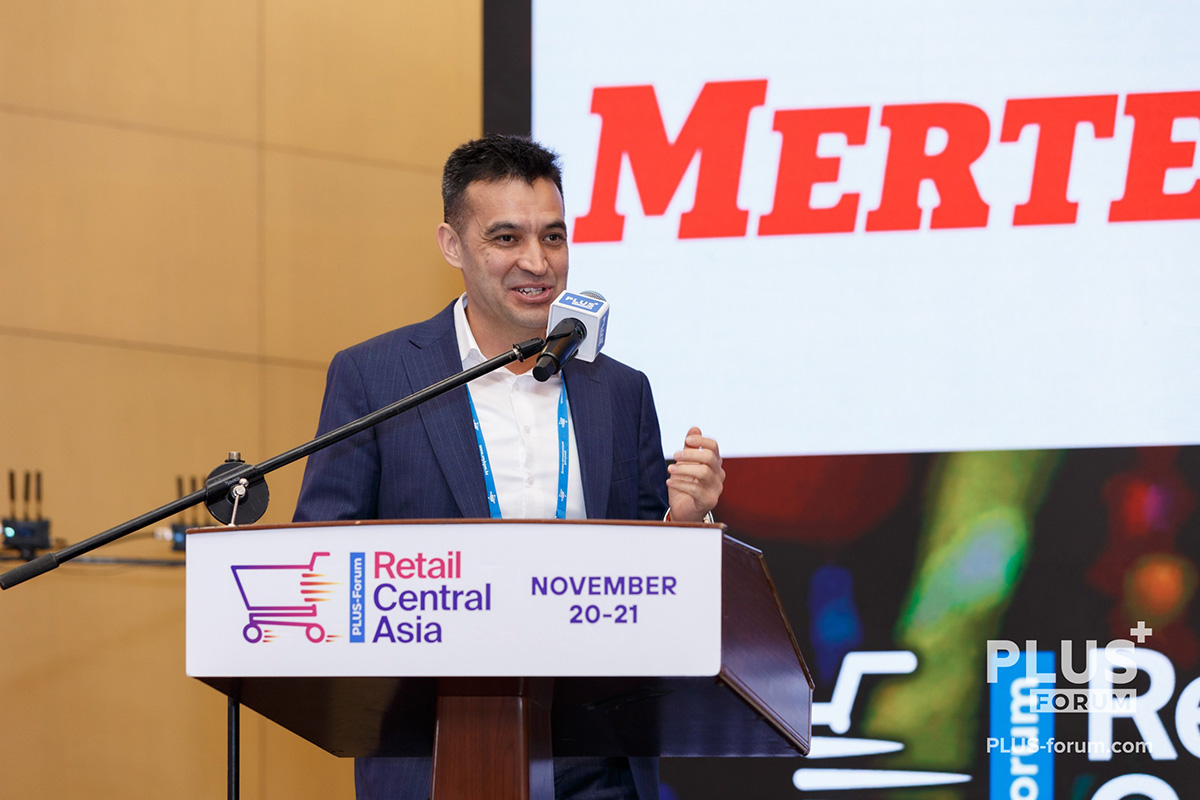 Ulugbek Tavakkalov - Центрально-Азиатская Финтех Ассоциация
Ulugbek Tavakkalov - Центрально-Азиатская Финтех Ассоциация
Ulugbek Tavakkalov, Expert Council Member, Central Asian Fintech Association, noted that competition is growing in the banking market of Uzbekistan. For example, several new players have recently appeared in the credit card segment. As for consumer lending, banks primarily practice microloans, while the number of offers for corporates, including primarily small and medium businesses, is also growing.
Since 2022, client onboarding has been introduced in the republic, and factoring is also beginning to be practiced. Various contactless payment instruments emerge.
The speaker paid special attention to the development of Islamic financing products in Uzbekistan. In conclusion of his speech, the expert predicted the emergence of BNPL services in the B2B segment, a new component on the Uzbek market, as early as 2025.
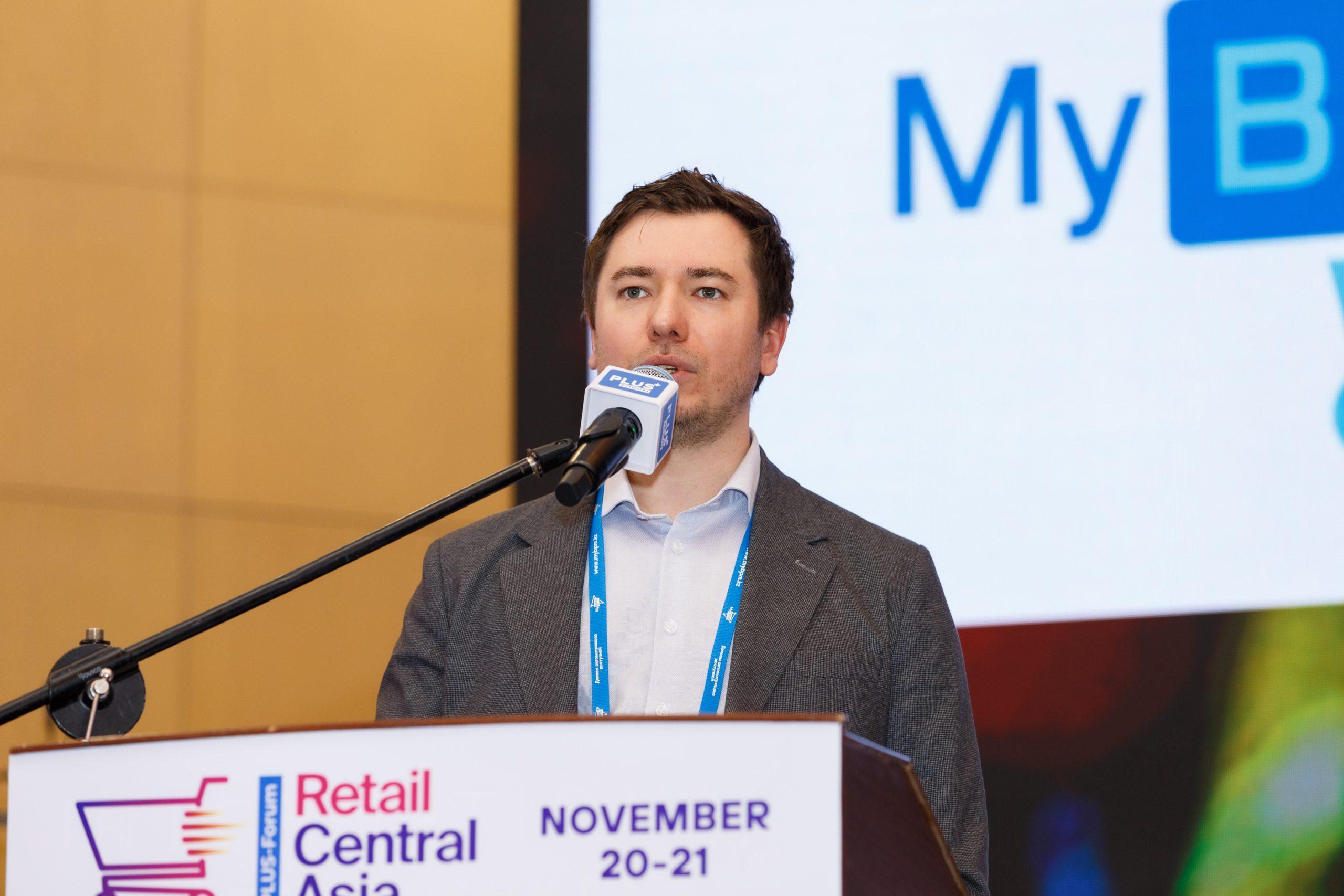 Dmitry Vakin - InterizeGroup
Dmitry Vakin - InterizeGroup
Dmitry Vakin, General Partner and Co-founder, InterizeGroup, spoke about a new vector of the banking services development through integration with other industries. The Industry 4.0 concept was first implemented in China, where the largest companies began to connect online and offline channels. New technologies, such as robotics and phygital solutions, are radically changing business process models. Data and its processing play a major role in this. One of the promising tools is neurosensory scoring, which allows for a deeper study of customers, determining their needs and improving the effectiveness of solutions.
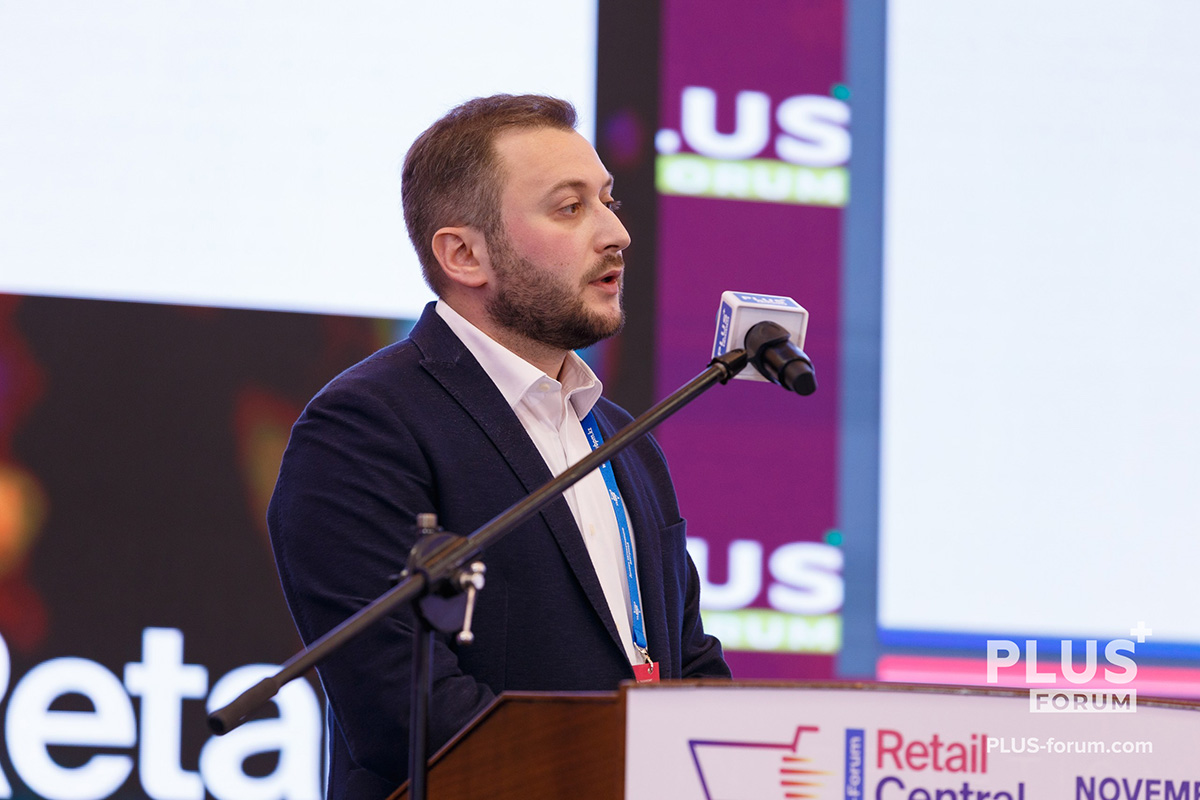 Arno Gzirov - CityPay.io
Arno Gzirov - CityPay.io
Arno Gzirov, Business Development Manager, CityPay.io, informed about an innovative crypto ecosystem in the region.
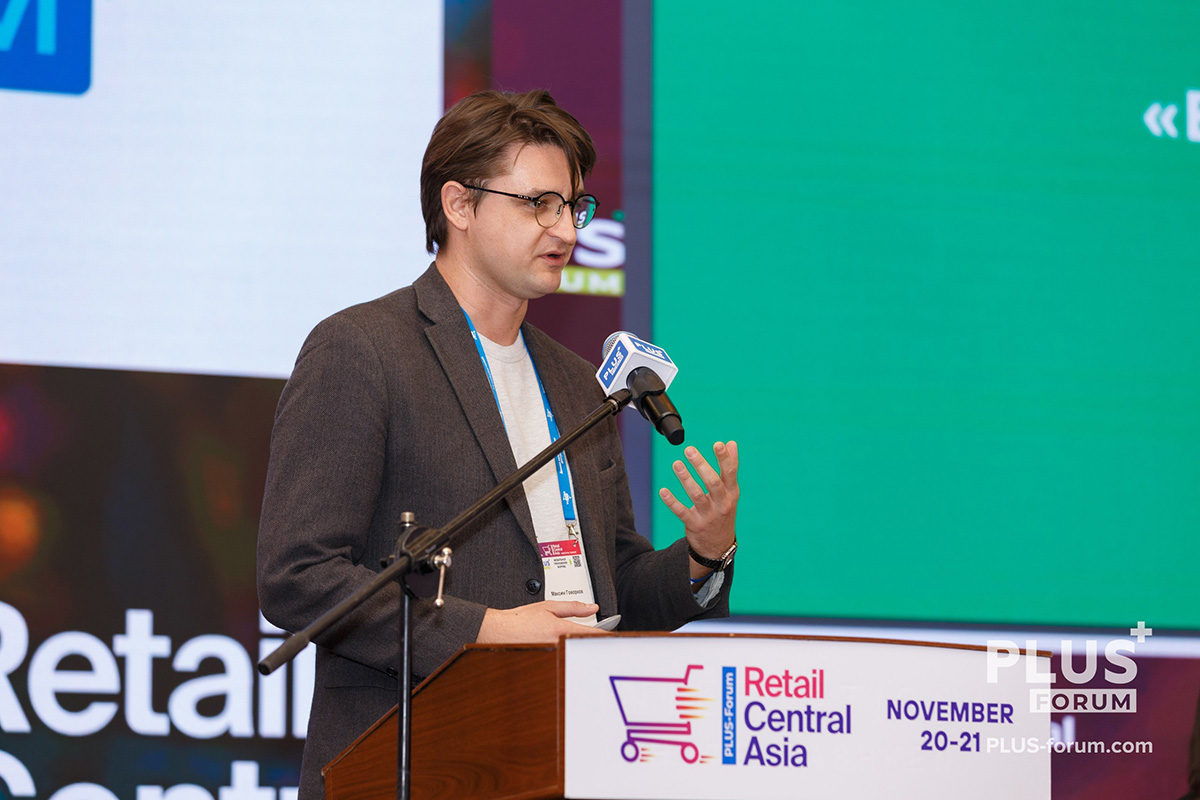 Maxim Govorkov - VkusVill
Maxim Govorkov - VkusVill
Maxim Govorkov, owner of the Offline Payment Solutions product, VkusVill, shared his experience of implementing a new payment method that the company offers to its 7 million customers. According to the research, customers were interested in being able to pay for purchases at an offline checkout using the details of their cards previously linked to a mobile application. As a result, the EshPay product was created, which significantly simplifies and speeds up the payment process at offline retail outlets. At the same time, this approach preserves all the possibilities of the client's participation in the loyalty programmes of both the bank and the retailer.
As part of the second day of the International PLUS-Forum Retail Central Asia, a round table was held under the title “HR in retail. How to make the human factor an ally?”. was dedicated to current challenges in HR management. The discussion was moderated by Victoria Tokova, HR Director, A GROUP MOTORS.
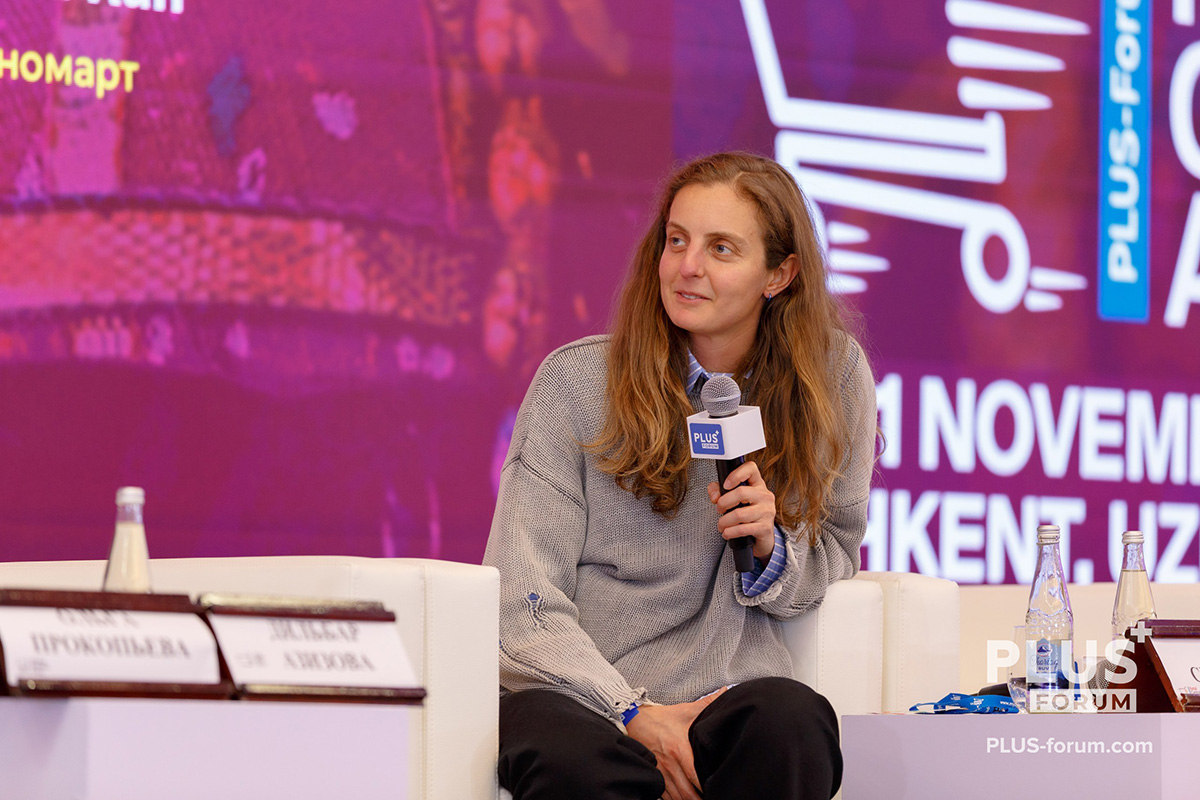 Anna Silagadze - ТВС PAYME
Anna Silagadze - ТВС PAYME
Anna Silagadze, HR Director, TVS PAYME, spoke about the implementation of AI in recruiting processes. Automation allows you to filter candidates and provide feedback, which significantly speeds up the hiring process. This approach allows HR specialists to focus on more important, strategic tasks.
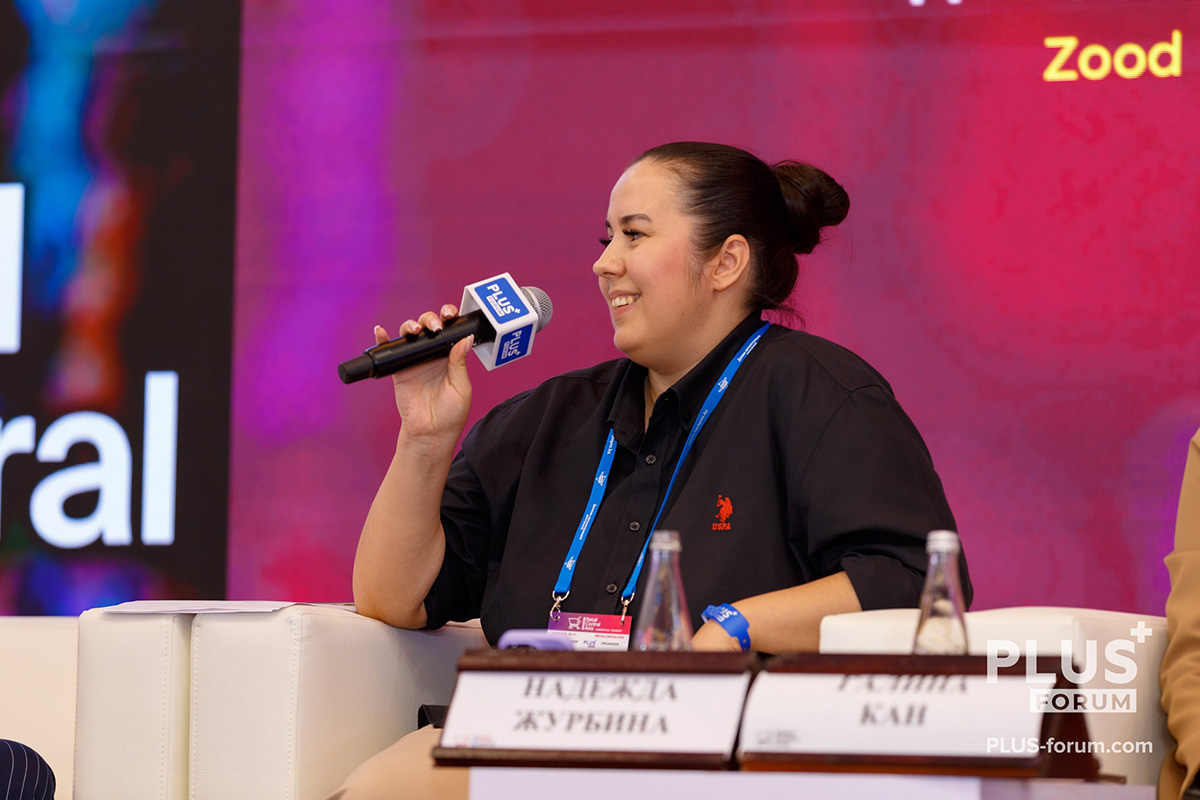 Nadezhda Zhurbina - Zood Mall
Nadezhda Zhurbina - Zood Mall
Nadezhda Zhurbina, HR Director, Zood Mall, stressed the importance of combining European experience with local features. The company actively uses internal referral programs to retain employees and forms initiative groups that implement AI to improve business processes.
Olga Prokopyeva, HR Director, Philip Morris, identified several key challenges for the labor market of Uzbekistan:
- Shortage of qualified personnel
- Informal employment
- Outflow of labor resources to neighboring countries
 Galina Kan - Technomart
Galina Kan - Technomart
Galina Kan, HR Director, Technomart, emphasized the strategic role of corporate culture. The company is developing online certification and training of employees, and starting from 2024, begins to use AI for personalized training.
The discussion showed that modern HR approaches require the integration of technologies, a deep understanding of local specifics and the creation of long-term strategies.
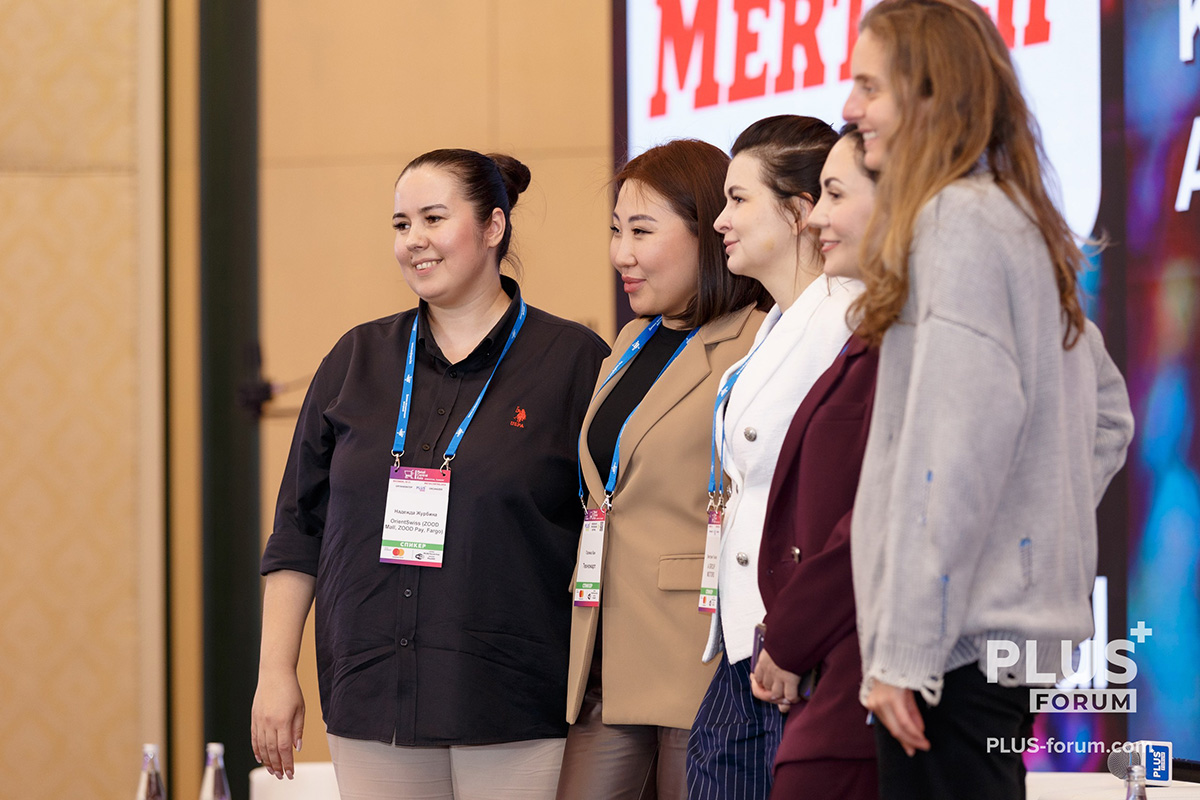
Examples of companies such as Philip Morris, Zood Mall and Technomart demonstrate that success in human capital management depends on the ability to adapt to new challenges, implement innovative tools and form a strong corporate culture.
One of the most common threats remains DDoS attacks, which are available, inexpensive and used en masse. This was discussed by experts at the session “Security in retail. Loss protection technologies".
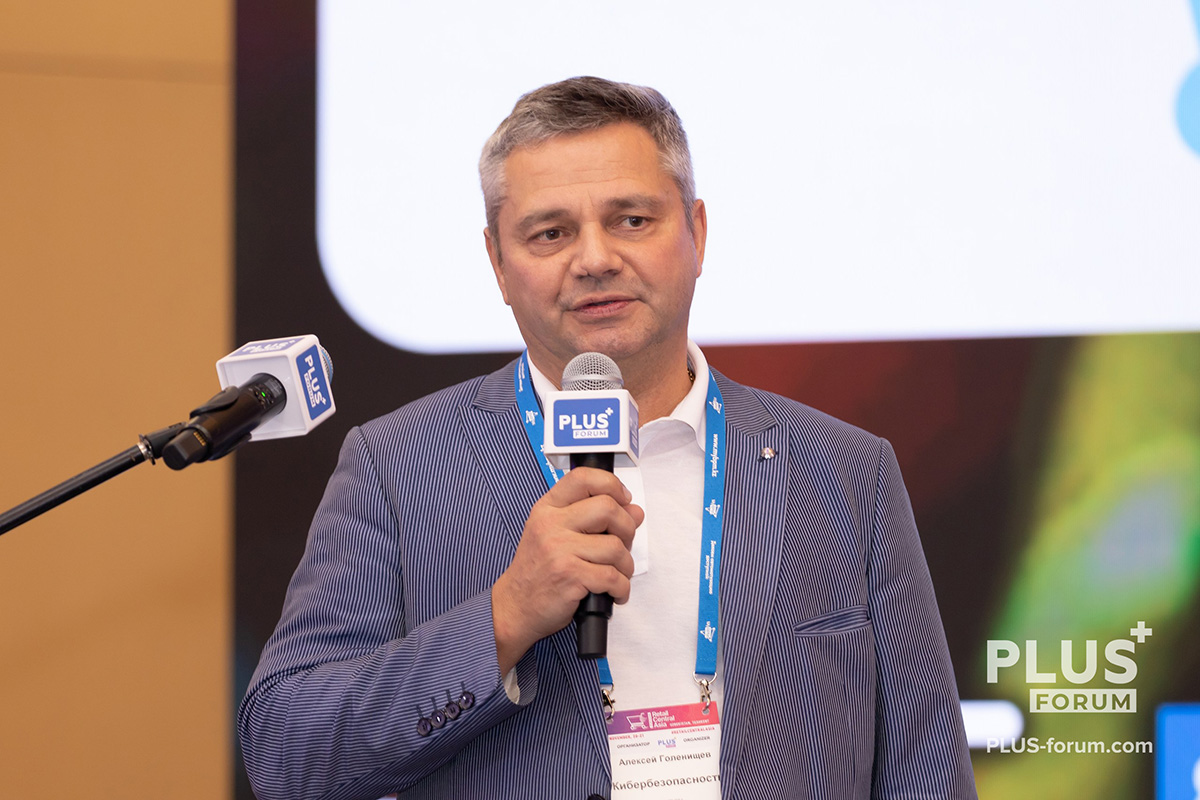 Alexey Golenishchev - independent expert
Alexey Golenishchev - independent expert
The session was moderated by Alexey Golenishchev, an independent expert (nearly 30 years of experience in anti-fraud and cybersecurity in top commercial banks and a mega-regulator). According to him, fraudsters stole 158 billion rubles from Russian citizens in Q4 2024. At the same time, according to Sber, fraudsters will manage to steal a quarter of a trillion (!) rubles this year. Telephone fraudsters using social (criminal) engineering techniques comprise the bulk thereof. Messengers are becoming the main channel for fraudsters, who use them with greater efficiency than regular phone calls due to, inter alia, the widespread use of deepfake technologies.
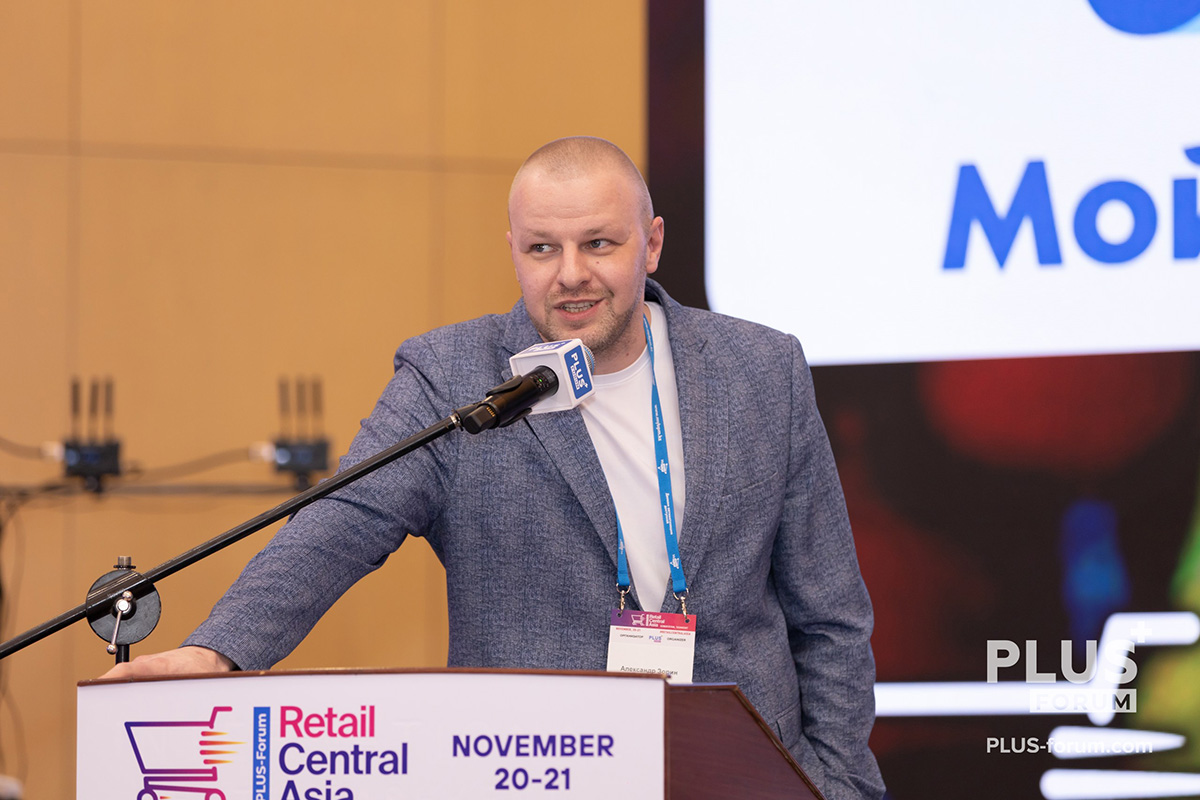 Alexander Zorin - Korzinka
Alexander Zorin - Korzinka
Alexander Zorin, Head of Information Security, Korzinka retail chain, spoke about the growing cyber risks for retail. According to him, cyber threats today resemble the eternal confrontation between an “all-piercing spear and an impenetrable shield.” One of the most common threats remains DDoS attacks, which are available, inexpensive and used en masse.
Alexander Zorin noted that the number of cyber-attacks grew by 18% in the period 2022-2023, with this figure to predictably reach 25% by 2024-2025. At the same time, retail ranks 7th among the industries most susceptible to attacks.
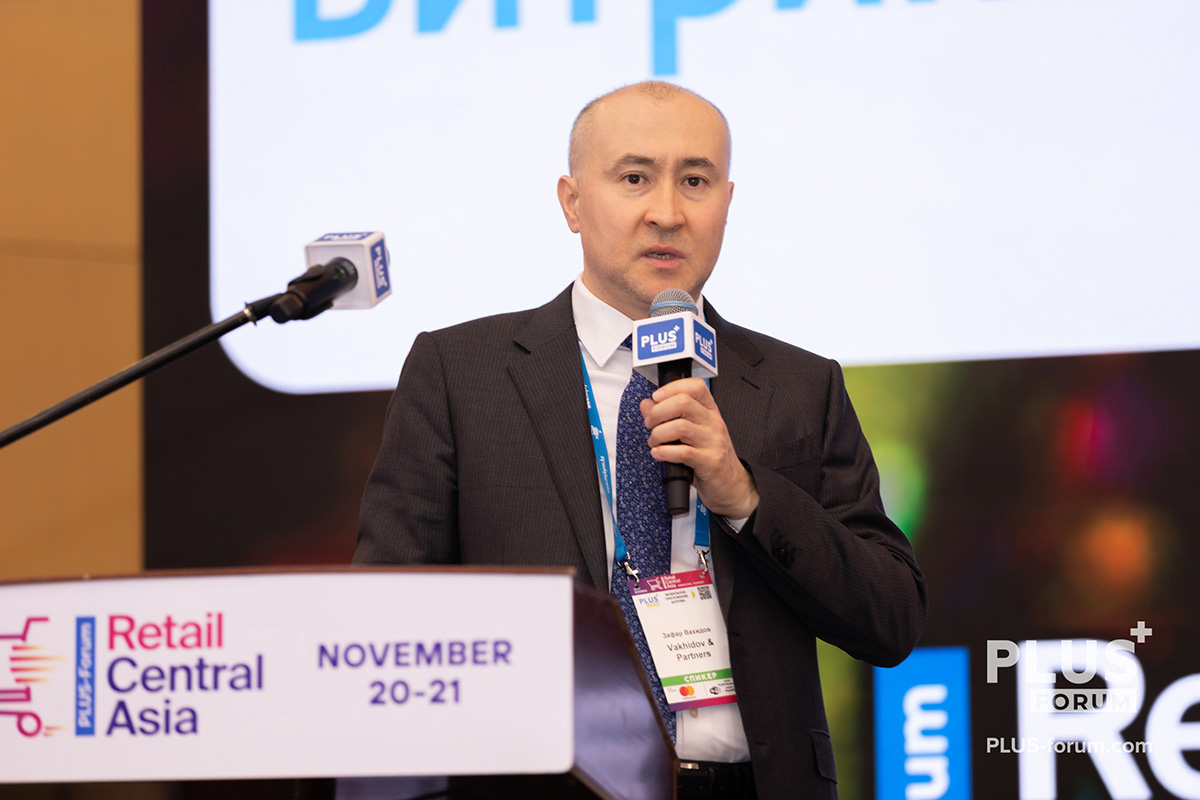 Zafar Vakhidov - Vakhidov & Partners
Zafar Vakhidov - Vakhidov & Partners
Zafar Vakhidov, Partner, Vakhidov & Partners, informed about some aspects of personal data protection in e-commerce in Kazakhstan and Uzbekistan.
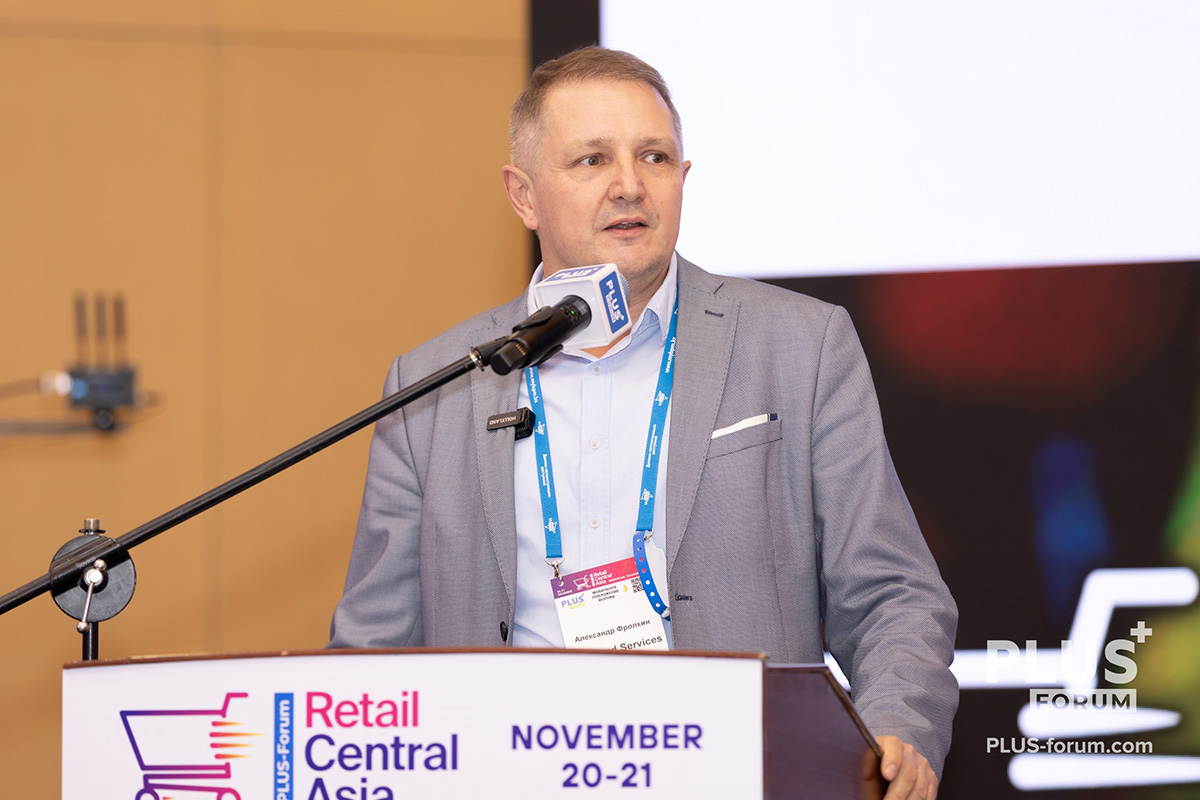 Alexander Frolkin - PS Cloud Services
Alexander Frolkin - PS Cloud Services
Alexander Frolkin, Chief Commercial Officer, PS Cloud Services, spoke about the implementation of cloud solutions for the largest companies in the region. An example was the deployment of IT infrastructure for LUKOIL. The project was implemented based on a non-standard server configuration and the use of VPN tunnels between infrastructure segments in two countries. Customers noted that the system operated smoothly, and its functionality and security met all the necessary standards.
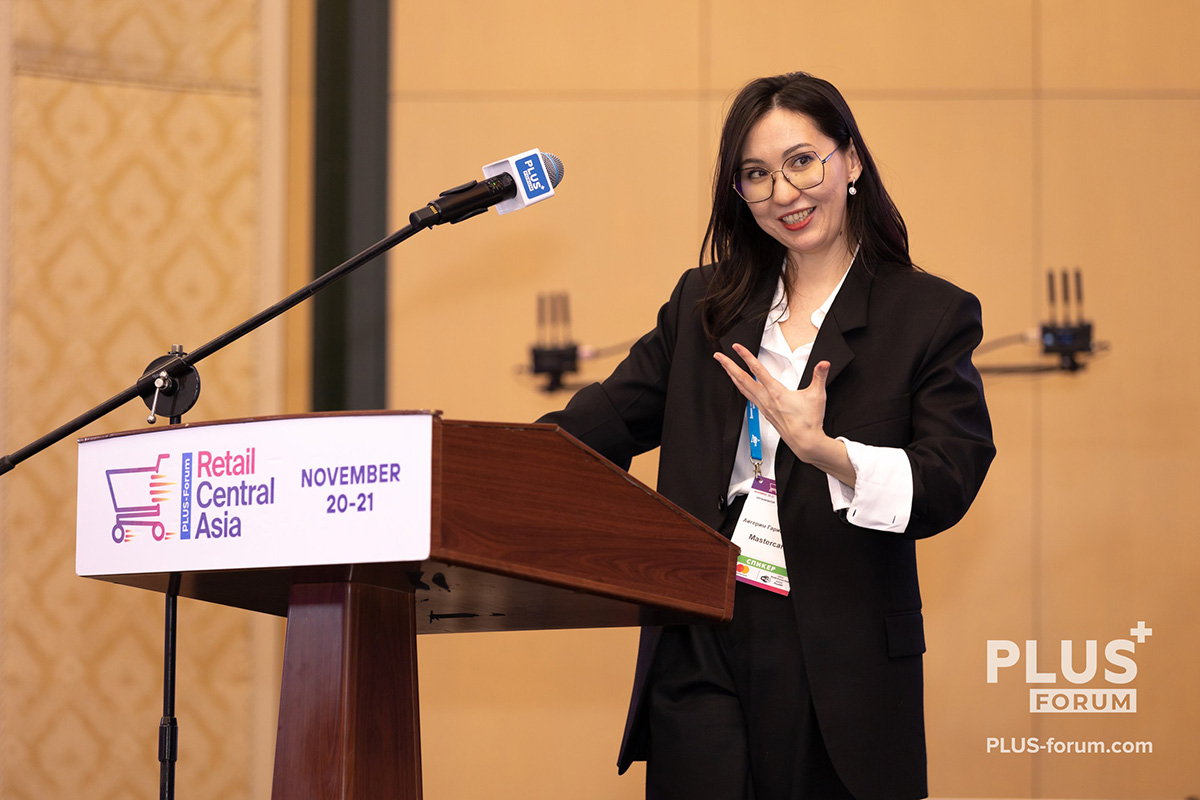 Aigerim Garifullina - Mastercard
Aigerim Garifullina - Mastercard
In her report, Aigerim Garifullina, Head of Cybersecurity Solutions Development, Mastercard CIS, discussed a relevant topic such as dispute and chargeback management in cross-border payments. The increased interest of market participants in these issues, according to the expert, indicates the active development of the e-commerce market of Uzbekistan not only within the republic, but also in the cross-border direction. According to some forecasts based on the research findings, the Central Asian market will demonstrate a double-digit growth annually by 2032. Against this background, chargeback payments are becoming a very important component of business.
The solution, as in many similar cases, is the automation of chargebacks. In this context, the speaker shared her experience of using the respective Mastercard solution, paying special attention to its capabilities in terms of savings and flexible adaptation to specific market conditions, including the specifics of the Uzbekistan market.
 Pavel Lee - Compliance Control
Pavel Lee - Compliance Control
Pavel Lee, auditor-consultant, Compliance Control, devoted his speech to social engineering and the main vectors of criminal attacks in 2023-2024.
As the expert noted, 71% of phishing attacks involve Spear phishing – a targeted form of phishing, where fraudsters use social engineering tactics to trick individuals or entire organizations into disclosing confidential information.
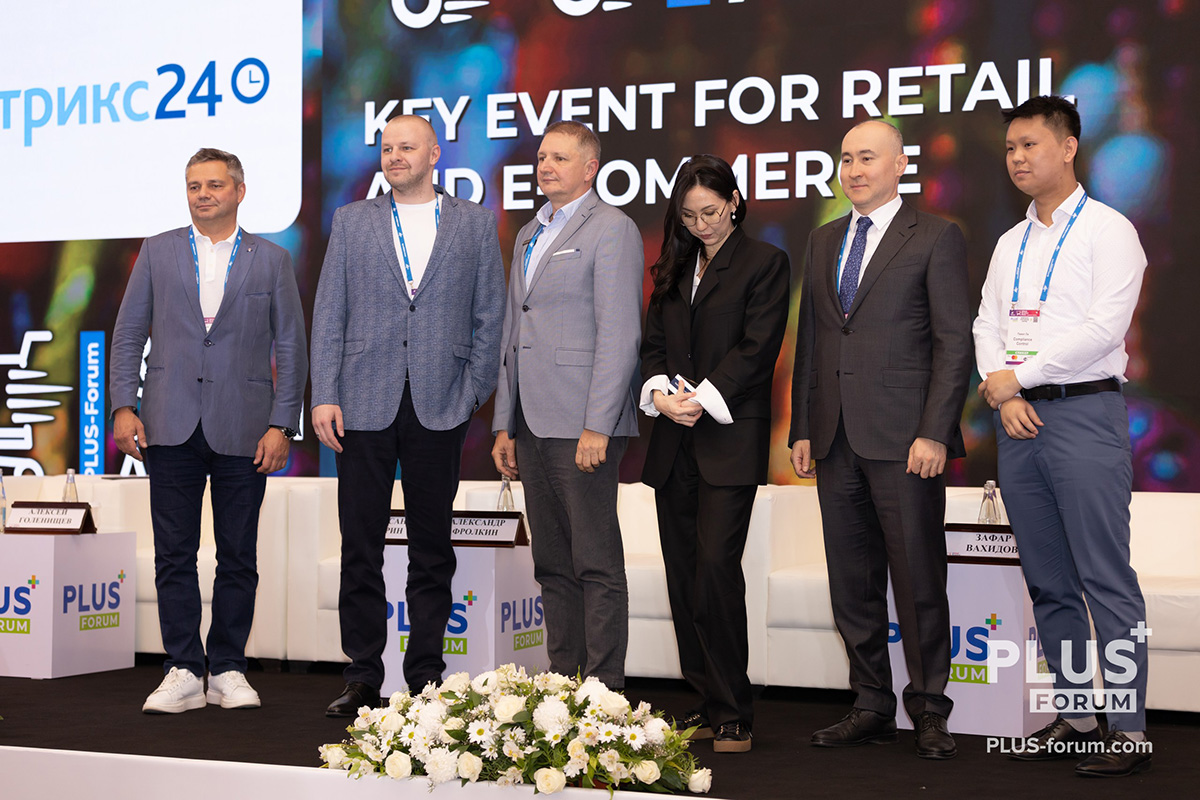
The experts paid special attention to specific recommendations that can help protect yourself and your company from various forms of fraud, and to advice on how to prevent losses from data compromise.
See you at the PLUS Forums in 2025!
The PLUS-Forum platform has been on the market for 16 years already. During this period, it has rightly won a reputation of a key industry event both in Russia and in other CIS countries. In recent years, the PLUS team has been particularly focused on the markets of not only in Russia, but also in neighboring countries, and primarily in Central Asia. To this end, a series of new events targeting these markets have been organized over the past four years. And they have already managed to declare themselves as the largest and most popular platforms in the region!
A detailed report from our new event, the – International PLUS-Forum Digital Tajikistan, will be published soon. The Forum took place in Dushanbe (Tajikistan) on November 25, 2024
We invite you to join our programme of large-scale international events. Registration and receipt of application forms are already open for Speakers, Sponsors and Partners!
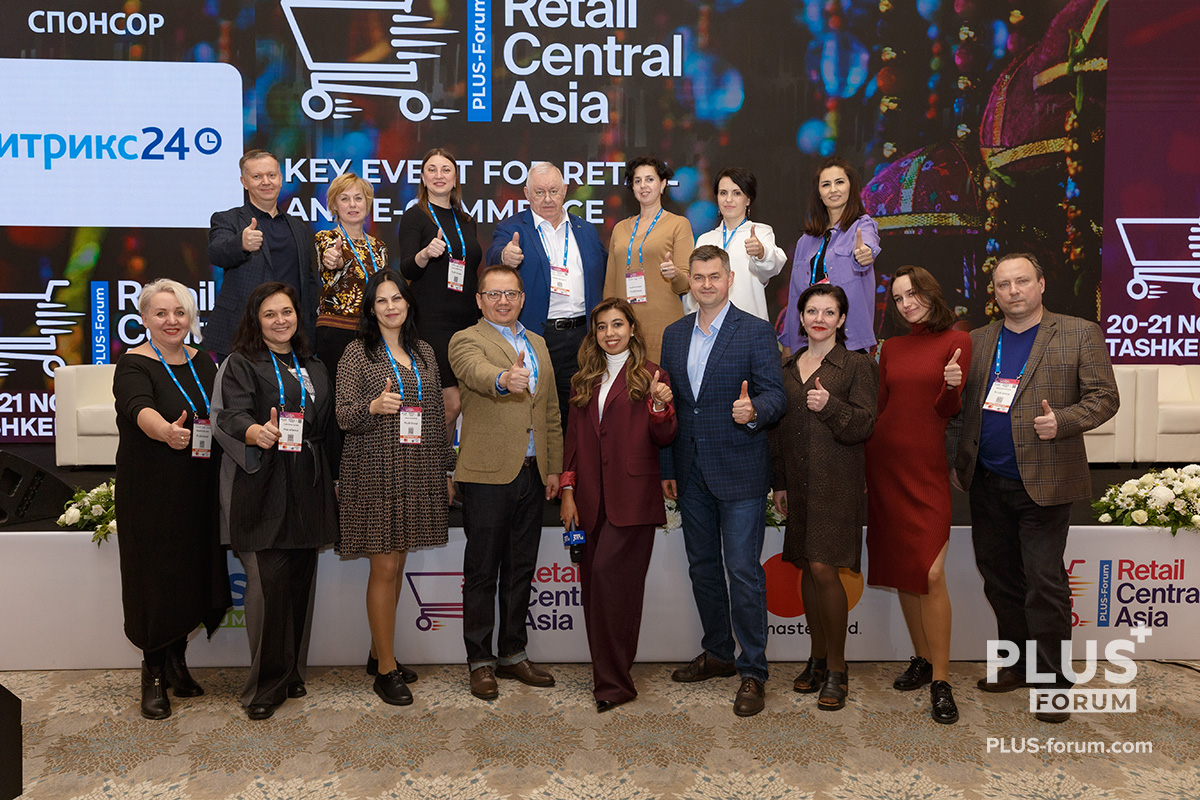 Команда ПЛАС - Форума
Команда ПЛАС - Форума
See you at the PLUS-Forums!
